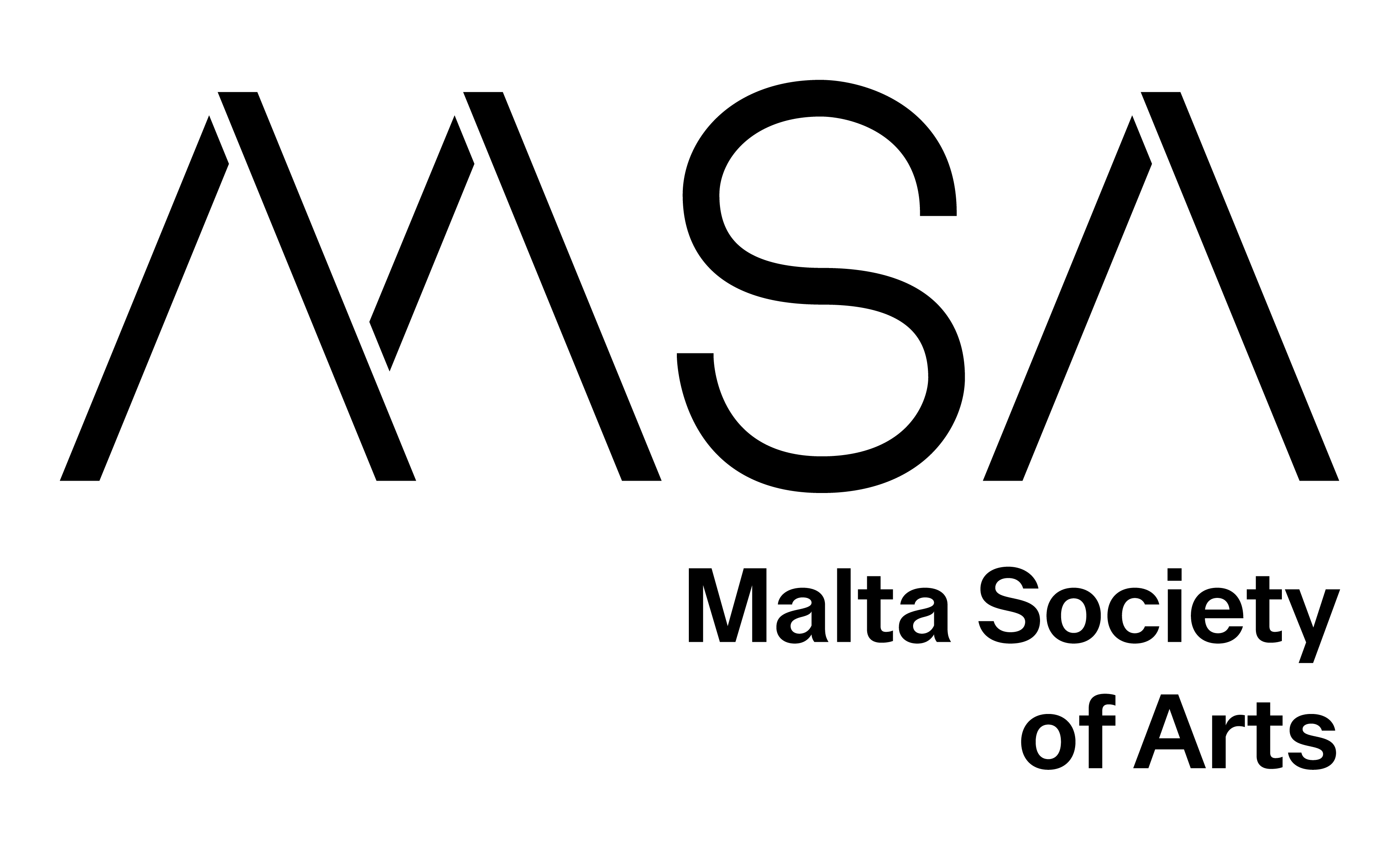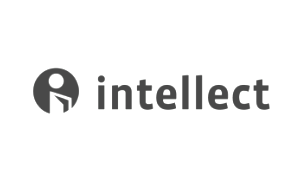Interdisciplinary Conference
TABOO - TRANSGRESSION - TRANSCENDENCE
in Art & Science
27-29 September 2023, Malta Society of Arts, Valletta
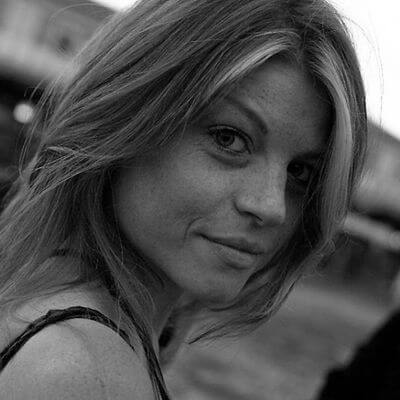
is an art historian and curator of contemporary art. Her research focuses in particular on artistic processes that interrogate new media, with a focus on the anthropological implications that techno-capitalism, migratory phenomena and environmental alterations are having on individual and collective identities.
She has developed projects at numerous contemporary art events, including: I and II edition Something Else - Off Biennale Cairo, 56th and 57th Venice Art Biennale, 15th Venice International Architecture Biennale, 15th Istanbul Biennale.
Her latest project ‘THE ETERNAL BODY. The human senses as a laboratory of power between climate crisis and transhumanism', represents an investigation of the scientific and cultural categories of olfactory pollution and noise pollution. Conducted thanks to the ITALIAN COUNCIL award, it was presented at L’Orientale University of Naples; Tor Vergata University of Rome; Giudecca Art District, Venice; Pitti Fragrance, Firenze and Palazzo delle Esposizioni, Roma. She is about to start teaching at a Master in "Olfactory Design" at Politecnico of Milano.
Italy
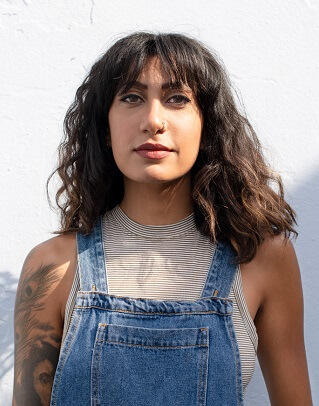
Palestinian-Canadian artist Jude Abu Zaineh uses a multidisciplinary approach to discuss nostalgia, home, and place- making. Maqlouba (a traditional Palestinian dish) is at the heart of her work in an attempt to understand transnationalism and cultural identity. Abu Zaineh's research into immigrant food practices allows her to further explore what it means for Palestinians to exist in a migratory space of ""in-betweenness""; attempting to conform and adapt to the cultures and traditions of their new homesteads while maintaining a connection to their Palestinian heritage and identity. Her socially engaged work examines the use of traditional Palestinian foods as an alternate platform by which people can enter an informal conversation around personal and collective stories, memories and shared experiences surrounding cultural, historical, political discourse, and community.
United States
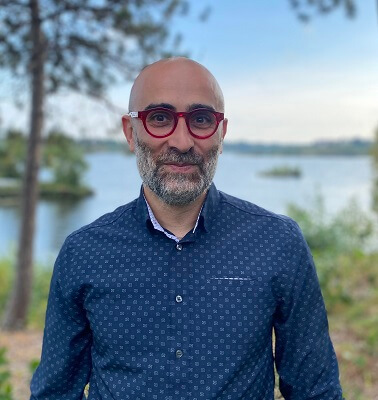
Simon Adam is a critical social scientist. His program of scholarship focuses on mental health--its various institutional and discursive dimensions, the consumer/survivor/mad experience, and alternative and counter-hegemonic ways of conceptualizing mental illness, suffering, and crisis. His work considers what is currently termed 'mental illness' as largely a product of social, economic, and political apparatuses, while examining how medicalization pathologizes what is often known as 'the human condition.' Simon works with various communities, including psychiatric survivors and psychiatric consumers/survivors, the mad community, and neurodivergent people.
Canada
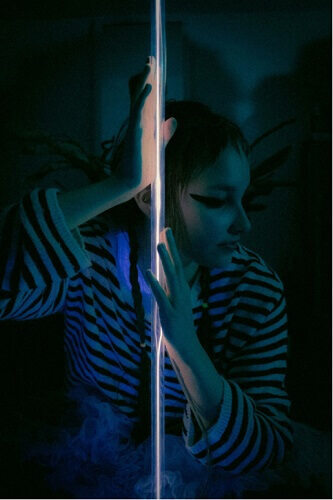
Angelina Almukhametova is a US-based artist whose work investigates cybernetics and techno-culture through digital and analog technologies which are set in conversation with each other. Her research, deeply rooted in experimentation, manifests as sculptures, custom built softwares, performances, electronics, and installations. She holds a BFA in Art and Technology from the School of the Art Institute of Chicago (2020) and has exhibited work and performed in New York City, Chicago, Houston, Zürich, Iceland, and Detroit (forthcoming). She has led workshops at the School of the Art Institute of Chicago and the Experimental Sound Studio in Chicago. In 2022, she was a hacker in residence at the Swiss Mechatronic Art Society in Zürich, Switzerland. She currently works as a technology specialist at Lewis & Clark College in Portland, Oregon.
United States
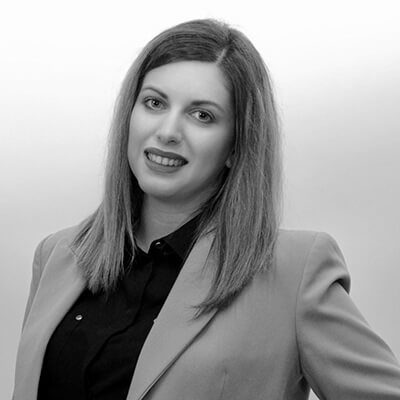
Dr Sonia Andreou is an Adjunct Lecturer at the Department of Multimedia and Graphic Arts, Cyprus University of Technology. In the past she has taught at the University of Central Lancashire and University of Portsmouth. She has delivered modules on advertising and visual communication, graphic design and research methods. She is a graduate of the Cyprus University of Technology in the field of Graphic and Multimedia Arts. She continued her studies at the University of Essex (U.K.), obtaining an M.A. in Art History and Theory in 2013. Sonia gained her PhD in Visual Communication and Semiotics from the Department of Multimedia and Graphic Arts of the Cyprus University of Technology in 2017. She taught modules related to visual communication, creative industries, graphic design and advertising for B.A. and M.A. level, at the University of Portsmouth and Cyprus University of Technology. Her professional activities include the reviewing of papers for scientific journals and the organization of academic conferences. Her research interests include the analysis of advertising, visual communication and popular culture, with the aid of sociological theories, as well as their interpretation through a combination of quantitative and qualitative methods.
Cyprus
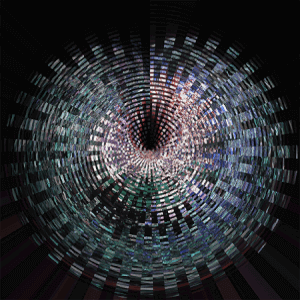
Portugal
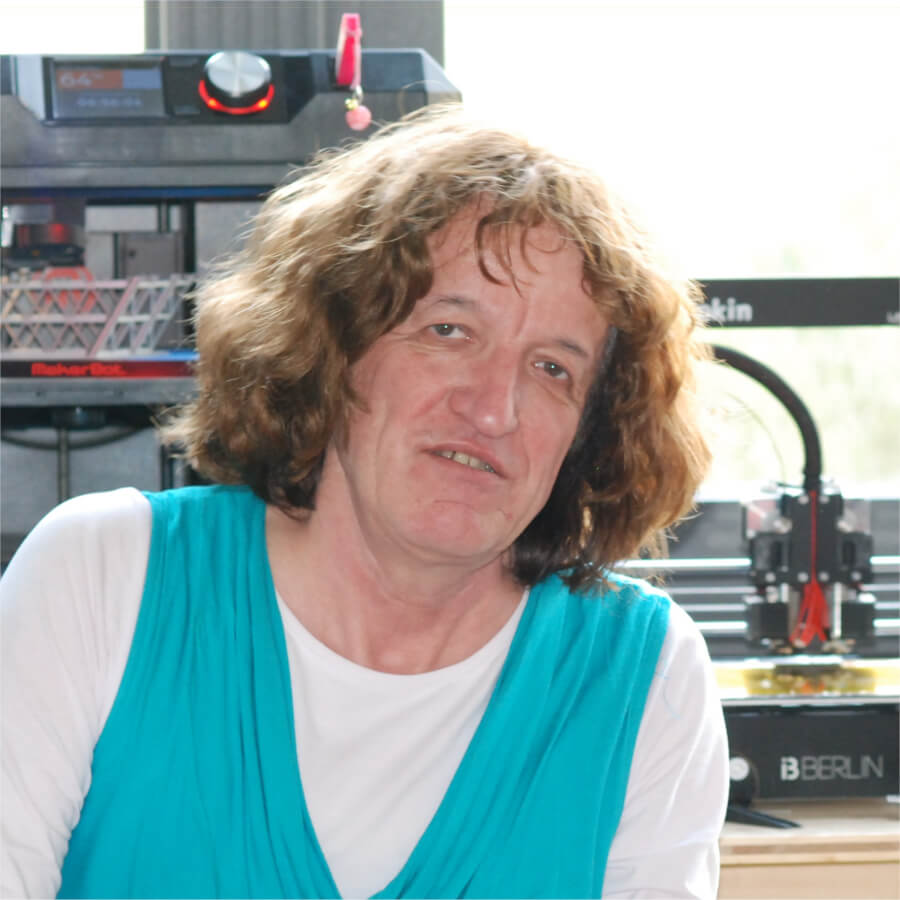
Rudolf Arnold studied mathematics and physics at the University of Ulm and became a teacher at a vocational grammar school. Since 1980, he has conducted several media education projects. He was cofounder of Radio free FM, which got on air in 1995. In 1996, he produced an award-winning radio feature about ecstasy. Since 2006, he has been a successful Cosplayer. In the role of Hatsune Miku, a teenage virtual Japanese popstar, he was an essential part of the international performance Still Be Here. In 2013, he joined the smart fashion community. Since 2014, he has been an experimental musician. In 2016 and 2017, he won awards at Fashion Hack Day Berlin. 2018, he created a novel sensor with sex researcher Dr Nicole Prause. This sensor became the key component of a system for the sonification of sexual arousal and was presented at the 4th International Congress on Love and Sex with Robots. The PLAY ME system was also presented at the 4th interdisciplinary conference Taboo – Transgression – Transcendence and at the 1st Experimance Festival Saarbrucken. At the 7th International Congress on Love and Sex with Robots, he presented his first thoughts about a Pleasure Spacesuit Prototype. Parts of this work and PLAY ME were included in a presentation during the Convergence - Seminar on technological and somatic perspectives on interdisciplinary artistic practices in 2023 at the Royal Conservatoire Antwerp. In July 2023, he became a member of SEADS (Space Ecologies Art and Design), a transdisciplinary and cross-cultural collective of artists, scientists, engineers and activists. During an art show at the Interdisciplinary Conference Taboo – Transgression – Transcendence in Art & Science 2023 in Malta, he presented the narrative audio Cosmic Caresse, which is based on his current fashion and research project, A Multisensory Pleasure Suit for Space Sexology and Earthly Delights.
Germany
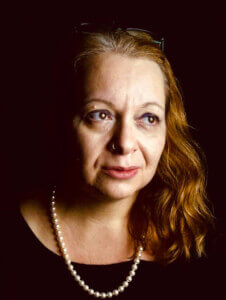
Dr Maria Athanasekou completed a PhD in art history at the School of Architecture, National Technical University of Athens, on the art of the Pre-Raphaelites, an MA in Renaissance Studies at the University of London, Birkbeck College and a BA in Archaeology and History of Art at the National University of Athens. Currently, she is completing her post doc research at the University of Western Macedonia on Art and Education policy. She teaches art history at Frederick University, Cyprus and the Hellenic Open University, while in the past, among other institutions, she taught at the University of the Aegean and the National Technical University of Salonica. She has also delivered papers in a number of international conferences which have been published and contributed with chapters to books, as well as having published two e-books on art and education. She has edited and co written the book “Why art concerns me” (Γιατί με αφορά η τέχνη, Ηδυέπεια, 2020).
Greece

Born in 1968, Irini Athanassakis lives and works as artist and author in the Paris Region, France and on Kea Island, Greece. Trained in Sculpture, Transmedia Arts (Magistra of the Arts) Transfer of Science, Art history and Philosphy (Doctor of Philosophy, University of Applied Arts, Vienna: Die Aktie als Bild, Edited by Springer, Vienna/New York) and economics, she has been working with and about milk and questions of in/fertility and questions of women’s bodies for over ten years. She uses and consideres milk as material and matter that matters and also reflects on milk as system of inclusive economics. She edited the book MILK. Gabe, Lust und Verlust with Passagen Editors, Vienna. The book won the Austrian Award fort he the most beautiful Art book in 2018. Currently she is questioning the concept of KORE, as female figure and her contemporary and future forms being a fellow at w+k interuniversitäre Einrichtung für Wissenschaft und Kunst in Salzburg. www.iriniathanassakis.eu
France
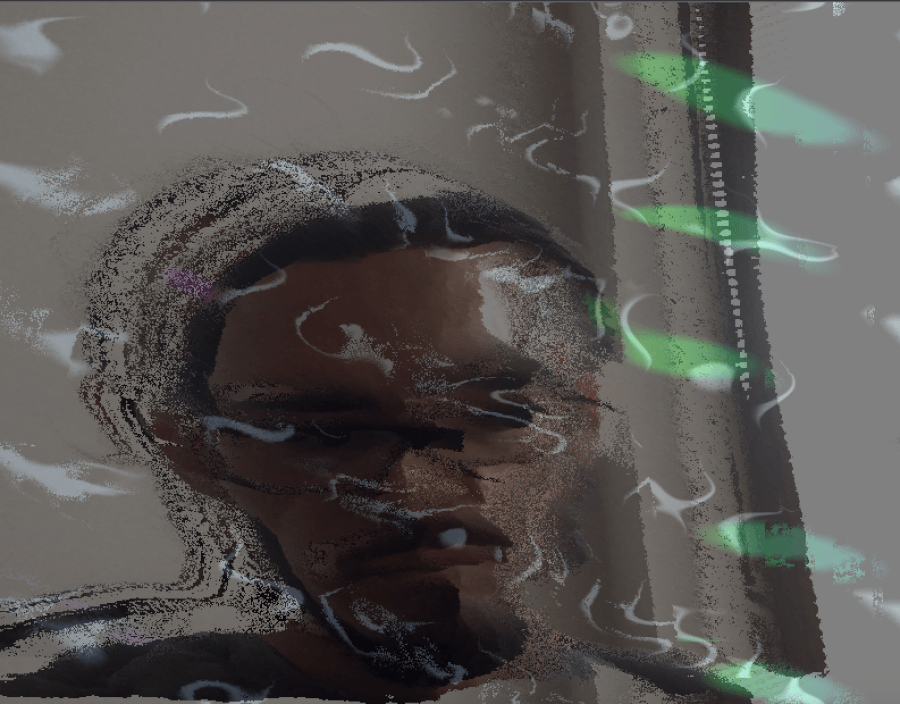
Mihai Băcăran obtained his Ph.D. in Art Theory in 2022 from the University of Melbourne. His work focuses on formulating an embodied, yet not humanistic, understanding of art spectatorship from a perspective grounded in a critical reading of the theory of individuation proposed by Gilbert Simondon.
Romania
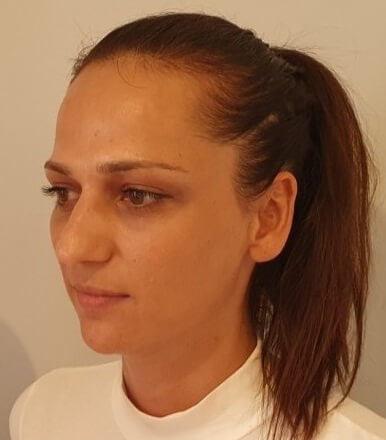
Vicky Bisbiki is a Visual Artist and Creative Technologist. From chaos to order and from order to chaos is a main point of interest in her artworks. In her projects she combines new technologies, programming languages, interactive synthesis and processing of live visuals, sensors, cameras and 3d projection mapping in order to create non linear narratives and to approach the potentials of the space in relationship with human. She owns a postgraduate degree in Audio Visual Arts (Ionian University, Corfu, Greece) and a joint master degree in ‘Arts et Technologies de l'Image’ (Fine Arts University, Athens, Greece & Paris 8, Paris France). She has participate in collaborative projects, theatrical plays, festivals, cultural and research projects in Greece and abroad, such as: Centre Dramatique National la Commune Paris, Ionion Center for the Arts and Culture, Οnassis Cultural Centre, the Benaki Museum, Michael Cacoyannis Foundation, National Theater of Greece and others. She is a member of the artistic collective Medea Electronique since 2015.
Greece
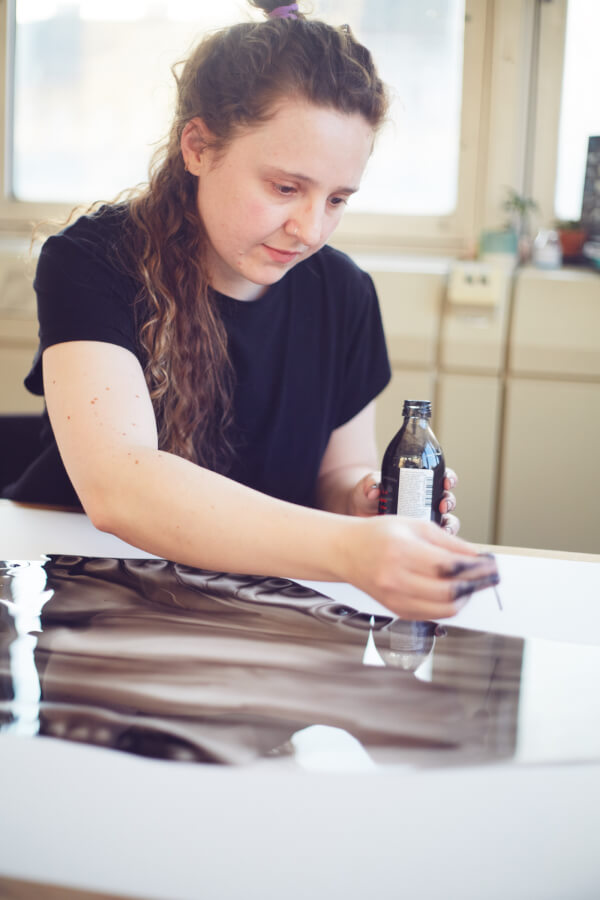
daniela brill estrada is an artist from Bogotá living and working in Vienna. Daniela's creative process is nourished by her interest in complexity sciences, aesthetics and non-hierarchical structures of knowledge, and is based on the idea of indisciplinarity, constructed with the Suratómica Network, of which she is co-organizer. In collaboration with particle physicists, researchers of the origin of life and astrobiologists, daniela's work is focused on de-hierarchizing matter and eliminating binary western taxonomies and categories, particularly that of life-non-life. In her work, daniela uses matter that mutates, changes and interacts to make visible the information processes of different bodies.
Austria
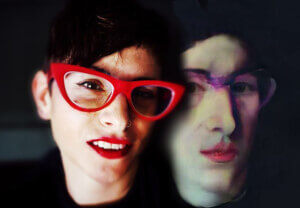
(PhD Communication and Culture, YorkU) is an interdisciplinary artist and media scholar based in Toronto. She is the co-founder and artistic director of the ArtSci Salon at the Fields Institute for Research in Mathematical Sciences (Toronto) and co-organizer of LASER Toronto. Her scholarly work focuses on emerging life forms exceeding the categories defined by traditional methods of classification. Emergent is a postpandemic mobile gallery containing such life forms, through encounters at the intersection of art and science. She has exhibited internationally in galleries (Bevilacqua La Masa, Venezia) at art festivals (Transmediale, Berlin; Hemispheric Institute Encuentro; Sao Paolo), community centres (Immigrant Movement International, Queens NY, Myseum of Toronto), and science institutions (RPI; the Fields Institute). Her writing has appeared on Space and Culture, Cultural Studies and The Canadian Journal of Communication among others. Currently, she is Scholar in Residence at Sensorium, Centre for Digital Arts and Technology (York University), and acting Coordinator of NEWONE, Learning without Borders, an interdisciplinary program at New College’s University of Toronto.
Canada

With a versatile profile that can adapt, deconstruct, negotiate and design multiple options and outputs for fertile projects, H C-(M)’s expertise involves the use of digital visuals, sound and speculative graphics/writing as mediums to develop aesthetic explorations. H C-(M) graduated with a Bachelor’s Degree in Visual Arts at UNAM (Universidad Nacional Autónoma de México) in 2017 in Mexico City with a final thesis covering Big Oil Sponsorship in Arts and its ties with the Deepwater Horizon oil spill in 2010. Since then, H C-(M)’s interest has been shifting from subjects like Art & Anthropocene Studies, Nature & Society, Bionics & Design, Bioart, Diagnostics as a Field of Artistic Practice, Open Science Publishing, Music, among others. His practice includes texts for Revista Código, The Quietus, Netzpolitik /+, covering profiles like Eduardo Kac, Kenneth Goldsmith, Alessandro Delfanti, Bruce Labruce, Mat Dryhurst, Jeroen van Loon, Cryptome, Alexandra Elbakyan, among others - designing in collaboration with ICAyCC (UNAM), Rachel de Joode, Hackteria ZET, Angel Lartigue, Nero Magazine, Mutek Montreal x Shared Frequencies, Institute of Network Cultures - works for Urbanomic's PlaguePod, Zero Agency, - and residencies at The Other Radio, Rasclat, and currently at HKCR.
Mexico
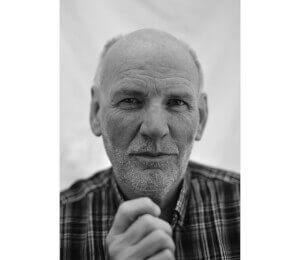
Andrew Carnie is a contemporary visual artist practicing in the UK. His main concerns focus upon the interface of art and science, often working in collaboration with scientists, though not exclusively. His approach is media agnostic, using methodologies and media as informed by the context, concepts, and concerns. Large scale installations and environments are a key part of his practice, exploring subjects such as heart transplants, metabolism, and neurological conditions – these immersive works engage audiences in how we see ourselves through the world of science.
Painting and sculpting have an enduring place in his practice, but video, projection, and installation are his primary strengths. He creates environments that are endlessly fascinating around subjects, like heart transplants, metabolism, and neurological conditions that intrigue him, audiences becoming caught up in these transformative works.
He studied at Goldsmiths then the Royal College of Art, London. His practice has been supported by the Arts Council England, the Wellcome Trust, the AHRC, and SHRC and exhibited locally, nationally, and increasingly internationally. Being shown at the Science Museum, London, the Natural History Museum, Rotterdam, the Design Museum, Zurich, Exit Art, in New York, Williams College Museum of Art, Williamstown, The Great North Museum, Newcastle, the Pera Museum, Istanbul, the Dresden Hygiene Museum, the Morevska Gallery, Brno, and the Daejeon Museum of Art, South Korea, amongst many others.
Recent work has been shown at the CCCB, Barcelona, Brain Observatory, San Diego, Kunsthall Charlottenborg, København, the RSU Anatomical Museum, Riga, and Spencer Museum of Art, Kansas.
United Kingdom
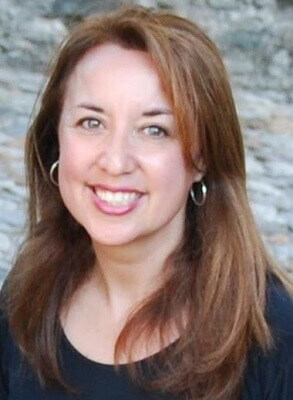
Prof Joanne Cassar joined the department of Youth and Community Studies at the University of Malta in 2009 after teaching in other higher education institutions for 17 years. Her doctoral studies focused on adolescent girls' conceptualisations of different aspects of sexualities expressed covertly at school. In recent years she continued to develop her research interests in gender, sexual identities, the formation of masculinities and femininities, body image and sexuality education in formal and hidden curricula. Her academic publications revolve around the notion of young people's sexualities as social, discursive and materialist constructs, which reflect the myriad ways sexual behaviours are perceived and acted out. A number of her publications also examine the notion of belonging and voice in relation to refugees. Prof. Cassar has carried out various research projects about young people on a local level as well as in collaboration with other European and international research partners. She is also one of the authors of the Maltese National Youth Policy.
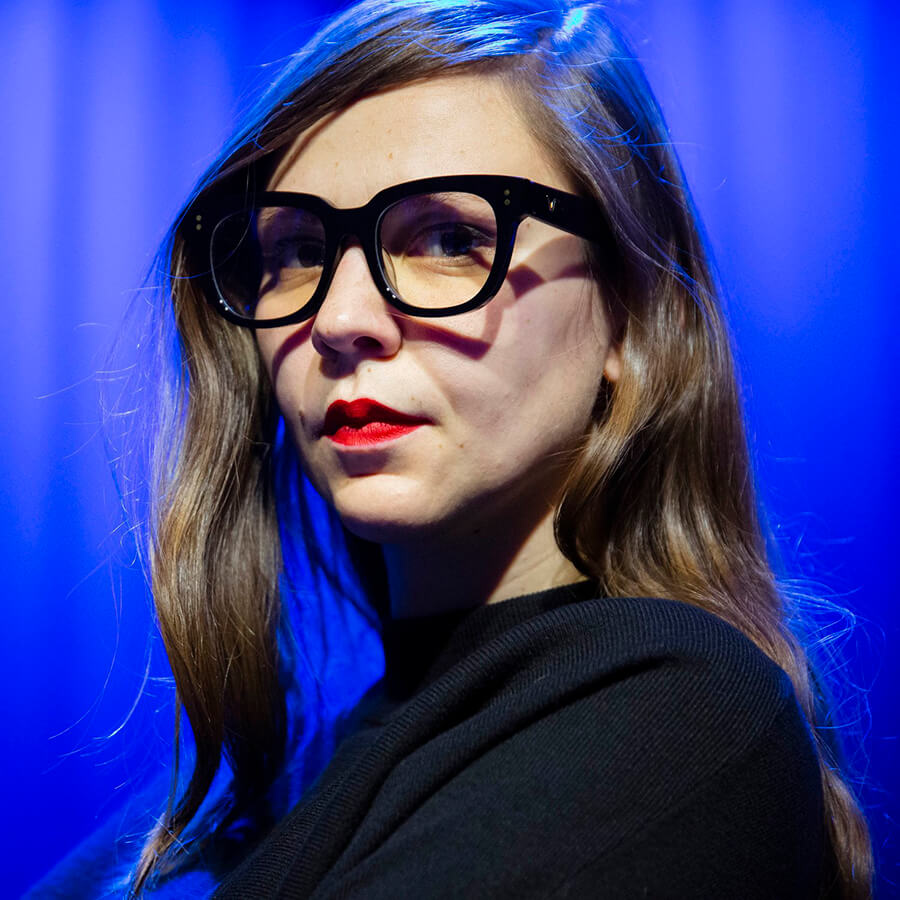
Zane Cerpina (LV/NO) is a curator and writer working within experimental and digital arts. Her extensive body of work includes curating and producing events that call for critical reflection on the current age of the catastrophes, such as the Dangerous Futures Festival, Digital Wild Conference, and Ecophilia Conference. Cerpina has initiated and been part of several archival and research projects, such as The Norwegian Media Art Library, and is one of the editors for the Book of Electronic Arts Norway. Cerpina is the author of The Anthropocene Cookbook: Recipes and Opportunities for Future Catastrophes, co-written with Stahl Stenslie (MIT Press, 2022).
Norway
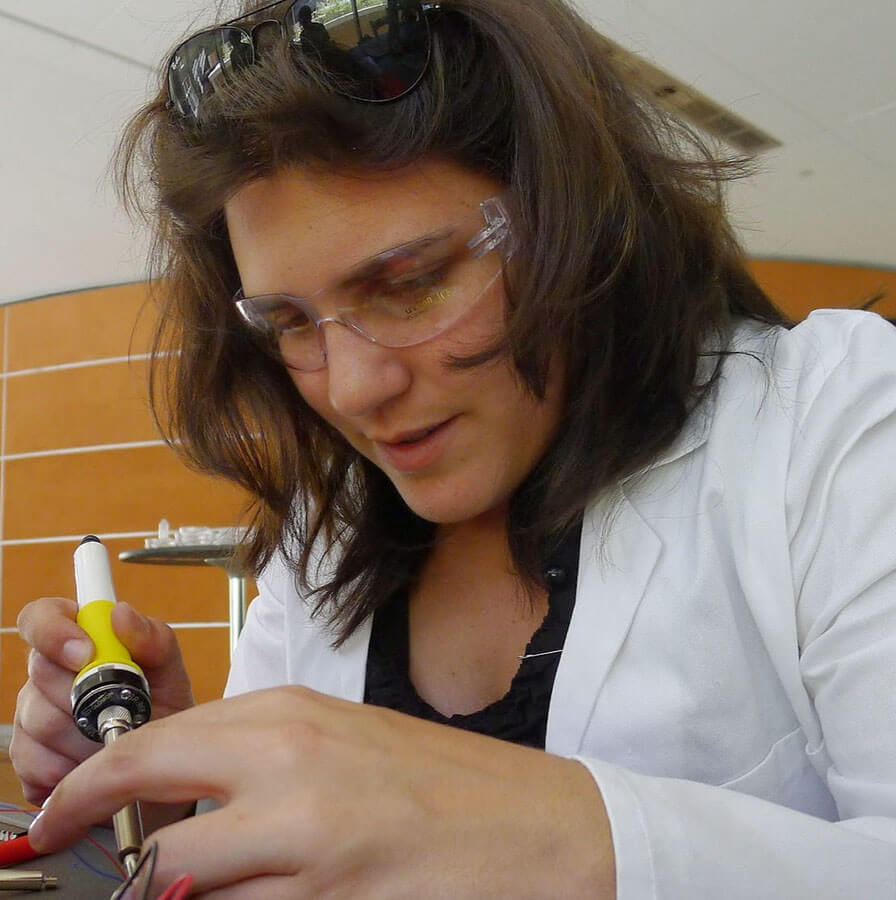
Dr. Aisen Caro Chacin is a regenerating composition of cells that produce a woman, artist, and animal whose migration patterns are not based on seasons, but rather, chance, chaos, and opportunity. She leads the medical prototyping lab at the University of Texas Medical Branch and is an Assistant Professor in Pathology at the School of Medicine. She is Adjunct Faculty at the School of Art at the University of Houston, where she also received her BFA. She is a founding board member of the Medicine and Arts Program at UCLA and holds an MFA in Design and Technology from Parsons the New School where she was also a teaching fellow. She received her Ph.D. in Human Informatics from the University of Tsukuba, Japan.
United States
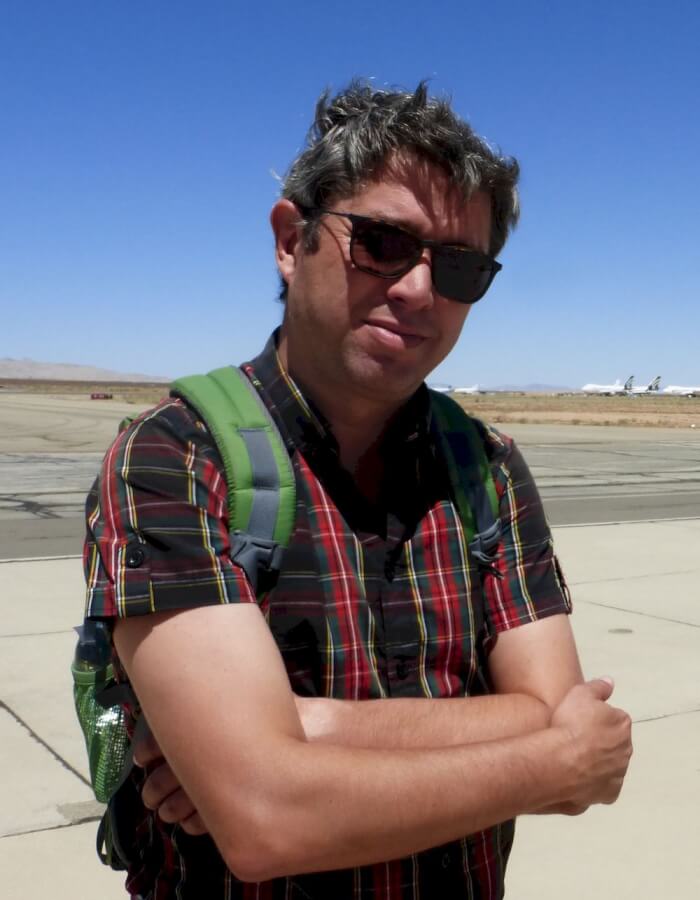
Ewen Chardronnet (France) is a collective artist, author, journalist and curator. He is currently editor-in-chief of the bilingual web magazine Makery.info and coordinator of the Creative Europe cooperation programs "More-Than-Planet" (2022-2025) and "Rewilding Cultures" (2022-2026). In his work, he is interested in practices, tactics and speculations that connect artistic research and scientific knowledge to the creation of social situations that intertwine discourses and shifts of perspectives in the very fabric of society. In 2015, he initiated the art/science platform Roscosmoe.org that accompanies the development of artistic works related to the marine environment and evolutionary biology. In 2016 he initiated with artist Shu Lea Cheang the Unborn0x9 project and the Future Baby Production collective. Unborn0x9 was awarded an honorary mention at Prix Ars Electronica 2021 in the “Artificial Intelligence and Life Arts” category.
France
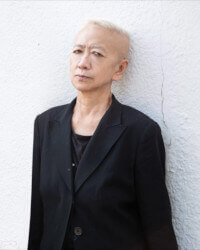
Shu Lea Cheang is an artist and filmmaker whose work aims to re-envision genders, genres, and operating structures. From homesteading cyberspace in the 90s to her current retreat to post-netcrash BioNet zone, Cheang takes on viral love, bio hack in her current cycle of works. She represented Taiwan with 3x3x6, a mixed media installation at Venice Biennale 2019 and is currently developing UKI, a sci-fi viral alt-reality cinema. In 2016, Cheang and Chardronnet were invited by Echopen to collaborate and contribute to the community forking initiative through their practices as artist/author. The Unborn0x9 by the Future Baby Production collective was born. It represents the common group effort to raise issues such as the possible impact of low cost echo-stethoscopy on global health issues, questions of access to healthcare and motherhood, ectogenesis and the technicization of reproduction, and the exchange between science-fiction imaginary and science in the making at large.
France
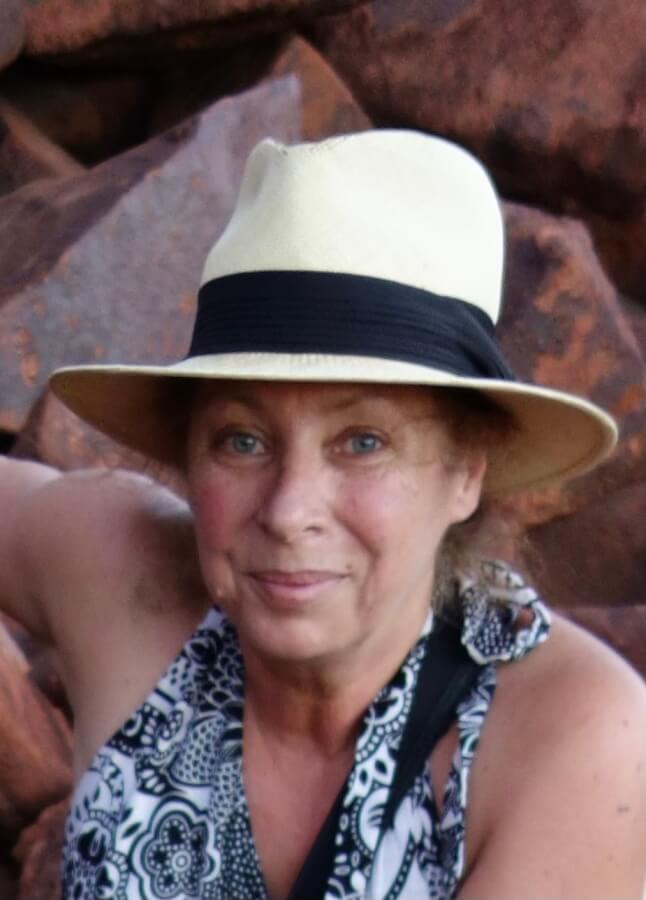
Dr Cecelia Cmielewski is a Research Fellow at the Institute for Culture and Society at Western Sydney University (WSU) with over thirty years’ experience in the cultural sector. She is the author of Creative Frictions: Arts Leadership, Policy and Practice in Multicultural Australia (2021, ANU Press). Cecelia’s research interests address inclusion in the creative sectors with a focus on the relationship between creative production and multicultural policies. Her current research role is on the ARC funded The Collaborative Museum – Embedding Culture in the City (2021-2025). Cecelia held Senior Policy and Project Management roles at the Australia Council, the Federal Government’s arts agency between 1998 and 2011.
Australia
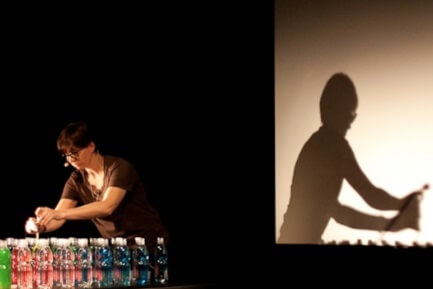
(PhD.) born 1977 is a French artist, facilitator, dramaturge, researcher working across Arts, Choreography, and Sciences. Cogne conceptualizes artworks in the form of articulated sculptures, expanded choreographies, artistic researches, and text-based objects—be it alone or in collaboration. She uses choreography to create movement and suspension, circulation and time, positioning and displacement in relation to Economy, Knowledge, Work, and Individuals. Her work problematizes the dramaturgy of (existing or created) situations. With soft provocation for movement in representations and structures, Cogne likes to—slowly, progressively—shake and shift perceptions, projections, and perspectives. Cogne is currently a senior researcher at the Academy of Fine Arts Vienna with the arts-based research project The Dramaturgy of Conversation (Elise Richter PEEK project V709, AT), an associate professor in Text-based-arts at the Bergen Academy of Art and Design (NO). and an artist represented by Galerie Michaela Stock (Vienna, AT).
Austria
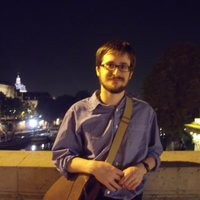
Guillaume Collett's research focuses on the works of Deleuze and Guattari as well as on social and political thought more broadly. He is the author of the monograph The Psychoanalysis of Sense: Deleuze and the Lacanian School (2016, Edinburgh University Press) and editor of the book Deleuze, Guattari, and the Problem of Transdisciplinarity (2019, Bloomsbury). He has co-edited several journal issues including for Deleuze Studies (2012) and was formerly co-editor of the journal La Deleuziana (2015-2021).
Malta
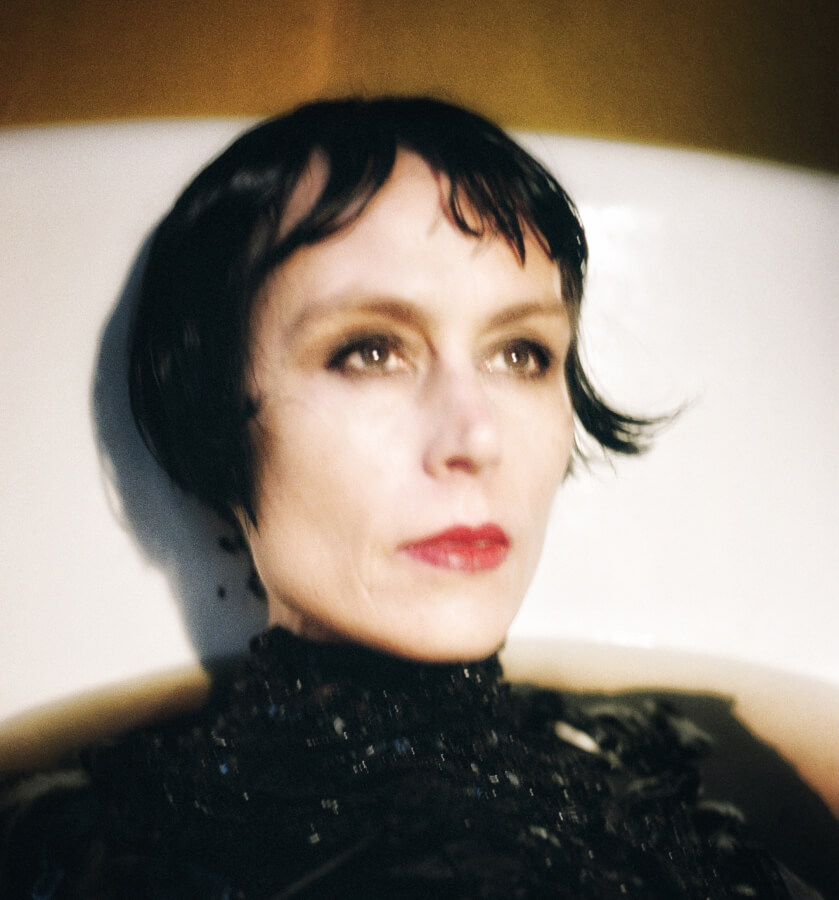
Ryder Cooley is an inter-disciplinary artist, performer, and animal advocate. Weaving together chimeric visions and macabre songs, she creates cinematic performances, bio-art phenomena and visual art manifestations.
In 2014 Ryder founded the accordion-driven dark carnival band Dust Bowl Faeries. Ryder and her band perform frequently with their spirit animal Hazel, a disembodied taxidermy ram (re-gendered in the afterlife). Ryder holds an MFA from RPI and a BFA from RISD. In 2019 she launched The Leech House Series, a collaborative bio-art project working with medicinal leeches:
https://leechhouse.com/ password: leechhouse
Ryder has created/presented work at locations including: World Cultural Museum & Museum of Ethnography (Sweden), Sitka Center (Oregon), FEMeeting 2023 (New Mexico), Robert Wilson Watermill Center (NY), National Public Radio (NY), El Paso Museum of Art (Texas), MOMA PS1 (NY), Yerba Buena Center (CA), White Box (NY), McDowell (NH), Yaddo (NY) & LIP French Cultural Center (Indonesia). Ryder is based in the New York Hudson Valley [USA].
United States
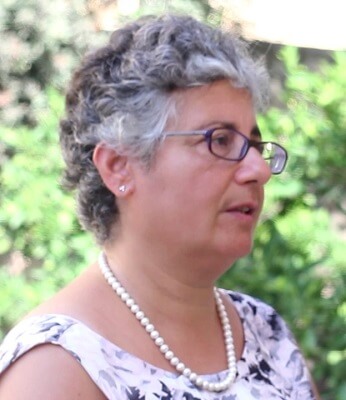
After obtaining a Masters in Sociology in Education from the Institute of Education, University of London, Cutajar won a scholarship to study for a Masters in Contemporary European Studies at the University of Sussex. In 1997 she won a Commonwealth scholarship which enabled her to study for a Ph.D. in Sociology and Equity Studies in Education at OISE, University of Toronto. The dissertations and thesis submitted for these courses focused on gender, while adopting an intersectionality approach. Before moving to the Department of Gender Studies, Cutajar was a member of the Department of Sociology. She still lectures in this department. She also teaches about feminist community research and gender and development in other university entities. Apart from lecturing, she also supervises students at diploma, B.A., M.A. and Ph.D. level. In 2013 she was appointed Director of the University of Malta's Cottonera Resource Centre.
Malta

Canada
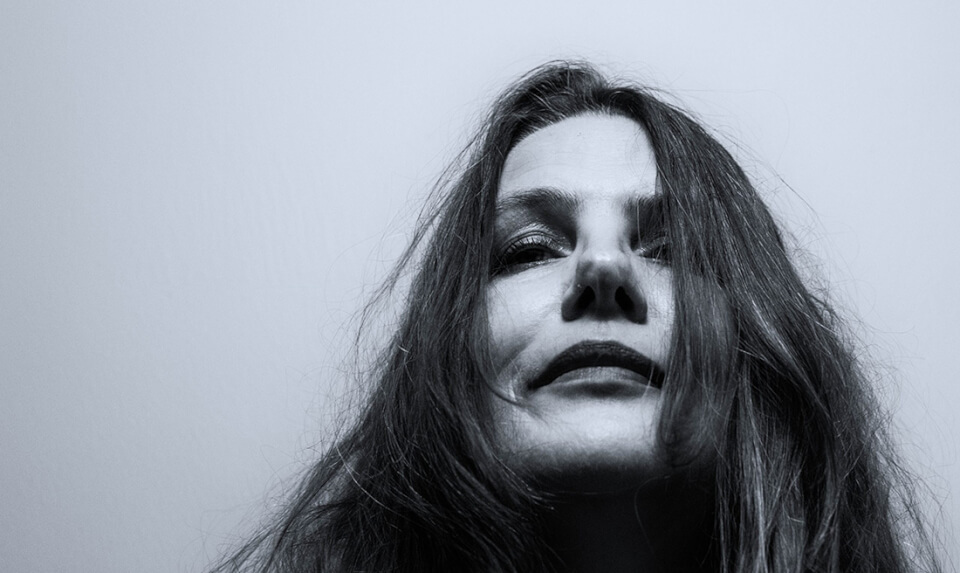
Mimesis Heidi Dahlsveen has worked as a storyteller since 1996 both at national and abroad. She has participated in several festivals and in two EU projects that deal with oral storytelling. She is associate professor in oral storytelling and in 2008 she published the book "Introduction to oral storytelling", Universitetsforlaget. In 2019 she came with her second book on oral storytelling. She has written several academic articles on oral storytelling, where she uses artistic research as an input to understand oral storytelling and narratives. Her focus is using the traditional narratives to shed light on contemporary themes. She is currently participating in her third EU project: Common ground, common future - a project that looks at how narratives are used to stigmatize and polarize and how narrative are used in conflicts. She is a member of the research group «Art in society» and co-owner of Skaldskur AS.
Norway
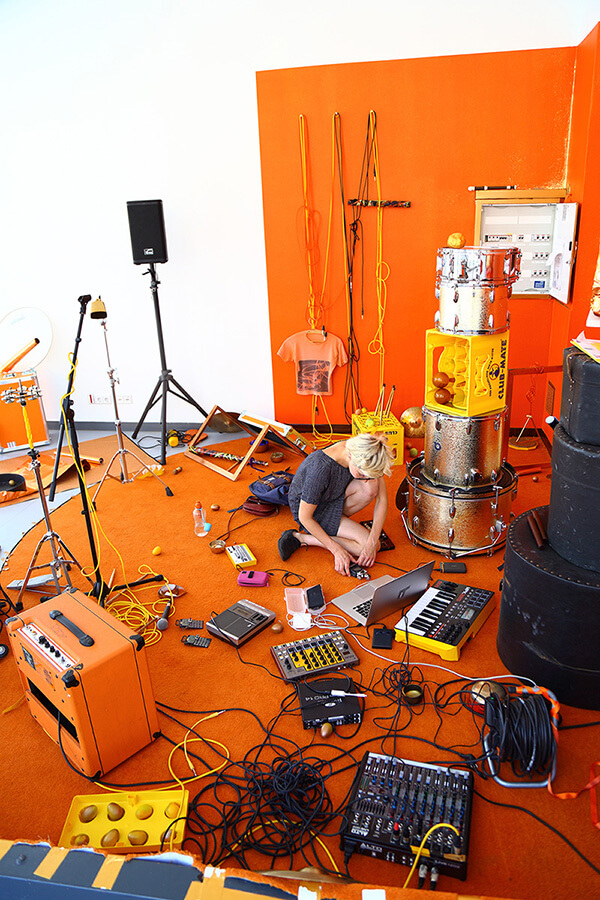
Lucinda Dayhew investigates social and environmental relations with a rhythmic bent. She sculpts words and moulds materials, images, and sounds to form rhythmic objects. Her narratives become pulses that shift shape as they grapple with the conflicting ethics of daily life. Dayhew reflects on language and translation, climate change induced micro and macro anxieties, birdsong and other non human and human vocalisations, (sub)tropical encroachments, patterns and flows of food and goods distribution, labour fragmentation, social capital and exchange, and behavioural patterns and loops. Recent exhibitions and performances include at FRAC Lorraine, Titanik (Turku, Finland), KW Institute for Contemporary Art (Berlin), Schirn Kunsthalle (Frankfurt), D21 (Leipzig), Liste, SALTS (Basel), Brücke Museum, NBK, Art Berlin Contemporary (Berlin) and Kunsthall Stavanger (Norway), amongst others. Born in Orange (Australia), she grew up in subtropical Sydney and now lives in Berlin.
Germany
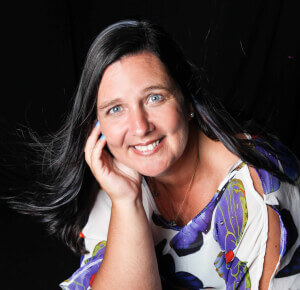
Marta de Menezes is a Portuguese artist (Lisbon, 1975) with a degree in Fine Arts by the University in Lisbon, and a MSt in History of Art and Visual Culture by the University of Oxford. She has been exploring the interaction between Art and Biology, working in research laboratories demonstrating that new biological technologies, DNA, proteins and live organisms can be used as an art medium. Her work has been presented internationally in exhibitions, and articles. She is since 2005 artistic director of Ectopia – Experimental Art Laboratory and from 2009 director of Cultivamos Cultura – Association.
Portugal
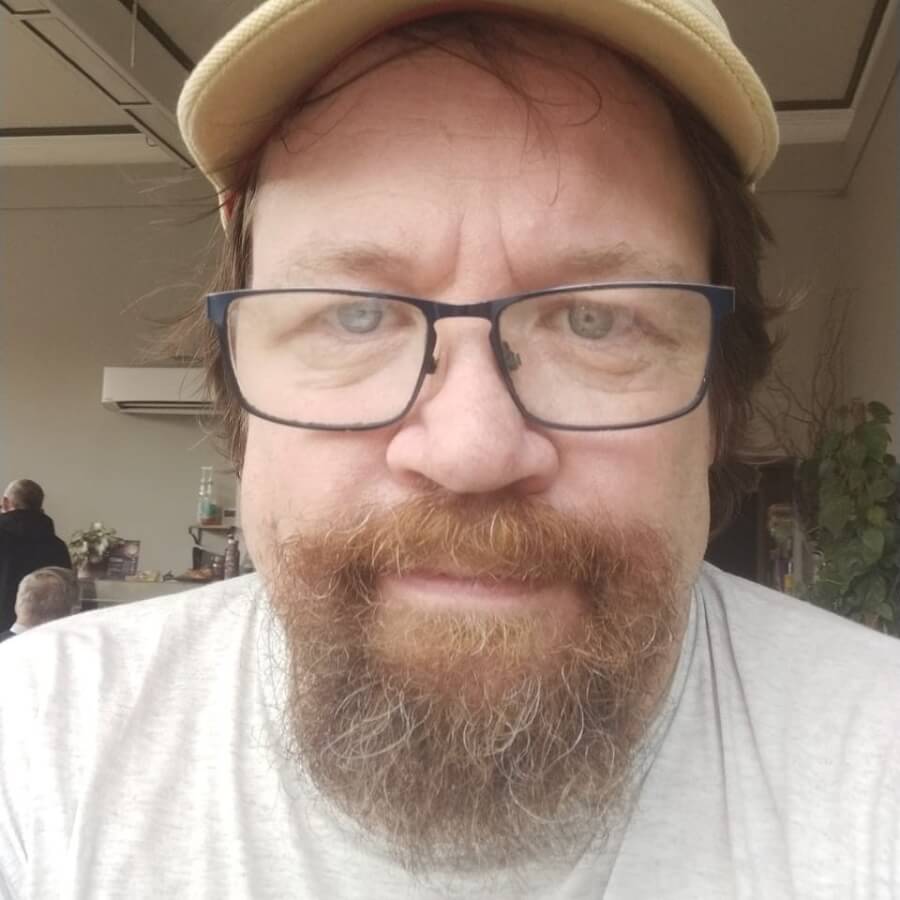
Dr Brian Degger is a UK based artist/researcher with a PhD in molecular biotechnology. He works in collaboration with art practitioners to realise projects (lablife, Brighton, Uk; FieldNotes, Kilpisjarvi, Fi), and to introduce them to new materials (dissection class, bioplastics making). He has participated in research and development residencies in the UK and Internationally. He uses and writes on artistic, scientific and open-source methodologies to creatively explore research such as DIYBiology, bacterial cultivation, fermentation, horticulture and planktons. He disseminates his work through exhibitions and workshops.
United Kingdom
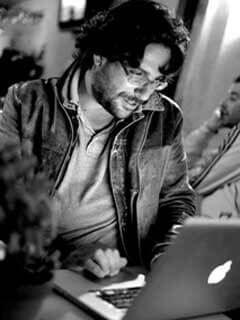
Dr Ioannis Deliyannis completed his undergraduate studies (B.Sc.) and was subsequently offered a scholarship to pursue a Ph.D degree in the field of Interactive Multimedia at the University of Wales Swansea. He holds a Computer Science Degree (1997, University of Wales Swansea) and a Ph.D in the field of Interactive Multimedia for (2002, University of Wales Swansea). He worked within the Computational Fluid Dynamics research team as a research student under the supervision of Professors P. Townsend and M. F. Webster. His research work was largely related with multi-media applications, visualisation and web-based technologies applied to complex scientific fields such as Computational Rheology and the development of Educational Systems for Research and Interactive Learning. This work was truly ground-breaking in the field forming a highly respected thesis on the subject. It led to wide public expose and a deeper understanding of the systems involved. This work is actively utilised and extended under the Institute for Non-Newtonian Fluid Mechanics and Swansea CFD research group.
Dr Ioannis Deliyannis started working at Ionian University at 2004, at the 17th of June 2010 he was appointed as a Lecturer in the field of “Interactive Multimedia and Digital Technology” at the Department of Audiovisual Arts at Ionian University, Corfu, Greece. On 2016 he was appointed as Assistant Professor with scientific field: “Analog and Digital Technologies of Interactive Multimedia”.
His research interests include the application of Interactive and Multimedia Communication Technologies in the area of AudioVisual Arts. He is the author of a series of journal and conference publications in the above fields, followed by a series of books targeting the experimental and creative aspects of the technologies involved.
Greece
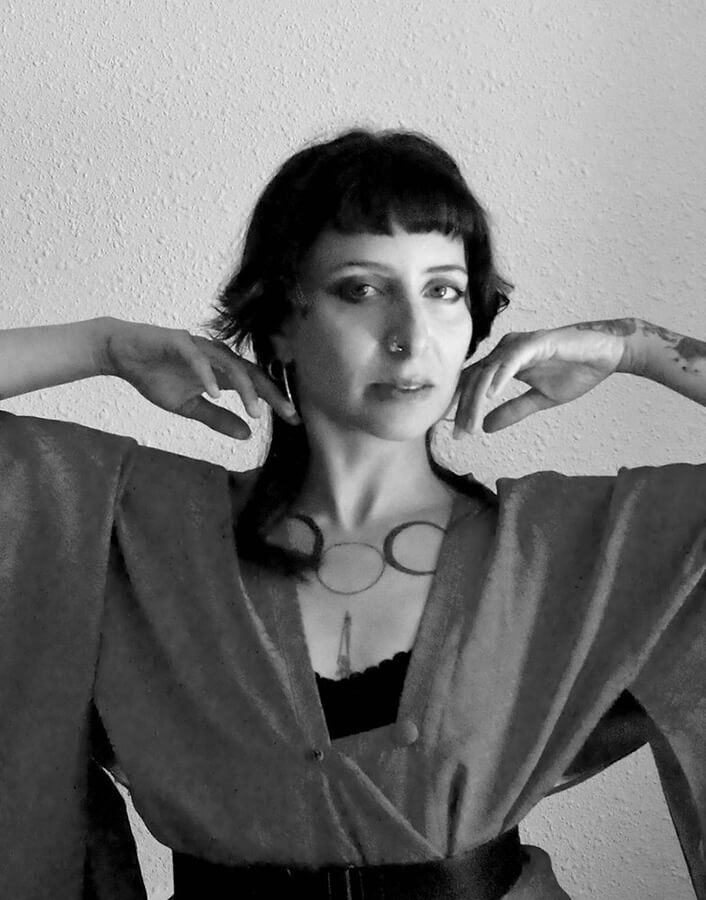
Cristina Dezi is an interdisciplinary artist and designer. Through a feminist critique, she experiments with biomateriality and wearables, crossing textile research, new media art, sound design, biohacking and technology. She has a degree in Fashion Design and New Textile Technologies and a Master’s in Experimental Animation. Her research and design move in the field of performance and costumes, sextech and ecofeminism, witchcraft rituals and erotic cinema.
Spain
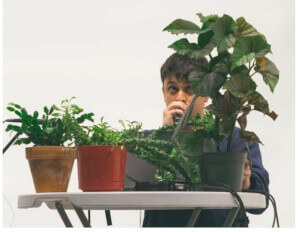
United States
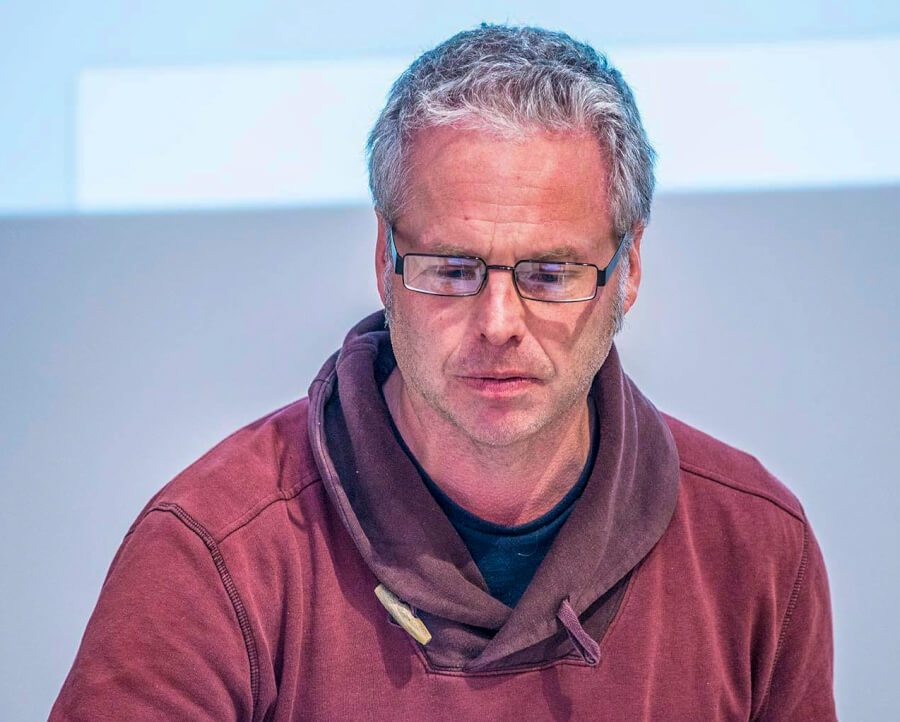
Paul Dobraszczyk is an architectural writer, photographer and artist based in Manchester, UK. A lecturer at the Bartlett School of Architecture in London, Dobraszczyk is currently completing a book Botanical Architecture, to be published by Reaktion in 2024; and developing new research and writing on the relationship between geology and architecture. Paul Dobraszczyk's writing and research covers architecture and cities since the 19th century, with particular interests in ecology, self-building, Manchester, urban futures, underground spaces and ruins, print culture, and industrial architecture. Author of: Animal Architecture: Beasts, Buildings and Us (Reaktion, 2023); Architecture and Anarchism: Building Without Authority (Paul Holberton, 2021); Future Cities: Architecture & the Imagination (Reaktion, 2019); The Dead City: Urban Ruins & the Spectacle of Decay (IB Tauris, 2017); Iron, Ornament & Architecture in Victorian Britain (Ashgate, 2014); London's Sewers (Shire, 2014); and Into the Belly of the Beast: Exploring London's Victorian Sewers (Spire, 2009). Co-editor of: Manchester: Something Rich & Strange (Manchester University Press, 2020); Global Undergrounds: Exploring Cities Within (Reaktion, 2016); and Function & Fantasy: Iron Architecture in the Long Nineteenth Century (Routledge, 2016).
United Kingdom
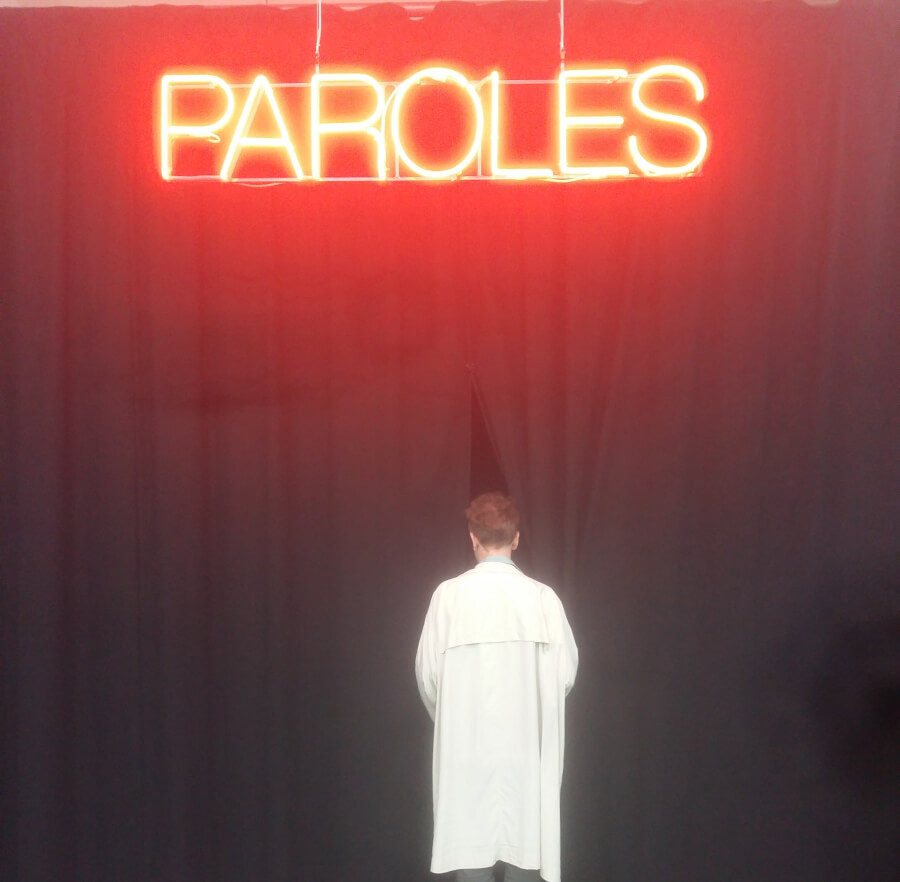
Dronsfield is a Dobrovský Fellow in Philosophy at the Czech Academy of Sciences in Prague. He has held positions at A.pass Institute of Art Research Brussels, Zürcher Hochschule der Künste [ZhdK] Switzerland, the Royal College of Art London, and the universities of Reading and Southampton in the UK, amongst other institutions. He published six papers in 2022, and gave six conference papers during this time - all on dissent. Three more in 2023, and five more coming before the end of the year. These papers cover inner freedom, embodied resistance, dissidence and truth, the language of dissidence, the rhetoric of dissent, rap music as dissonant dissent, dissident identity, the struggle for semantic authority over identity, and transnational hope. This work is towards a book, Possibilities of Dissent. He has publisherd three books: Cryptochromism, Materiality of Theory, and Spinoza Lector. Dronsfield is also a philosopher-artist, with a practice of composing performative texts to be read out loud. He recently completed a ten-year philosophy-art project The Swerve of Freedom After Spinoza, producing an extensive series of works, including books, book chapters, academic papers, performative readings, interventions in public spaces, art objects and image-text collaborations with artists.
United Kingdom
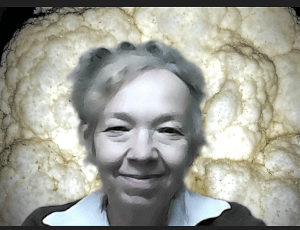
I am a fully self-accepted BacterVirHuman, bioartist (BFA, MFA), and scientist (Ph.D. in plant science) named Nathalie Dubois Calero, and my works are a feminist act of reconciliation with my non (or too much?) human components. Microbes are the media I use in workshops, performances, videos, and objects making.
My recent project, BacterHuman, focuses on the cutaneous microbiota (all the microorganisms living on and inside the skin) and the multifaceted relationships we have with it. This work includes Microidentidad (workshops and exhibition, ICA, Bacalar, Q.R., Mexico, 2020) Name:Nathalie Species: HomoBacter Insipiens (TTT Vienna, 2020 online), Queer and Biophilic Approach of the Cutaneous Microbiome (online workshop, ISEA, 2021), We are planets (hiflex workshop, HTLMlles festival, 2021), and Bodies of water about our microbiotal relationship with microalgae and water alone (exhibition and video at Leamington Art Centre, Ontario, Canada, 2022) and in collaboration with Ada Gogova, also called Bodies of water. My recent work, MaterVirus, in collaboration with Cecilia Vilca, explores our viral nature and the presence of retroviruses in the human DNA.
I am a member of Incubator Art Lab, University of Windsor, Ontario, Canada.
Canada
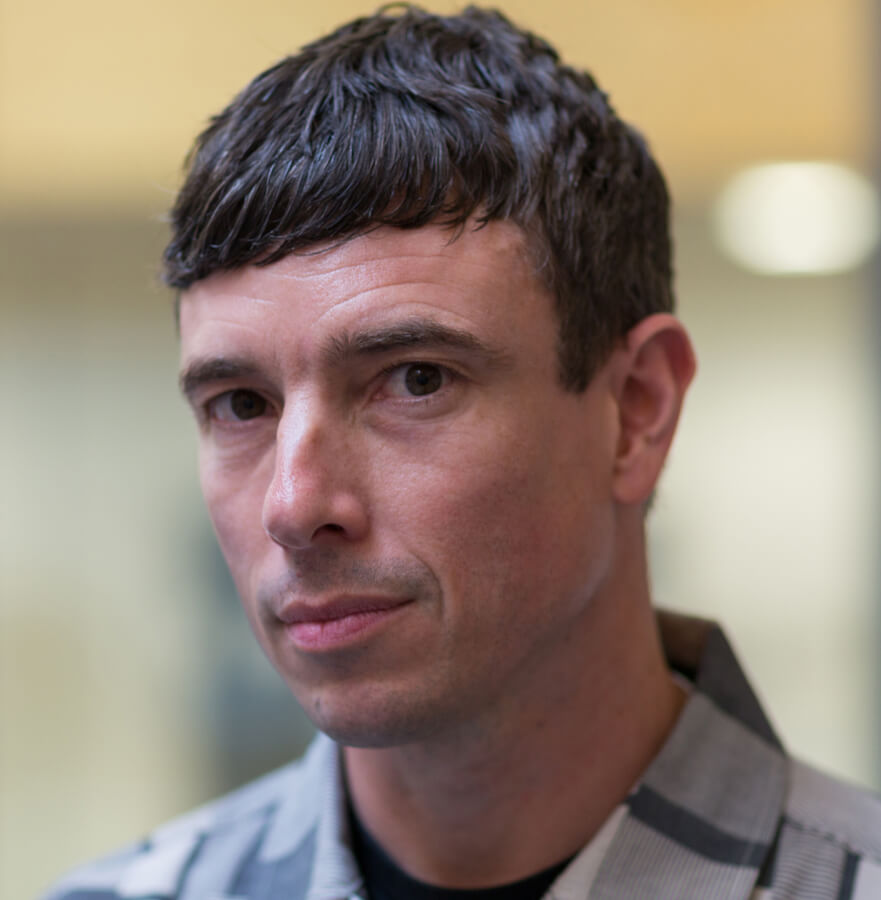
Nick Dunn is a researcher, writer, performer, and urban theorist. He is Executive Director of Imagination, the design and architecture research lab at Lancaster University, where he is Chair of Urban Design. Nick is the Founding Director of the Dark Design Lab, exploring the impacts of nocturnal activity on humans and non-humans. He is also a Director of DarkSky UK, working towards a more sustainable relationship between the built environment and the night, as well as exploring ways to promote wider and inclusive participation with dark skies. Nick is the author of Dark Matters: A Manifesto for the Nocturnal City (Zero, 2016) and co-editor of Rethinking Darkness: Cultures, Histories, Practices (Routledge, 2020) and Dark Skies: Places, Practices, Communities (Routledge, 2023). He is the protagonist in the documentary feature film Night Burns Like Cigarettes (Steppenwolves Films, 2022) directed by Elisabeth Felson, which celebrates urban nocturnal ambiances and questions the pervasive growth of light pollution.
United Kingdom
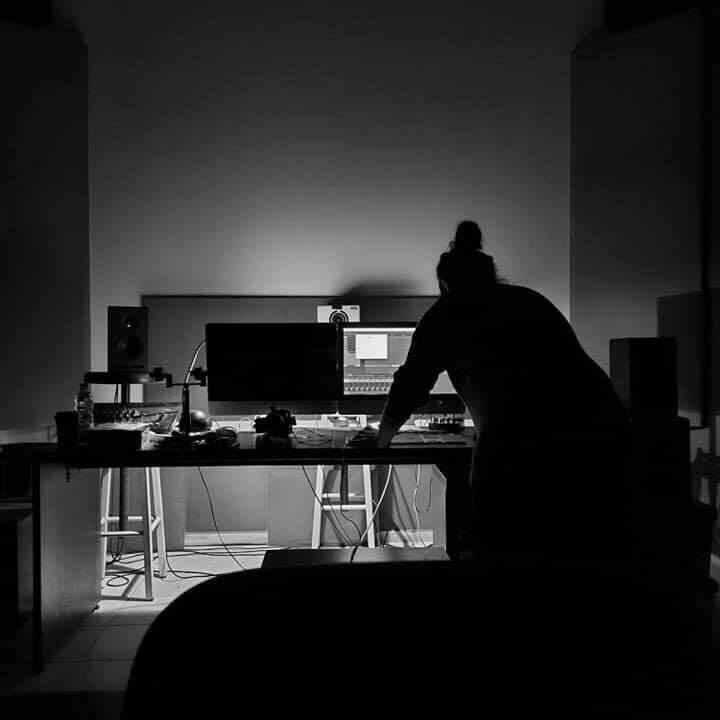
Thanasis Epitideios graduated from the Department of Sound and Musical Instruments Technology of the Technological Educational Institute of Ionian Islands (currently Department of Ethnomusicology, Ionian University) and holds an MA in “Sonic Arts and Audio Technologies”, a postgraduate programme of the Department of Music Studies and the Department of Audio and Visual Arts of the Ionian University. He is into the field of electroacoustic music, soundtrack techniques with different audiovisual genres and multimedia. Since 2009, he has been an active member of the Hellenic Electroacoustic Music Composers Association (HELMCA) and he participates in the organization of the annual festival of electroacoustic music “Electroacoustic Music Days”. His works are performed both in Greece and abroad. Since February 2023 he has been working on his PhD research on "Nature and sound mimesis".
Greece
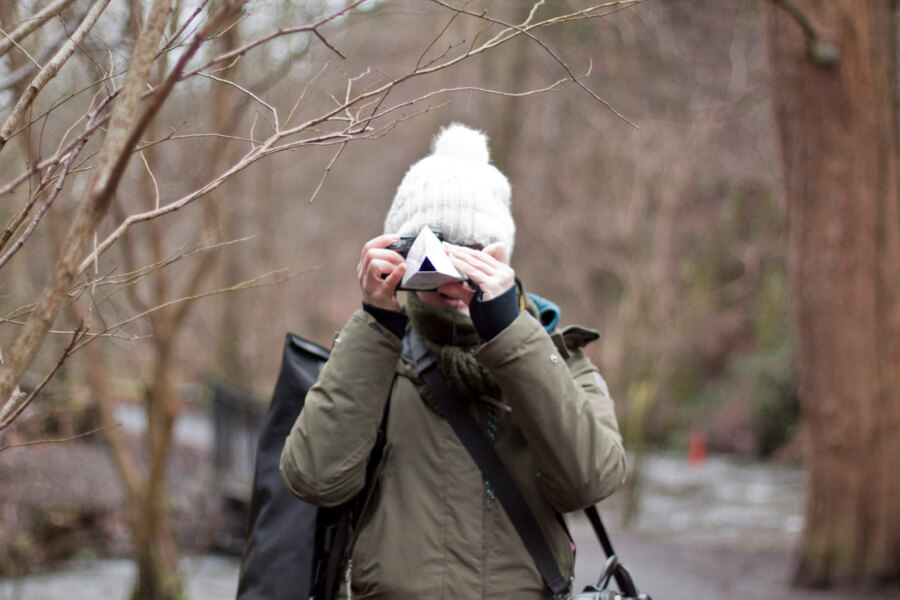
Victoria Evans is a Scotland-based contemporary artist and researcher with a background in the film and television industries. She graduated with a master’s degree from Glasgow School of Art in 2015 and is currently conducting SGSAH/AHRC funded PhD research at Edinburgh College of Art.
Victoria has exhibited widely in the UK and abroad; her writing has been published in a peer reviewed journal and online magazines; and she has been awarded commissions, grants and residencies from: Hospitalfield, Arbroath; SNEHTA, Athens; VACMA, Glasgow; Design Informatics, Edinburgh; Creative Informatics, Edinburgh and the Xunta de Galicia, Spain. Her sound work Deep Space Call and Response featured on Radiophrenia art radio station in 2020 and her short film for LUX Scotland/BBC Arts was broadcast in the UK on BBC4 for international women's day. Victoria has a science fiction short story forthcoming in Saru Journal, A Row of Trees (online).
Victoria’s practice-based PhD research involves transmedial artistic renderings of the phonocene. It asks what attuning ourselves to the world of sound and listening might reveal about the relational nature of the universe.
United Kingdom
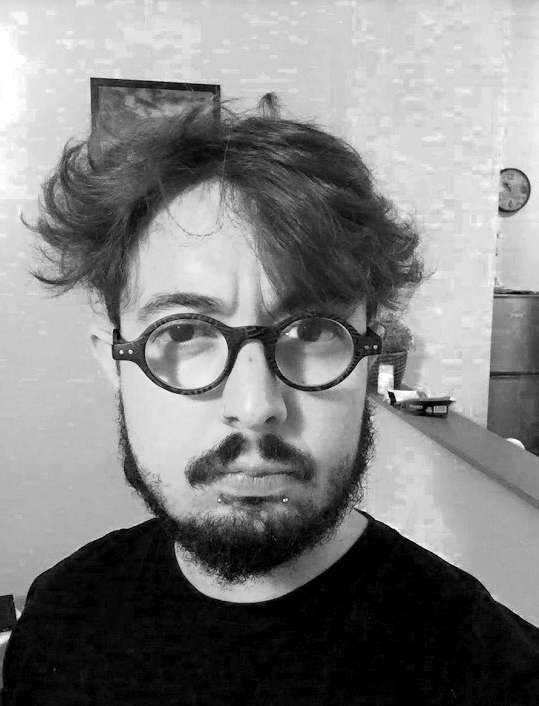
Cláudio Filho (Brazil) is an artist-researcher and doctoral student in the field of Art, Technology, and Nature, under the guidance of Prof. Dr. César Baio at State University of Campinas, Brazil. He explores the intersection of Bioart, Deviant Technology, and the Anthropocene. His focus lies in fostering collaborations between organic (non-human) and digital systems to address the climate crisis. Cláudio holds a Master's degree in Arts, Culture, and Languages from UFJF (2019) and a Bachelor's degree in Arts and Design from UFJF (2016). He is a member of the ACTlab-Laboratory of art, science and deviant technologies and a founding member of Kodos collective. Cláudio's artistic work revolves around the nexus of Art, Environment, and Technology (Human-Data-Environment) and has been exhibited worldwide. Website: https://www.claudiofilho.net/.
Brazil
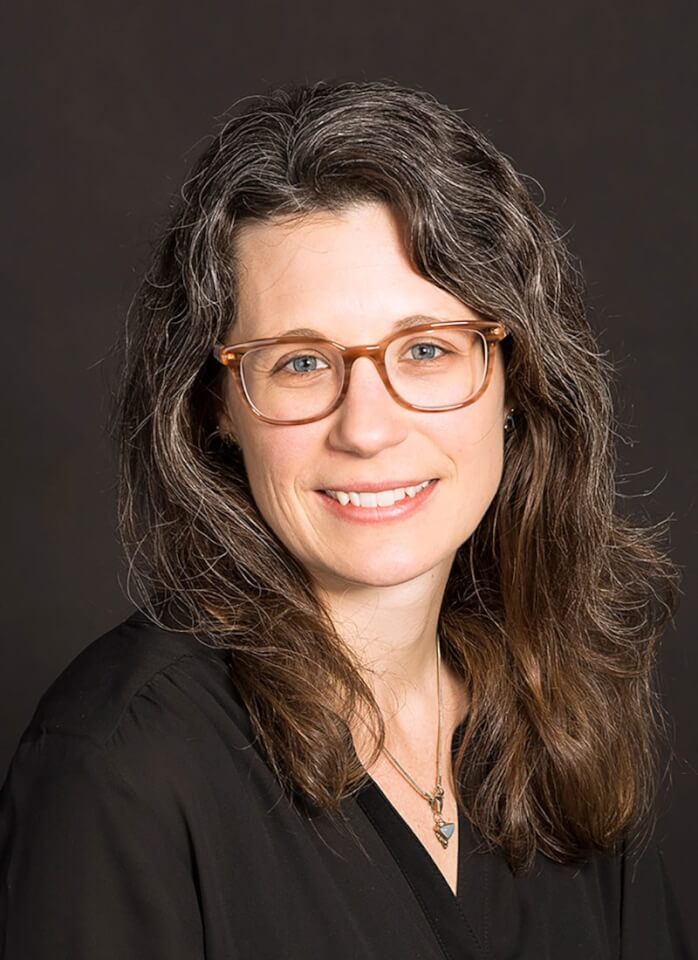
Artist duo Caitlin & Misha find inspiration in naturally occurring systems such as rhizomatic networks of mycelium, the microbiome ecology, and emergent pink noise for the shared experiences they construct in their collaborative practice. Among other things they create installations, games, data visualizations, and happenings. They aim to create artworks that provide unique opportunities for shared experiences, thought experiments, and group-based rejuvenation, such as sweating, meditating, and worrying together. Caitlin Foley (b. Schenectady, NY USA) is a Visiting Lecturer and Misha Rabinovich (b. Moscow, Russia) is an Asst. Professor in the Art & Design Department at UMass Lowell. They are recipients of the Andrew W. Mellon Foundation Immersive Scholar Award, NEFA Creative City Grant, and exhibited at such venues as the Science Gallery (London), EFA Project Space (NYC), the New Museum’s Ideas City Festival (NYC), Boston Cyberarts (Boston), Machine Project (LA), Torrance Art Museum in (LA).
United States
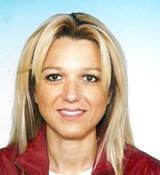
Eleni Gemtou is an Associate Professor in the National and Kapodistrian University of Athens (Department of Philosophy and History of Science). Her research focuses on the relationship between Art, Science and Technology. She has published papers in various scientific journals, in international and Greek conferences proceedings, as well as the books (in Greek) “History of Art. An Epistemological Approach” (2022, 2nd ed.) and “Art and Science. Interpretive Approaches to Modern and Contemporary Art through the Influence of Science” (2018). The English book, “The Books that Shaped Art History”, edited by R.Shone & J.P.Stonard, has been both translated to Greek and edited by her (2022). She has been both the academic coordinator and writer of several educational e-learning programs of the University of Athens, as well as a founding member of the TECHNO-LOGIA project (ASFA & Dept. of PHS) and a member of the collaborating teaching staff of the Open University of Greece.
Greece
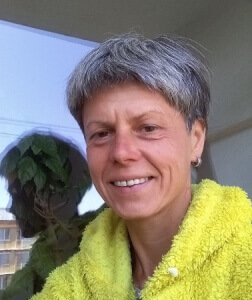
I graduated with a Ph.D. Degree in Multimedia and Design at TBU in Zlin, Czech Republic. In my thesis I resolved the problem of experimental model of communication notation Transient Pattern. In my contemporary transdisciplinary research, spanning Art, Science and Technology, I have focused in the posthuman phenomenology, hydro-environmental approaches, communication between human and more than human and asemic writing. My artwork contains from different experiences – from visual art and electronic literature, environmental studies, philosophy/biosemiosis in which I create the space of thinking about water body figuration and its relation to water-based communication - “hydrosemiosis” My body is a sensitive apparatus putting me in principles of global intuition of creating transcorporeal matter in the life of ‘water body language’. I am an external part of Metatechnicity research group at Cardiff MET University and part of network - women in art, science, and technology FEMeeting. I exhibited in Bratislava, Vienna, and Portugal.
Slovakia
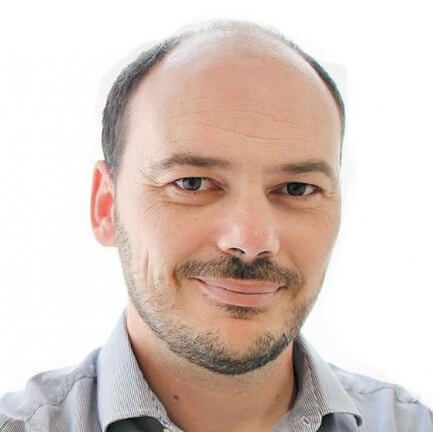
Luis Graca (MD from Lisbon, PhD from Oxford), post-docs in Oxford and in Perth, Australia. Currently Full Professor of Immunology and Vice-Dean at the University of Lisbon Medical School, and group leader at the Instituto de Medicina Molecular (IMM). The main focus of his research is the regulation of immune pathology, namely with therapeutic monoclonal antibodies and regulatory T (Treg) cells. Active participation in activities to increase health and scientific literacy, including open days, public lectures, and frequent appearances in the media (television, radio, and printed press). Long-standing collaboration with visual artists exploring the interface between art and biomedical sciences. Graca has hosted several visual artists in the lab over the years and participated in collaborative artworks with artist Marta de Menezes subsequently exhibited internationally (Linz, New York, Beijing, Berlin, Toronto, St Petersburg, Amsterdam). Graca was scientific advisor for cultural initiatives, including European Capital of Culture, international art-science festivals, and conferences, and authored several articles on art and biology. Graca is considered one of the leading international experts on art/science collaborations.
Portugal
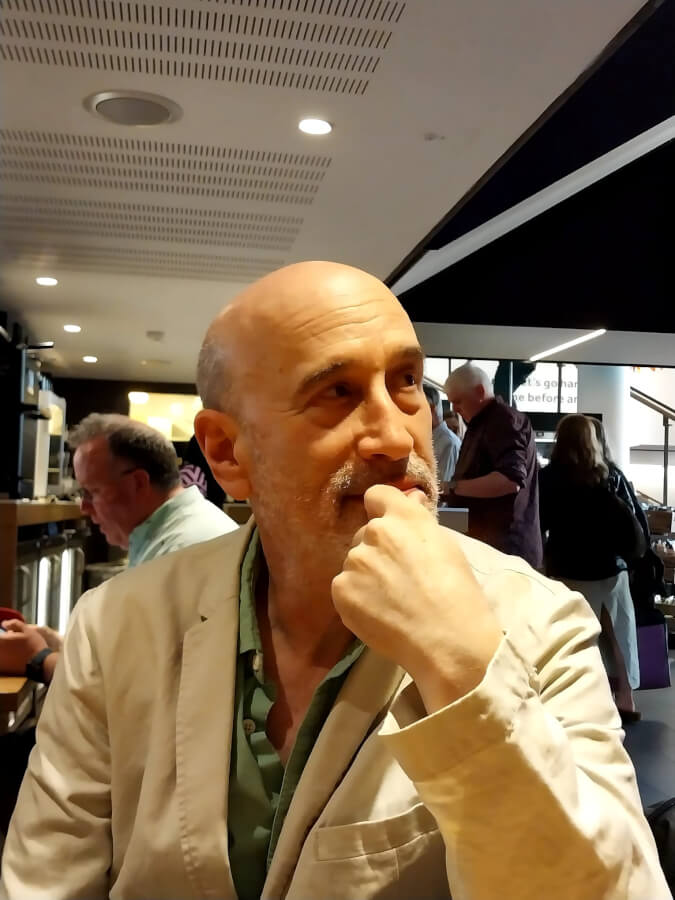
Turkey
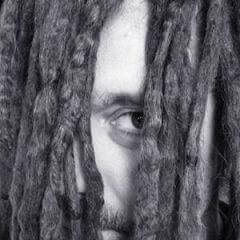
Adnan Hadzi is currently working as resident academic in the Department of Digital Arts, at the Faculty of Media and Knowledge Sciences, University of Malta. Hadzi has been a regular at Deckspace Media Lab, for the last decade, a period over which he has developed his research at Goldsmiths, University of London, based on his work with Deptford.TV. It is a collaborative video editing service hosted in Deckspace's racks, based on free and open source software, compiled into a unique suite of blog, cvs, film database and compositing tools. Through Deptford TV and Deckspace TV he maintains a strong profile as practice-led researcher. Directing the Deptford TV project requires an advanced knowledge of current developments in new media art practices and the moving image across different platforms. Hadzi runs regular workshops at Deckspace. Deptford.TV / Deckspace.TV is less TV more film production but has tracked the evolution of media toolkits and editing systems such as those included on the excellent PureDyne linux project.
Malta
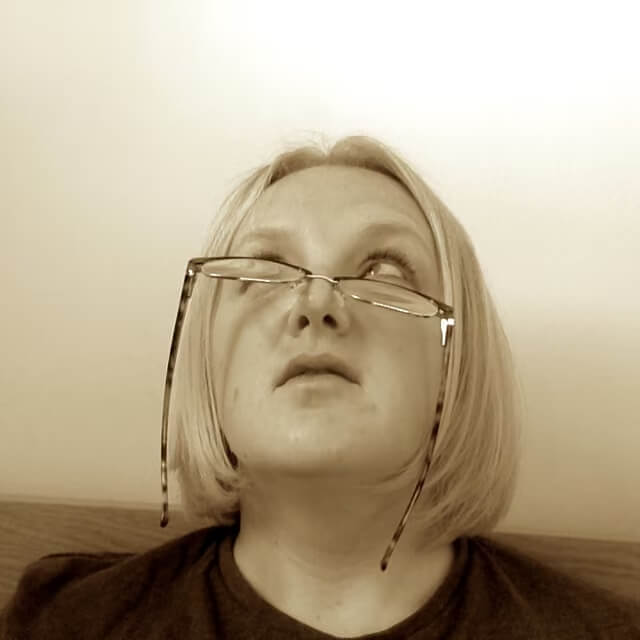
I maintain a playful and experimental approach in my practice and I like an adventure and have made art in remote or difficult to access environments and with subjects not often thought of, like Death Row at San Quentin State Prison (The Mexican Mafia and Me, 2016), on board a parabolic aeroplane owned by the Russian Space Agency and flown 23 ft up to the edge of space (Cat in 0g, 2008), and turned a bunker into a cinema at a rural prepper site in South Dakota 3⁄4 the size of Manhattan (Trust Our Judgement,2019). My next project ‘Radioactive Eden’ is going to be installed in a post-nuclear landscape that is currently inaccessible to allow for this period of growth and entanglement, until it is discovered by future human survivors. I like to situate my work in places that are somehow ‘wilded’ so that the artwork can become embedded in the landscape. I have a practice-based PhD in Art from Northumbria University, after which I became a Leverhulme Early Career Fellow at Newcastle University.
United Kingdom
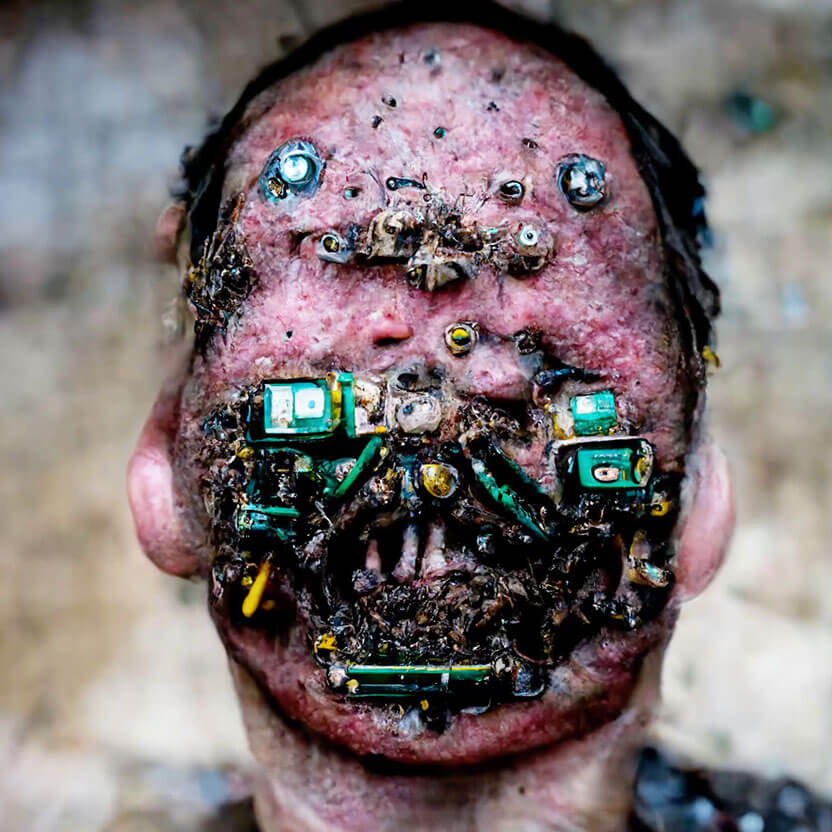
Ian Haig works across media, from video, sculpture, drawing, technology based media and installation. Haig’s practice refuses to accept that the low and the base level are devoid of value and cultural meaning. His body obsessed themes can be seen throughout a large body of work over the last twenty years. Previous works have looked to the contemporary media sphere and its relationship to the visceral body, the degenerative aspects of pervasive new technologies, to cultural forms of fanaticism and cults, to ideas of attraction and repulsion, body horror, the defamiliarisation and confrontation of the human body.
His work has been exhibited in galleries and video/media festivals around the world. Including exhibitions at: The Australian Centre for Contemporary Art, Melbourne; The Ian Potter Museum of Art, Melbourne; The Experimental Art Foundation, Adelaide; The Australian Centre for the Moving Image, Melbourne; Gallery of Modern Art, Brisbane; The Museum of Modern Art, New York; Artec Biennale – Nagoya, Japan; Centre Georges Pompidou, Paris; China Millennium Monument Art Museum, Beijing; Museum Villa Rot, Burgrieden-Rot, Germany; Kunstlerhaus Bethanien, Berlin, Germany; The Havana Biennial, Cuba. In addition his video work has screened in over 150 festivals internationally including The Ann Arbor film festival, US; VideoBrasil, Sao Paulo, Brazil and Rencontres Internationales, Paris/Berln. In 2003 he received a fellowship from the New Media Arts Board of the Australia Council and in 2013 and 2017 he curated the video art shows Unco and Very Unco at The Torrance Art Museum in Los Angeles.
Australia
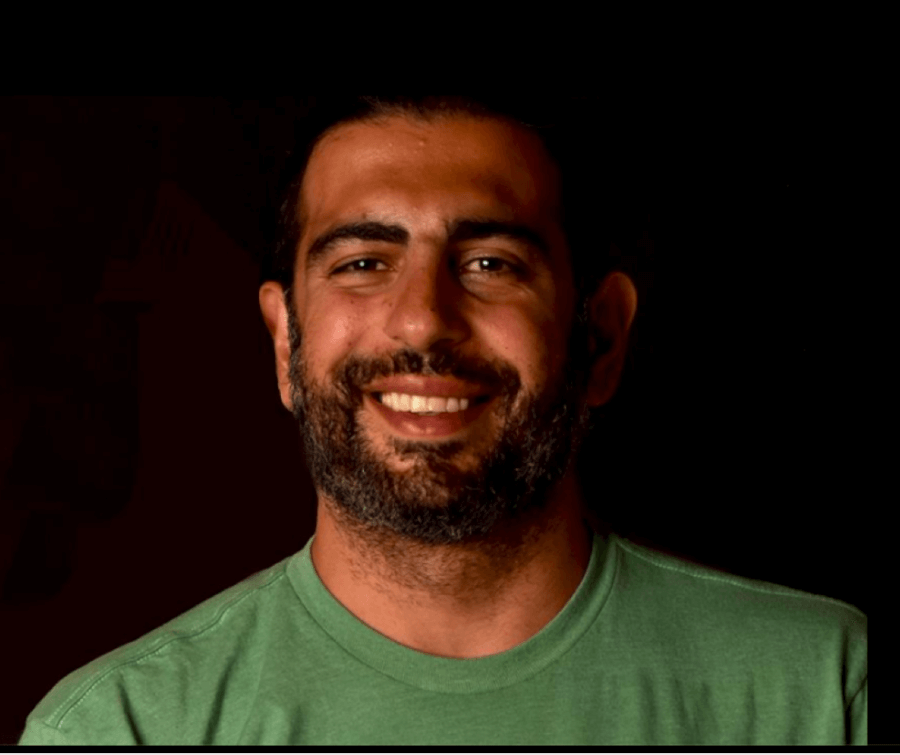
Foad Hamidi is an Assistant Professor in Information Systems at the University of Maryland, Baltimore County (UMBC), and faculty in the Human-Centered Computing (HCC) program. He is the director of the Designing Participatory Futures (DARE) lab and conducts research in transdisciplinary community engagement and the participatory design and evaluation of emerging systems, including digital living media interfaces that combine digital and living components. An important aspect of his work is understanding how emerging technologies can be subverted and appropriated in different contexts to reflect and amplify sociocultural community values and assets. His engagement with bioart and biodesign follows from these interests and commitments.
United States
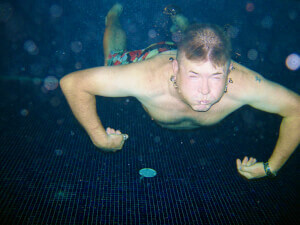
Dr Nigel Helyer (aka DrSonique) is a contemporary polymath whose work links Art and Science, or more accurately Poesis and Techne in a strong embrace of the environment, identity and cultural history. He has an international reputation as a sculptor and sound-artist who creates large scale sound-sculptures, environmental artworks and inter-active bio-art projects that prompt the community to engage with their cultural histories, identity and sense of place. His works are an open invitation to examine the abstract conditions of our world and our complex relationships to it. Helyer web-archive — http://www.sonicobjects.com
Australia
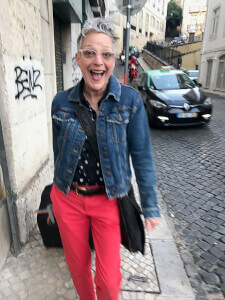
Kathy High (USA) is an interdisciplinary artist / educator who collaborates with scientists, and considers living systems, animal sentience, and the ethical dilemmas of biotechnology and medical industries. She produces photographs, films, sculpture and installations posing queer and feminist questions into areas of bio-science that have been exhibited across the Americas, Europe, Asia, and Australia. High is Head and Professor of Video and New Media in the Department of the Arts at Rensselaer Polytechnic Institute in Troy, NY. She has a laboratory at RPI’s Center for Biotechnology and Interdisciplinary Studies and also is a supporter of community DIY science and ecological art practices. High is the project coordinator for a non-profit urban environmental center and community bio lab, NATURE Lab at The Sanctuary for Independent Media. Among many honors, she is the recipient of fellowships and awards from the National Endowment for the Arts, and Guggenheim Foundation.
United States
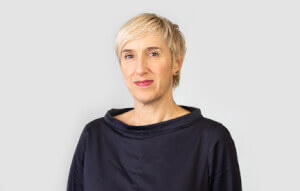
Beverley Hood is Reader in Technological Embodiment and Creative Practice, and Director of Research in Design at Edinburgh College of Art, University of Edinburgh. She is an artist, trained in Sculpture and Electronic Imaging, at Duncan of Jordanstone College of Art, Dundee and Nova Scotia College of Art & Design, Canada. Her creative research interrogates the impact of technology on the body, relationships and human experience through the creation of digital media and performance arts projects, and writing. She has extensive experience of collaborative work and project development involving a range of practitioners, including medical researchers, scientists, writers, technologists, dancers, actors and composers. Beverley’s work has been performed, screened and exhibited at leading international venues including: Stockholm Kulturhuser; Edinburgh International Festival; CCA Glasgow; Institute of Contemporary Art, London; Cornerhouse, Manchester; and it was shortlisted for the New Technological Art Award 2014 - Update_5, at the Zebrastraat Museum, Ghent, Belgium.
United Kingdom
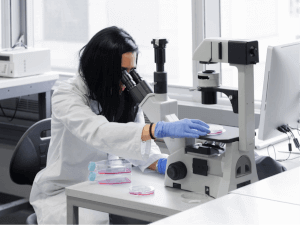
WhiteFeather Hunter is a multiple award-winning and internationally recognized Canadian artist and scholar. She is currently a PhD candidate in Biological Arts at the University of Western Australia, supported by a SSHRC Doctoral Fellowship, Australian Government International RTP Scholarship, and a UWA International Postgraduate Scholarship. Before commencing her PhD, WhiteFeather was a founding member and Principal Investigator of the Speculative Life BioLab at the Milieux Institute for Arts, Culture and Technology (Concordia University) from 2016-2019. WhiteFeather’s biotechnological art practice intersects TechnoFeminism, witchcraft, micro- and cellular biology with performance, new media, and craft. Recent presentations include at Ars Electronica, Art Laboratory Berlin, Academy of Applied Arts Vienna, Innovation Centre Iceland, Royal College of Art London, and in numerous North American institutions. WhiteFeather’s research into developing menstrual serum for tissue engineering was featured by Merck/ Sigma-Aldrich for International Day of Women and Girls in Science 2021 as part of their Next Great Impossible campaign.
Australia
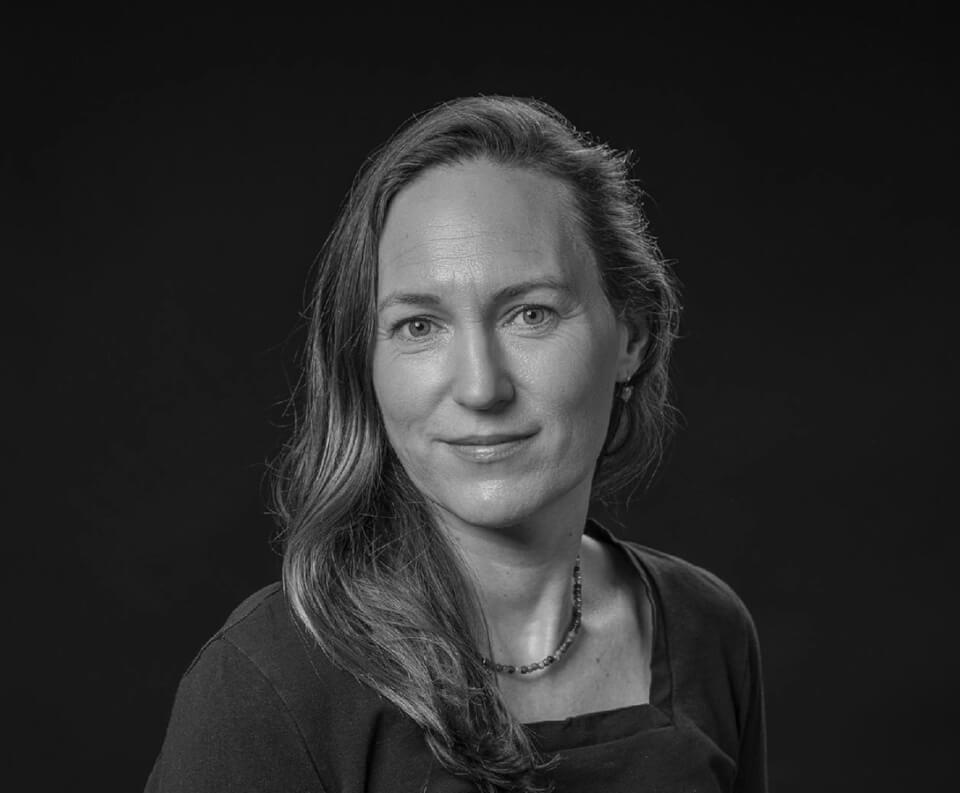
Anna Isaak-Ross holds a BFA from the College of Visual and Performing Arts at Syracuse University. After working with various artists across the U.S., she became Studio Manager of the Art & Design Department at the University of Massachusetts, Lowell. While there, Anna managed the traditional art studios and fabrication lab activities. She has extensive experience with curatorial work, bringing major exhibitions to University Crossing Gallery as well as galleries in Portugal and Spain. At present, Anna is the Studio Manager & Coordinator at Cultivamos Cultura in São Luís, Portugal. Her main duties include archiving the organization’s art collection as well as managing the residency program. Her expertise is managing lab equipment, art studios, facilities and galleries. She excels at curatorial practices used to present and preserve many types of artwork. Anna’s primary artistic mediums are photography and new media. Her photos and films have been exhibited internationally.
Portugal
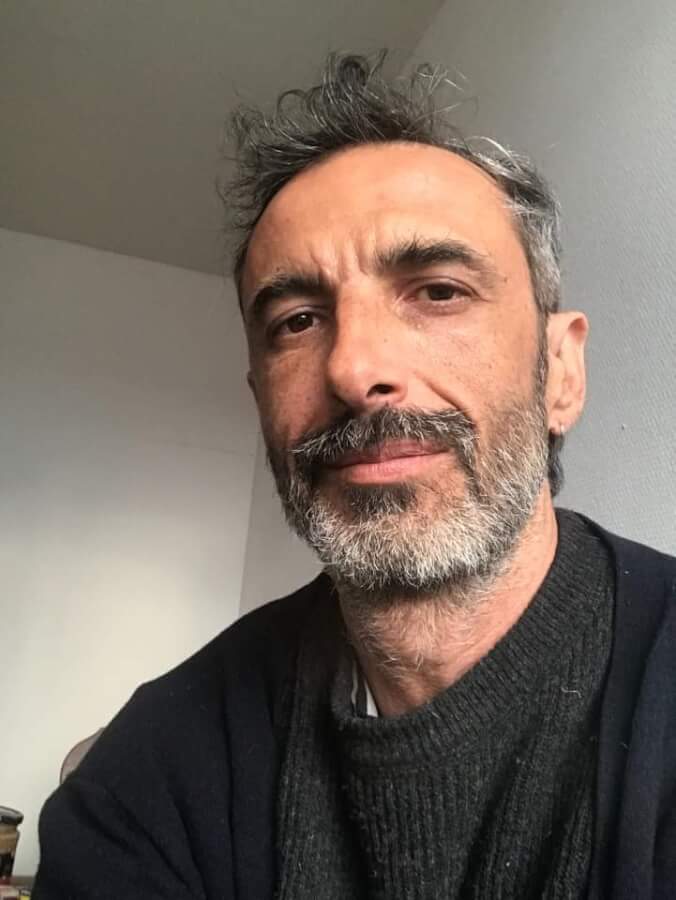
Born in 1977 in France, Julien Isoré is a multidisciplinary artist working in the field of non-human intelligence in the spectrum of art-science, law and biology. His work focus on our value system questioning Anthropocene and patriarchy.
At 24, after a master's degree in public law and a post-diploma in comparative intellectual property, Julien works for French national television in the field of entertainment as an artistic collaborator. At 28, he opened his first painting studio in Paris and developed his Prussian blue oil technique questionning optical persception. He follows a research on rich black and abstraction with the painting of imbalance.
In 2007 he launched his first Total-Art work: the international advertising campaign for love (LOVE: www.artforlove.fr ). In 2007, Julien joined the C.i.e.b.a. (School of Fine Arts of Lisbon) with its project "Comparative LAB" (https://dessinisore.blogspot.com/ ) in collaboration with the School of Medicine of Lisbon and the School of Sociology of the Imaginary of the University of La Sorbonne. Julien produces and organizes international exhibitions, collective performances, published articles and festivals on the theme of the collective imagination and its relationship with art. He is particularly interested in art-science and the process of building new cultures. In 2014 he launched his second Total-Art work : “Alan Tod, the forest artist” and developed the concept of forest-art www.alantod.com
In 2017, he began a collaboration with Marta de Menezes (Portugal) to develop forest-art and founded the forest Embassy with Alex Romania (USA): a network of artists helping to create works of art made from the forest. He exhibits this project with Cultivamos Cultura in the United States, Mexico and Europe. In 2021, he produced two works made of forest, "New fountain" a ready-made of a wild forest in New York State in the United States, and "4 linhas para um sonhos", a planted forest in the Alentejo region in Portugal. In 2022, Julien Isoré becomes production manager at Vent des Forets, an art center in the forest in Est France and continues his research to prepare a PhD on Forest-art.
France
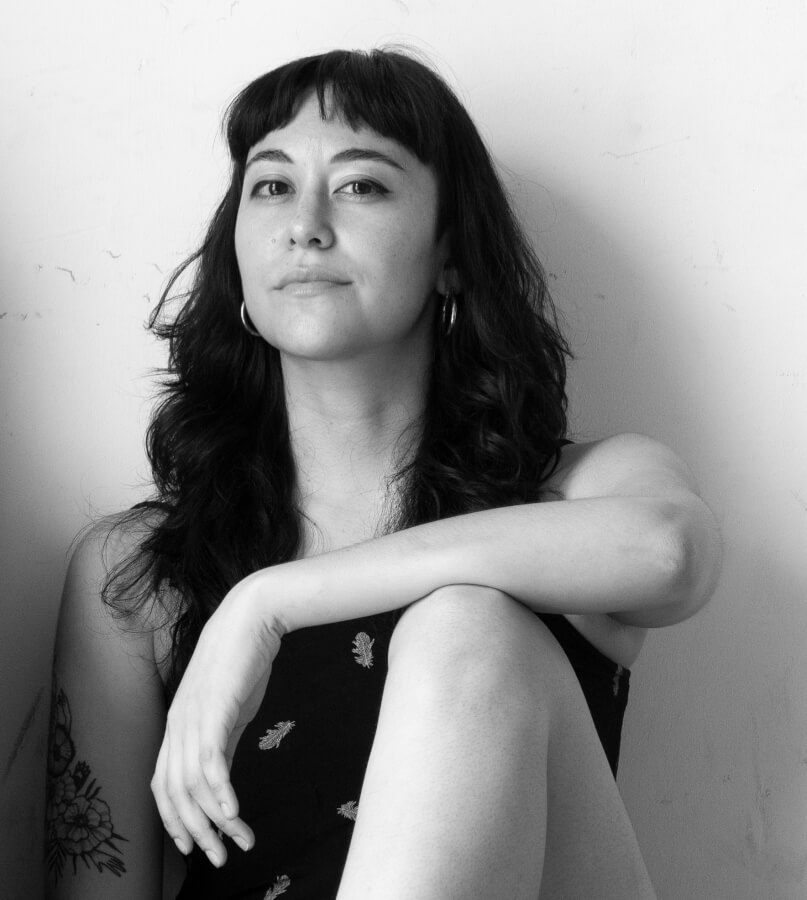
BA in Art (Pontificia Universidad Católica de Chile), Professor of Visual Arts (Universidad Alberto Hurtado) and MA in Latin American Art, Thought and Culture (IDEA; Universidad de Santiago de Chile). Visual artist, teacher and researcher of the arts. She has investigated, from different approaches, about situated corporealities, territories and the city as a common body. She is also interested in the methodologies of creation and epistemologies in the arts.
Currently is co-creating and researching in the pryect "Esporas, derivas artísticas vinculantes", interdisciplinary project about fungal escenic creation methodologies, and in the interdisciplinary project "Biodisidencias: cádaveres cyborgs para la supervivencia terrenal", about biodissidences, aliances interespecies that collaborate to earthly survivence.
Chile
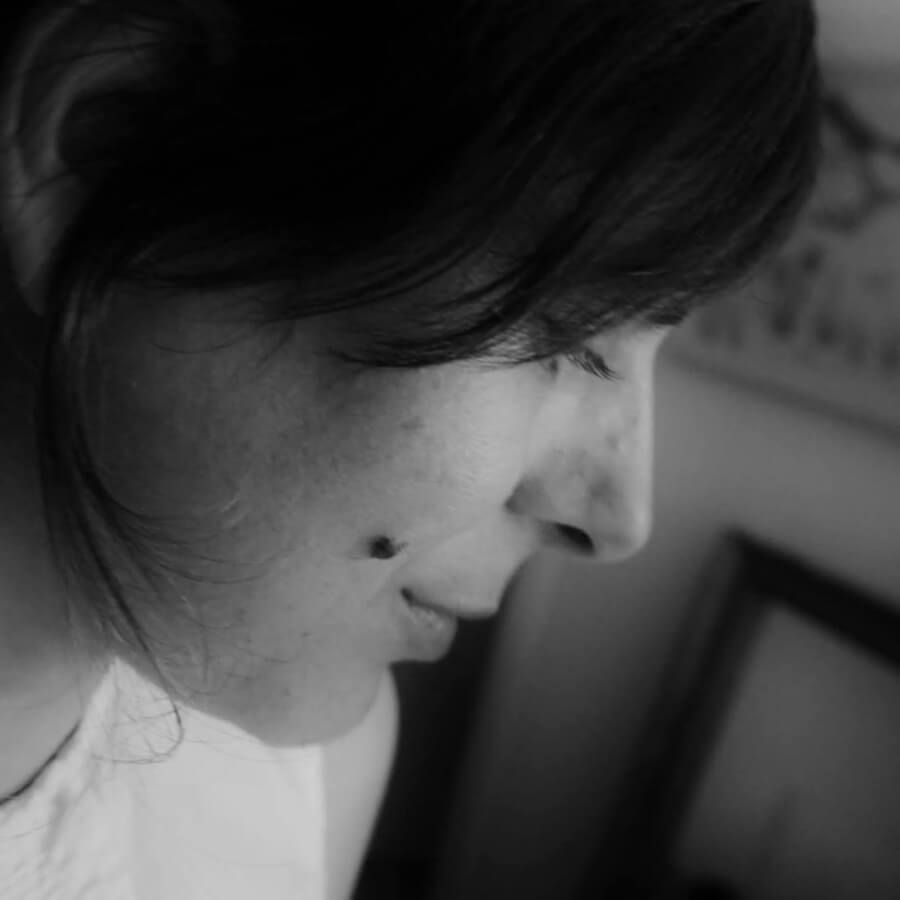
Rena Katsenou is a post-doctoral researcher at the Department of Audio and Visual Arts of Ionian University, focusing on the topic "Robots go to kindergarten: visions of artificial intelligence in preschool education", under the supervision of Dalila Honorato. Her theoretical background draws on philosophy and early childhood education. Her research concern human-robot interaction in kindergarten, incorporating various theoretical frameworks such as sociology of everyday life, structuration theory, philosophy of mind, constructivism, semiotic theory, multimedia semiotics, communication theory and phenomenology. She investigates the effects of technology on children's behavior and engagement through the concepts of "embodiment", "daily rituals" and "routines". Katsenou intends to explore the potential of robots and artificial intelligence programs to enhance preschool education. With a teaching background more than 15 years in preschool education, she has presented her research at conferences.Her research interests focus on cyberpsychology, phenomenology and post-human anthropology.
Greece
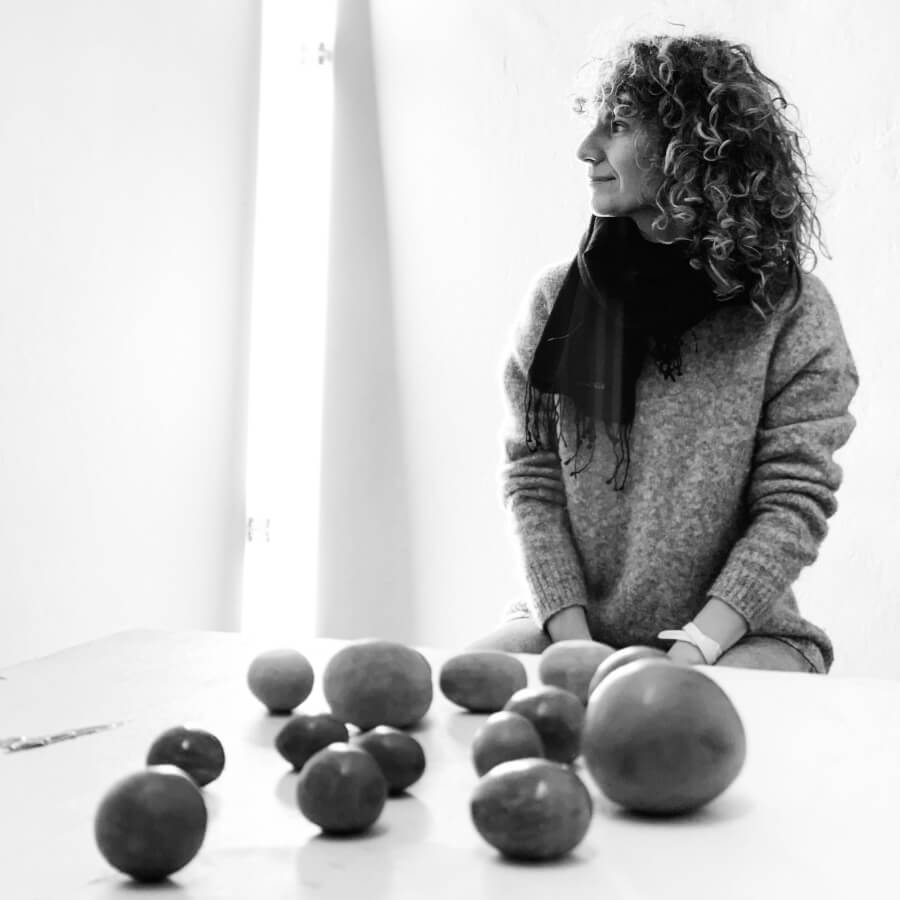
Born in 1982. Lives and works in Poznan, Poland. Visual artist. Teaches at the Photography Faculty (University of the Arts in Poznan, Poland). Co-curator and curator of photography exhibitions (eg. during: Photokina Academy, Cologne, DE 2014; TIFF festival, Wroclaw, PL 2016; the European Month of Photography, Berlin, 2016; International Photography Festival INTERPHOTO, Bialystok; PL 2017, Riga Photo Month 2019, LT; Chiang Mai Photo Festival 2020, TH).
Her field of artistic research embraces a wide scope of what might be called „Conflicted Landscapes”. She has worked i.a. on the notions of Landscape & Power, Landscape & Trauma, Landscape of Loss. Her main medium is photography, she also experiments with ceramics, video, installations. Her work often involves field research and research journeys. Participated in artist residencies in Spain, Thailand, France, presented her works in individual and group exhibitions and conferences in Poland, Germany, Belarus, Slovakia, Lithuania, Spain, Sweden, Greece, Wales, Indonesia, Portugal.
Poland
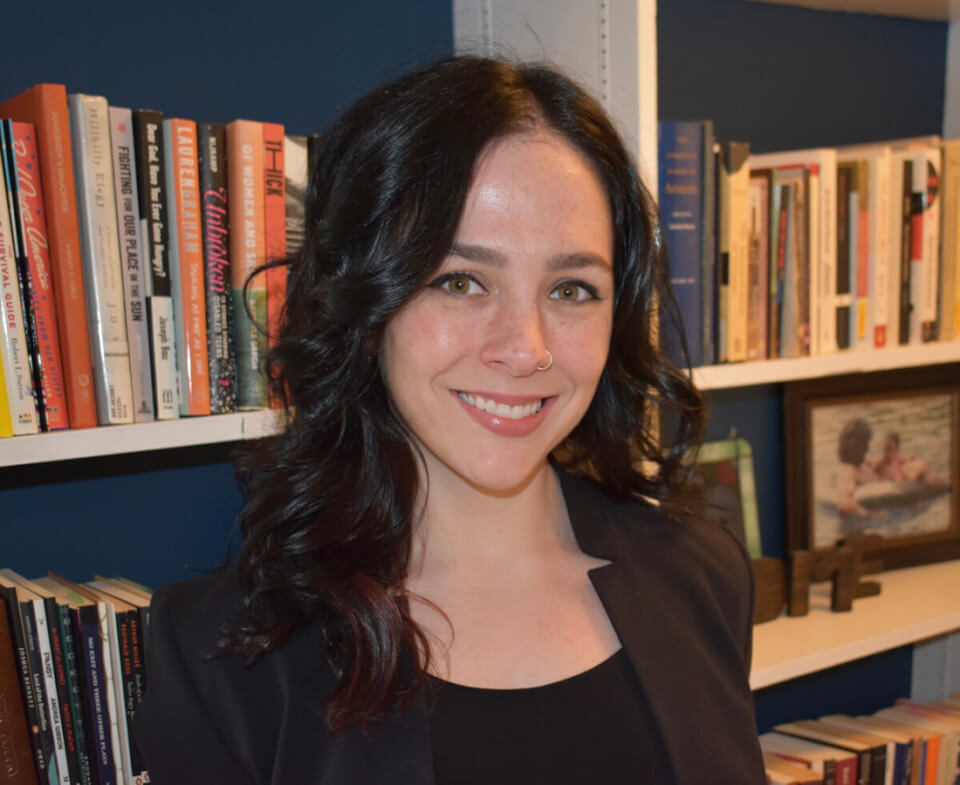
Currently pursuing her PhD in Philosophy at Emory University, Molly Kelly has a background in philosophy, political science, and public policy. Her educational foundation includes an MA in Philosophy from Emory University, an MA in Public Policy, Philosophy, and Social Policy from George Washington University, and a BA in Political Science with a minor in Women's, Gender, and Sexuality Studies from Boston University. Her research interests span various domains, encompassing Phenomenology, Social and Political Philosophy, Feminist Philosophy, 19th and 20th Century Continental Philosophy, Bioethics, and Philosophy of Psychology and Psychoanalysis.
United States
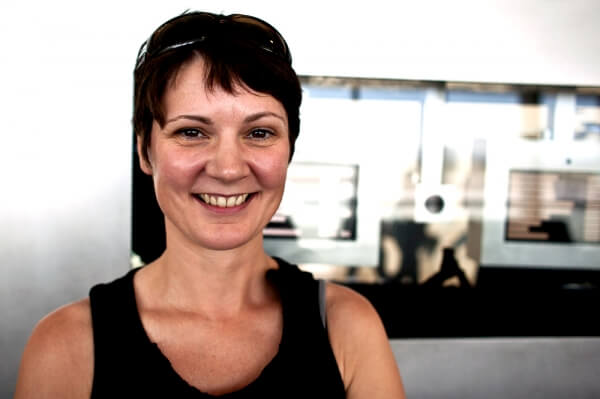
Since graduating from the Royal College of Art (London) with an MFA in Architecture in 1997, internationally recognized artist, designer and educator Shona Kitchen has divided her time between creative practice and teaching. Her work spans public art, conceptual narrative proposals, book works, exhibitions and interactive sculpture/installation. Her practice is frequently collaborative, research-based and site-specific. Using digital, analog, and biological elements, Kitchen creates work that allows physical and virtual, natural and artificial, and real and imagined to playfully and poetically co-exist. She explores the psychological, social and environmental consequences of technological advancement and failure. Her projects often function as imagined propositions, alternate or future histories that reveal and subvert the unseen technological forces in the world around us and expose our shifting role as creators, consumers and unwitting victims of technology. Kitchen’s work has been exhibited internationally at such venues as the Victoria and Albert Museum, the Kelvingrove Museum, Vitra Museum, Montalvo Arts Center, Center for Contemporary Art (Warsaw), Zero1 San Jose and the International Symposium on Electronic Art. She has completed a number of public art projects at such venues as the San Jose Mineta Airport; Kielder Castle, Northumberland; the Science Museum, London and Deptford Creek, London.
United States
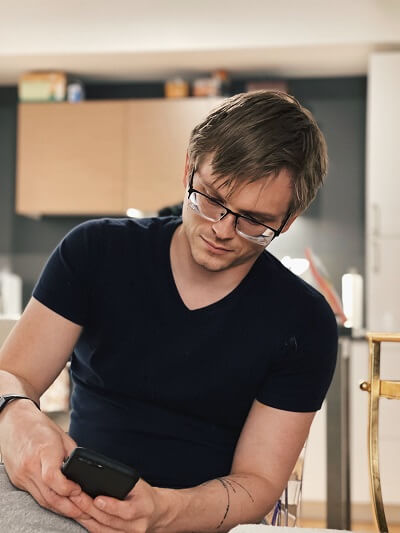
Jordan Kokot is a Visiting Assistant Professor in Philosophy at Brandeis University who specializes in the ethics of technology, social and political philosophy, the philosophy of art, and phenomenology. His current research is focused on the ethical, political, and phenomenological issues generated by the meteoric rise of modern digital and biomedical technologies, specifically the ways that VR and XR technologies manipulate normative affordance structures and how cyborg technologies (e.g., Neuralink) play into pernicious forms of ableist “cure aesthetics.”
United States
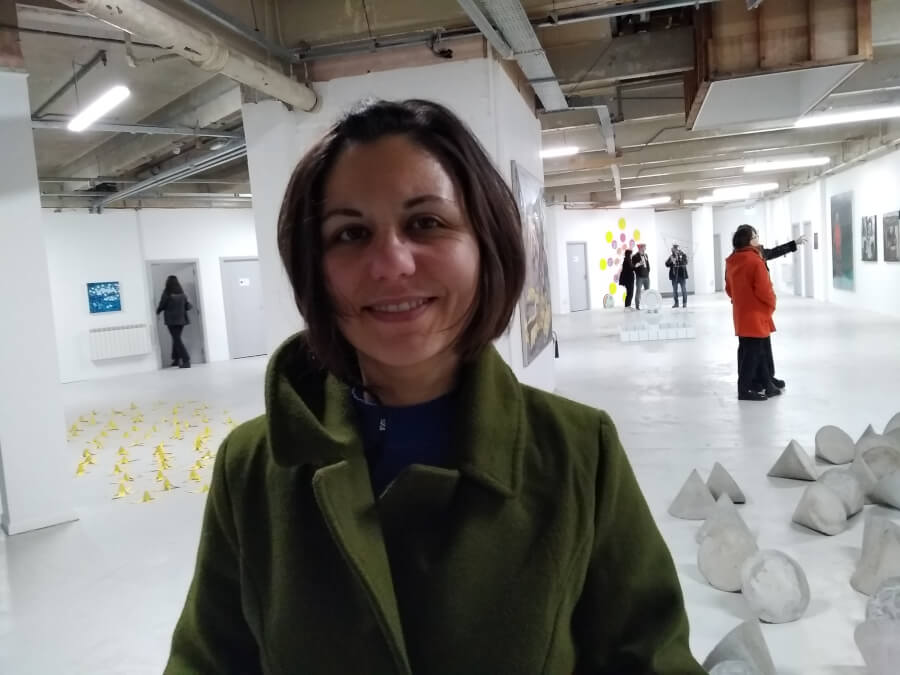
Eleni Kolliopoulou (PhD) holds a BA degree from Methodology, History and Theory of Sciences by National Kapodistrian University of Athens (NUAK, 1999-2004 ) and a BA in Fine arts (laboratory of Radu Dragomirescu) from Accademia Albertina delle Belle arti a Torino, Italy (2008-2011) where she also accomplished her MA specializing in Painting and New Media (laboratory of Marco Cingolani, 2011–2013). Her PhD thesis “The body of the relationship. A practice-based exploration of the relationship between the body and its environment informed by the notion of Butoh-body” (2016-2020) was under the supervision of Ralf Sander, Giuliano Campo και Tanya Dean at the Departments of Arts and Design & Drama του Ulster University in Northern Ireland and funded by Vice-Chancellor Scholarship (2016-2019). Her research interests are Performance art, Butoh dance, Site-specific installations/ Sound art, Video art, Participatory art, Philosophy of the body, Japanese Phenomenology and Theories of time/ space. She is currently pursuing her postdoctoral research hosted by Audio Visual arts Department at Ionian University under the topic: “Enacting multi-sensory embodiment: exploring the deepening of subjective embodiment of time in mixed media performative art praxis via the lens of Butoh notation’’ under the supervision of Dalila Honorato and funded by the Hellenic Foundation for Research and Innovation (H.F.R.I, 2022-2024).
Greece
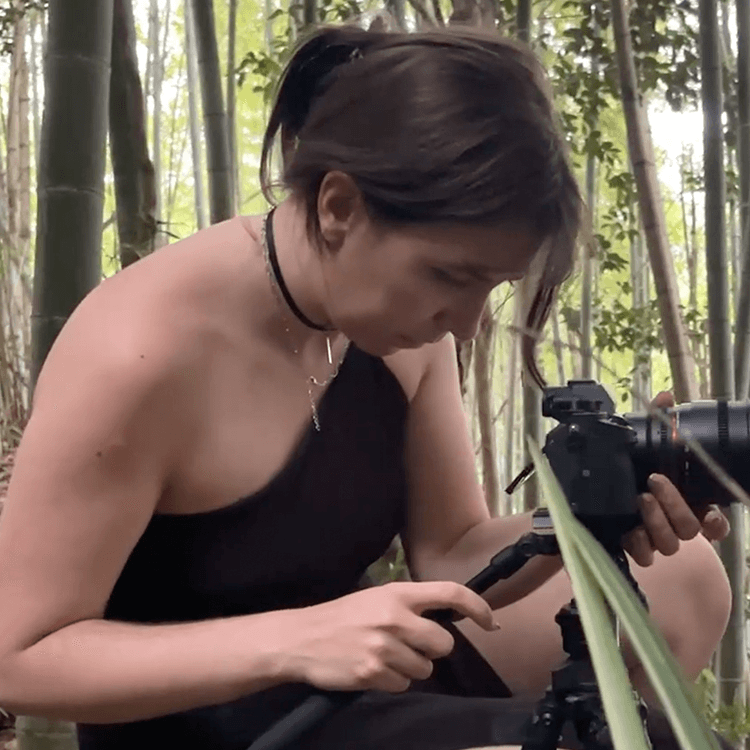
Ekaterina Kormilitsyna is an interdisciplinary researcher and artist working with media, film, technology and philosophy. Her work focuses on network structures; geo-mythologies and world-building in relation to materials, politics, aesthetics and ethics in topics of technology and biology. Ekaterina acquired her Bachelor in Film Studies at Queen Mary, University of London (UK) and a Masters in Research from Cardiff Metropolitan University (UK) and is continuing her education at the Academy of Fine Arts Vienna (AT)
2020: She was a visiting researcher at the TransTech.researchgroup at Plymouth University (UK).
2022/23: She is an artist and researcher in residence at the BioClub Tokyo, as well as a visiting researcher with the “PRIINT” research group at Tokyo University of Arts and also part of the 2023 cohort of the Fabacademy.
2023: She is an affiliate researcher for the MIT Media Lab, Centre of Bits and Atoms.
Japan
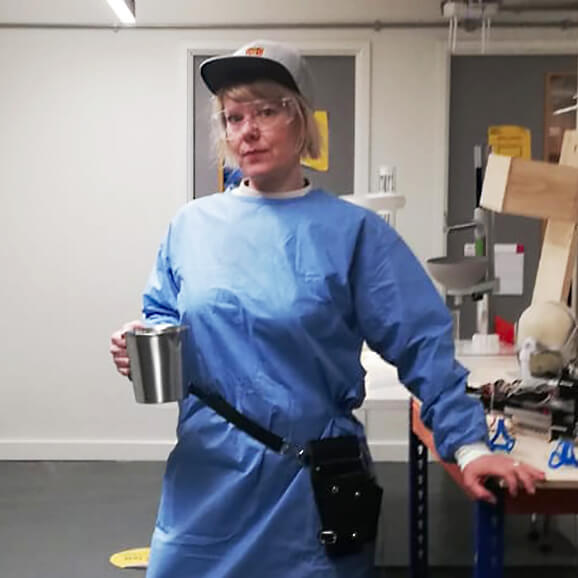
Dr. Kaisu Koski is a cross-disciplinary artist working with performance, film, and biological materials. Kaisu’s research focuses on multispecies relationships, the climate crisis, and the art-science methodology. She has previously conducted fellowships in medical schools in North America and Europe and developed films for medical curricula on topics such as vaccine-hesitancy and breaking bad news. Her scholarly work has been published in journals such as Leonardo, Simulation in Healthcare, and the Journal of Bioethical Inquiry. Kaisu’s work has been exhibited and performed in gallery shows and theaters in more than 30 countries and has received multiple awards in the film festival circuit. These include venues such as Künstlerhaus Mousonturm, Lawndale Art Center of Houston, WHO/UNAIDS, Estonian Museum of Applied Arts, UNESCO Art&Science, Czong Institute for Contemporary Art, COP27, and Helsinki International Film Festival. She has received numerous grants for her scholarly and artistic work, including organizations such as the Academy of Finland, the Amsterdam Fund for the Arts, and the Portuguese National Science Foundation. She serves as an expert evaluator in the European Commission Horizon Programme and UKRI. In 2020, Kaisu initiated the Citizen Surgery Collective, an interdisciplinary practice-based research group consisting of artists, critical posthumanists, and anthropologists. Their work concerns surgical literacy, sensory skills acquisition, and the relationship between (non)human animal bodies and food. Kaisu is an Associate Professor of Art and Design at Sheffield Hallam University.
United Kingdom
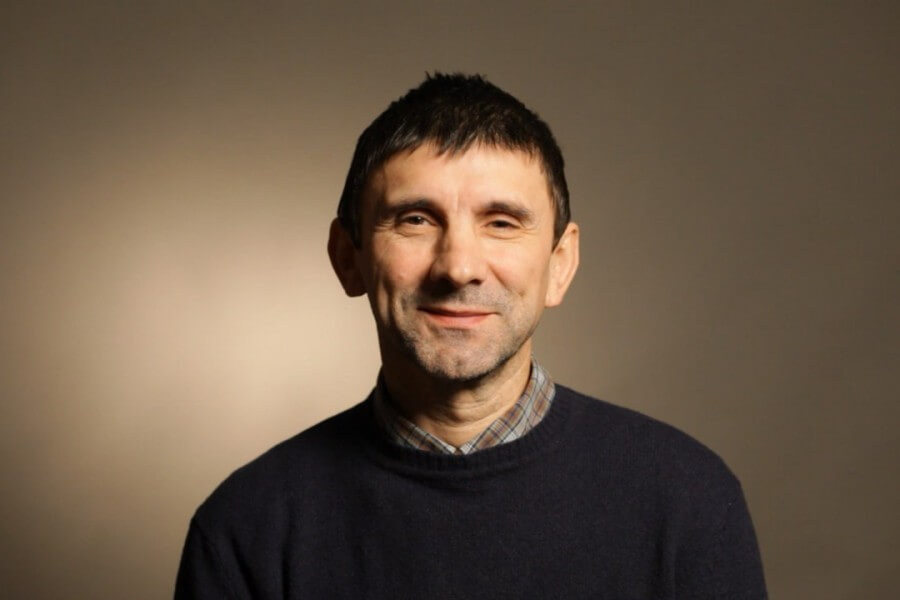
Siniša Labrović was born in Sinj, Croatia, in 1965. His first solo exhibition was held in Otok Gallery in Dubrovnik in 2000. He has exhibited all over Croatia and abroad. In 2005 he attracted the attention with his work Flock.org, in which sheep played the role of contestants in a reality show. In 2007 he won the purchase prize at the first T-HT and the Museum of Contemporary Art competition in Zagreb for the video Family Diary/News. This work is in the permanent display of the MCA, while the video documentation of the action Bandaging the Wounded (2000) is in the permanent display of the Fine Arts Gallery in Split. Several works are in the collection of Museum of Modern Art Dubrovnik and Museum of Modern and Contemporary Art in Rijeka. In 2009 he presented the work Lisansustu Egitim/Postagraduate Education at the 11th Istanbul Biennial. In 2012 he represented Croatia at the 13th Venice Architecture Biennale, entitled Common Ground, together with Pula Group, Hrvoslava Brkušić, Igor Bezinović and Boris Cvjetanović. He is represented by the Michaela Stock Gallery from Vienna. Labrović is a freelance artist living in Berlin.
Croatia
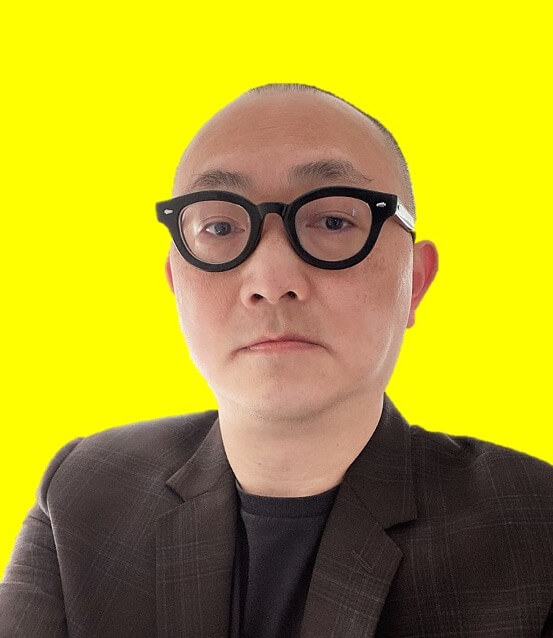
Dr Lam Yun Wah joined University of Huddersfield in the UK as a Reader in Cell Biology in 2023 before working for 15 years at City University of Hong Kong. He works with a multi-disciplinary research network of biochemists, chemists, materials scientists and clinicians to tackle a variety of biological projects, ranging from biomedical engineering, environmental sciences to regenerative medicine, resulting in over 100 research papers and book chapters. He is also passionate in the transdisciplinary practice of science and art, having collaborated with and acted as scientific advisors for many artists. Yun was awarded the CityU innovative e-learning award in 2020 and was shortlisted for the CityU Teaching Excellence Award in 2021. He was also the founding director of the BSc programme in Global Research Enrichment And Technopreneurship (GREAT), and the 2019 resident at SymbioticA, a centre for biological art in University of Western Australia.
United Kingdom
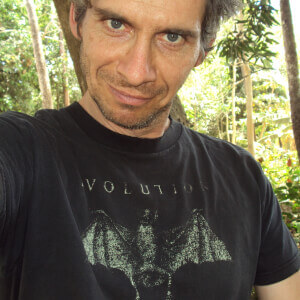
François-Joseph Lapointe is a biologist and bioartist, Full professor in the Department of Biological Sciences at the Université de Montréal (Canada). He holds a PhD in evolutionary biology (1992) and another PhD in the studies and practices of the arts (2012). As part of his research in biology, he is interested in phylogenetics, systematics, population genetics, and the human microbiome. As part of his interdisciplinary artistic practice, he draws inspiration from models of molecular biology and genetics. He is the author of 140 scientific publications and more than 300 international conferences. His artistic work has notably been presented at the Musée de la civilization (Quebec), Transmediale (Berlin), New York Hall of Science (New York), Ars Electronica (Linz), Medical Museion (Copenhagen), Science Gallery (London) and the Pompidou Center (Paris).
Canada
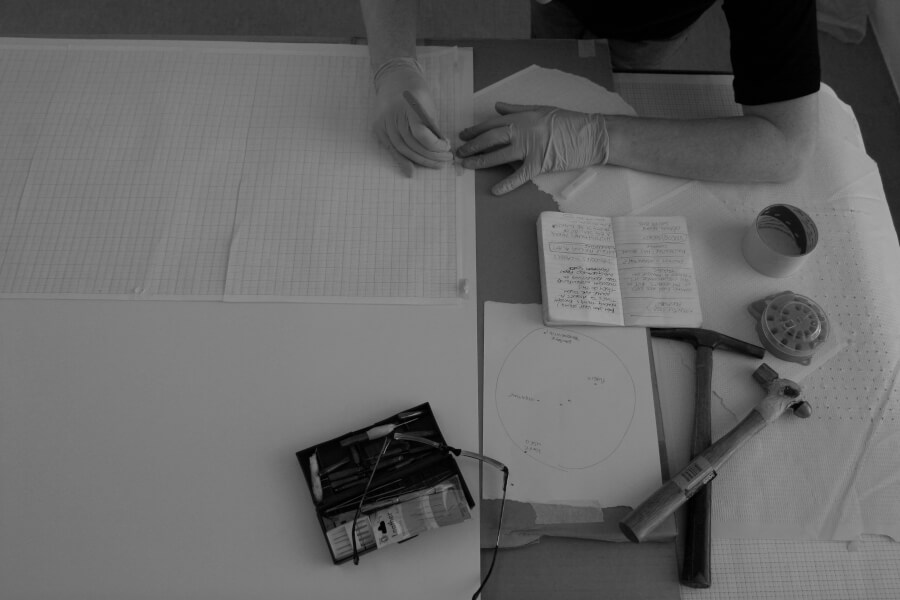
John Lavell graduated in 1991 from Newcastle Polytechnic with a BA (Hons) in Fine Art. Worked at Tate Gallery (Liverpool) from 1993-1997. Lived and worked in Japan and Canada from 1997-2003 holding various teaching posts and regularly exhibited. Returned to the UK (Newcastle) to complete a Masters Degree in Fine Art Practices in 2003-2004. In 2005 awarded doctoral funding by the Arts and Humanities Research Council. Doctorate completed in 2010. From 2008-2012 held a variety of teaching posts and roles at Northumbria University and Tyne College. In 2012 relocated as Senior Fine Art Lecturer to The British Higher School Moscow (now part of Universal University). Lavell is an artist and practice-led researcher whose earlier studio practice centred on general ideas and notions of classification and resulting taxonomies. Studio Practice was developed on an MA Practice programme through an engagement with criminal forensics procedures, methods and approaches. The MA Activity lead to a Doctoral thesis entitled ‘The Power of Naming’; Co-option in Fine Art Practice a practice-led research project and investigatory journey exploring ‘terrains of interest’ that have opened up, stimulated, and informed, studio and exhibition practices. Plotting a shift from the illustrative via natural history classification systems, the co-option of a forensic glossary to the poetics of creative practice.
Russia
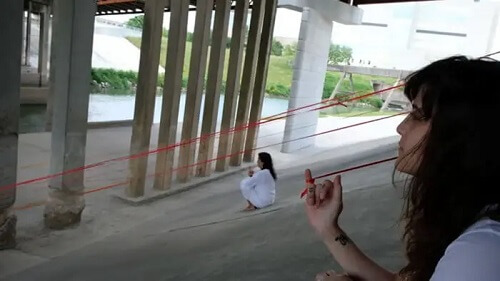
Alexandra is a Venezuelan-American interdisciplinary artist and organizer. Currently getting a dual master at the university of Houston with an MFA in Interdisciplinary Practice and Emerging Forms and a Masters in Arts Leadership. She founded The Happening, a monthly experimental performance art showcase as part of the conservation effort of the folk Orange Show Monument in Houston, Texas. In her personal work she researches phenomenologies of perception, repetition and meditation through kinetic sculpture, sound, and dance as a means to heal.
France

United States
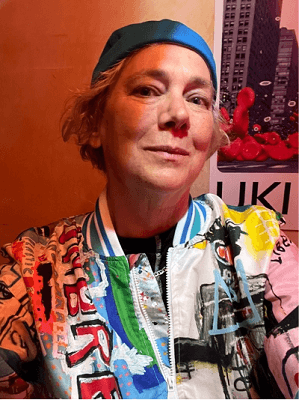
Elizabeth Littlejohn is a communications professor, human rights activist, photojournalist, and documentary filmmaker. She has written for seventeen years on social movements, sustainable urban planning, and climate change. As a running gun social movement videographer, she has filmed Occupy, Idle No More, and climate change movements internationally.
In 2018 she directed, filmed, and produced ‘Leelah’s Highway’, a broadcast half hour documentary focusing on the suicide of trans youth, Leelah Alcorn, and ‘Frolic’s Haunt’, a nine-minute documentary about a queer, accessible haunted house, with its own unique scare system. Both documentaries were shown in international film festivals. ‘Leelah’s Highway’ won honourable mention for best short film in OutShine and the Cindependent Film Festival in 2018.
In 2022 Elizabeth Littlejohn directed ‘The City Island’, a feature-length documentary about the razing of homes on the Toronto Island, and the Islanders’ stewardship of the park system. As an extension of this documentary, Elizabeth created and designed the 'Toronto Island Puzzle Tour', an augmented-reality smartphone application depicting six locales of the hidden history of the Toronto Island, funded by the City of Toronto’s Artworx Grant. She has just finished directing 'More than a Beach', a 21-minute documentary about a fictionalized beach and social distancing compound in the west end of Toronto, with tour guide, Shari Kasman.
Canada
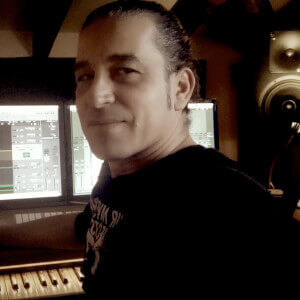
Apostolos Loufopoulos, PhD, is a composer, sound designer and producer, Associate Professor at the Department of AudioVisual Arts. He studied at City University, London (PhD) and at the Ionian University, Greece (BA). He writes electroacoustic music, music for theatre and audiovisual arts. His creative contribution includes 19 international awards (Αrs Electronica, Bourges, Noroit, Metamorphoses, Space of Sound, Franco Evangelisti, Musica Nova, SCRIME, I. Xenakis, D. Dragatakis. etc), 15 discography publications (INA-GRM, Musiques & Recherches, Ionian University, CyberArts, Touch Records) and numerous appearances at important events worldwide. His research profile mainly focuses on the sonic study of nature and its transformation to sound art, including postdoctoral soundscape research and involvement in numerous research programmes, through which a number of academic studies and papers have been published in journals and renown conferences. He is a founding member of HELMCA and the Greek Society for Acoustic Ecology.
Greece
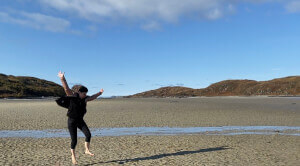
Louise Mackenzie, PhD, is an Edinburgh-born interdisciplinary artist, curator and writer. Her practice explores human relationships with the non-human world. With an interest in experimental and experiential practices, sound and new/found media play an important role in her work. Her work has been exhibited nationally and internationally, including ZKM (Germany), BALTIC CCA (UK) and National Library of Madrid (Spain) and she has written for publications with MIT Press, Routledge, Bloomsbury and Intellect.
United Kingdom

United States
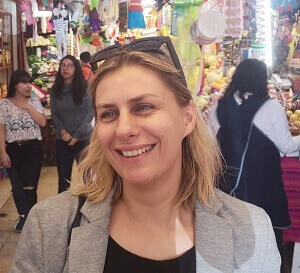
Dr Olga Majcen Linn is art-sci-tech independent curator and researcher, and guest lecturer at the Academy of Fine Arts in Zagreb. She holds a PhD in arts and media from the Faculty of Media and Communication, Belgrade in the field of transdisciplinary studies of contemporary art and media. She is a co-founder of NGO KONTEJNER / bureau of contemporary art praxis.
Croatia
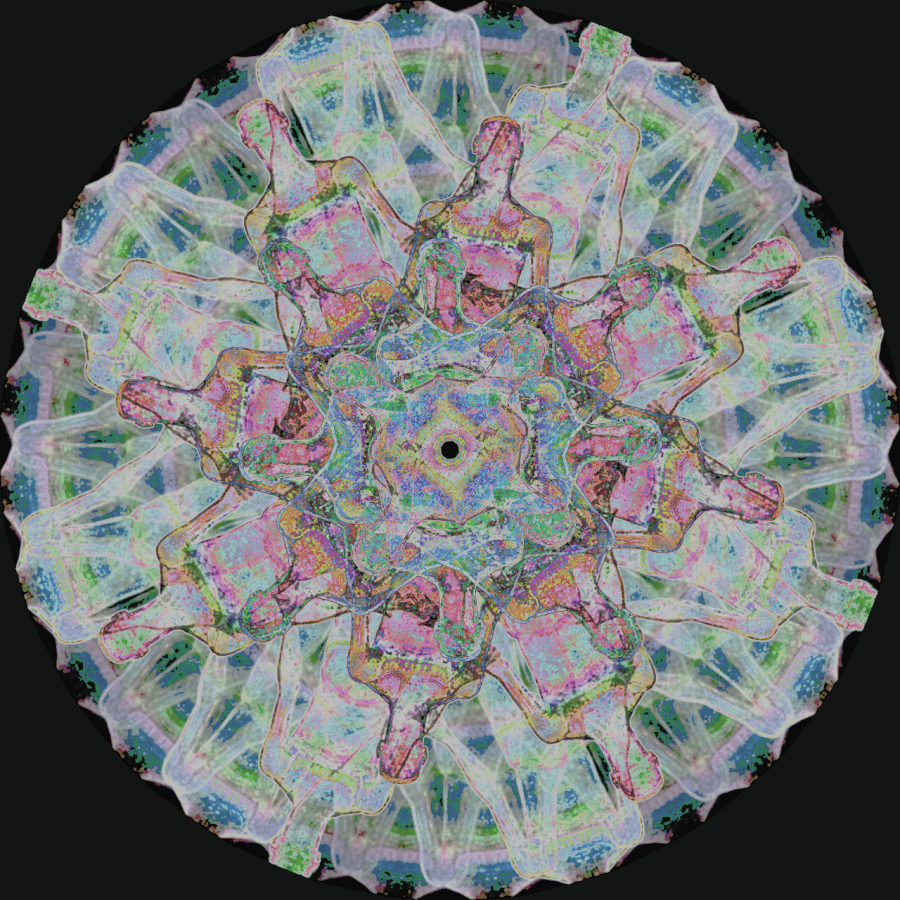
Silvana Malaver Turbay is a Colombian multidisciplinary artist and a doctorate researcher at the Graduate School of Media Design, Keio University, Japan. She has a Bachelor's degree in Literature and Art from Universidad de Los Andes, Colombia, and a Master's degree in Asian and Japanese Culture from Saitama University, Japan, where she focused on Buddhism and media art. Her creative process explores altered states of consciousness through poetry, experimental films, and installations. She has worked as a visual producer on various music projects such as Mestizo Music Collective, Carlos Rizzi, and Carambolo. Her research and artwork have been displayed at conferences, exhibitions, and performances in Colombia, South Korea, and Japan. She is currently part of Geist, a media design lab at Keio University that explores the relationship between body and mind through technology, art, and science. Here, she develops art pieces that serve both as artworks and meditation tools.
Japan
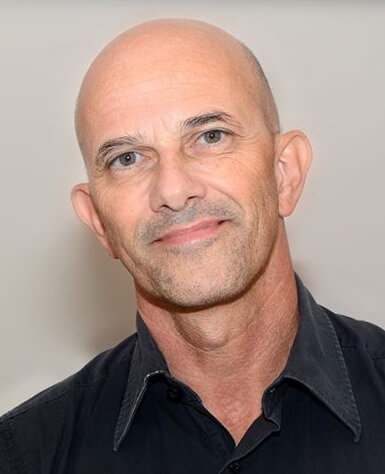
Adrian Mamo is an architect in private practice. He graduated in architecture and civil engineering from the University of Malta in 1989 and worked as architect at the Antiquities (Restoration) Section of the Works Department before setting up ARCHITECTS STUDIO in 1995 with three architect colleagues. He was appointed consultant architect to the Mediterranean Film Studios and between 1993 and 1995, he managed Image Workshop, a video production and graphic design studio for Associated News. He designed and coordinated a number of public exhibitions including The International Law of the Sea for IMO at the Maritime Museum, the Hypogeum Visitor Centre, the Malta Pavilion for Hannover EXPO 2000 and the stage settings for CHOGM 2005 and CHOGM 2015. Adrian has designed over 50 stage sets for a number of local theatre companies and agencies, including classic and contemporary plays, musicals, pantomimes and concerts. He was a co-founder and producer of VOICES, one of Malta’s largest local music events held every two years between1991 and 2016. He was chairman of the Malta Council for Culture and the Arts between 2006 and 2013. He currently lectures in Theatre Set Design at the Department of Theatre Studies at the University of Malta and occupies the post of President of the Malta Society of Arts.
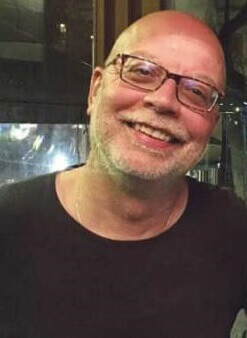
Professor Claude Mangion, is Head of the Department of Philosophy at the Faculty of Arts of the University of Malta, as well as convenor of the annual international conference called 'Engaging the Contemporary". His research interests are: Philosophy of Communication, Nietzsche, Continental Philosophy: Badiou, Meillassoux and Zizek, Speculative Realism Contemporary Philosophy: analytic and continental traditions, The Problem of Evil and Film as Philosophy.
Malta
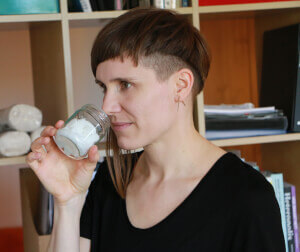
Lauryn Mannigel (*1983) is an artist-researcher living and working in Tempe, USA, and Berlin, Germany. Driven by a diverse set of manifestations exploring and critiquing social and cultural inequalities, she produces experimental new media works that have relational and performative qualities. Her current work series The Aesthetic and Political Potential of Body Scents aims to contribute to diversifying, democratizing and decolonizing perception and knowledge production of the way we think about, embody and express, or communicate our experience of another person’s scent. Mannigel has exhibited at Mediamatic (The Netherlands, 2016), Kunsthalle Kiel (Germany, 2019), Wageningen University (The Netherlands, 2018), AdaX (Canada, 2019), VIVA Art Action (Canada, 2019) and Goethe Institute Max Mueller Bhavan (India 2019). Moreover, she shared insights about her artistic research at conferences, such as EuroScience Open Forum (the Netherlands, 2022), ECRO2021 (Portugal), Uncommon Senses III (Canada, 2021) and Taboo-Transgression- & Transcendence (Austria, 2020).
Germany

Marko Marković is a Croatian artist working across the mediums of video, installation and performance. In his works Markovic often includes the audience and other participants as the medium of expression. Working in different media with a focus on performing arts, Marko Marković critically reflects on political and social structures in his work. His artistic interests are predominantly marked by transformation processes between the individual and society. His works reflect everyday life in which he examines the relation between inferiority and superiority as well as the position of power in different geopolitical systems.
Croatia
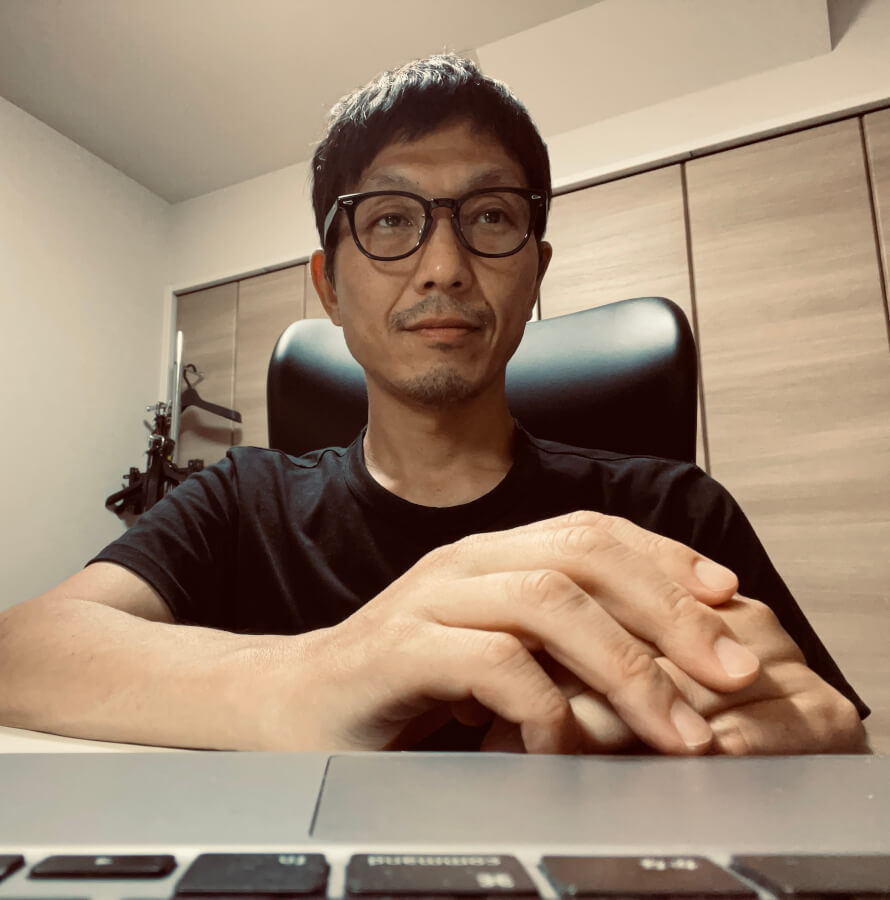
Yosaku Matsutani is currently a professor in the Department of Sociology at Otemon Gakuin University in Osaka, Japan. He specializes in aesthetics, art and media theory, and visual culture studies. He works on problems of art practices since the aesthetic turn, the relationship between science, technology, and art, and the sensibilities common to various organisms and things. His publications include works on art practices in Japan since the 2010s, the relationship between art and computation in the 21st century, art practices about the entanglement of soil and microorganisms, and image practices in outer space. Recent articles include "Aesthetic Techniques Without Technology: Soichiro Mihara's "[blanc] project"", and co-authored "Living Images, Inert Humans: Vitality of the Images Appearing in Chromatophony and A Wave".
Japan
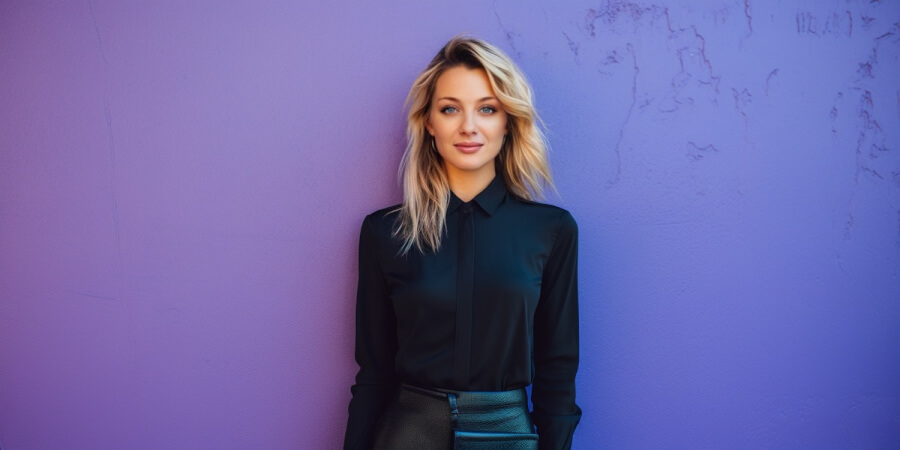
s.myselle, aka Stephanie Meisl is a concept/media artist. Her work has been presented in Paris, Copenhagen and at the Salzburg Festival, among others. She is the winner of the Salzburg VJ Lab Award and a member of the Schmiede art festival, which was awarded the Austrian Art Prize in 2016. For 2021 she has received the annual scholarship for media art of the city of Salzburg. With the artist figure s.myselle, Stephanie Meisl interprets humans as humanoid intelligences whose data set (information archive) consists of personal experiences and adventures. Her preference for past art movements, artists and thinkers inspires the resulting new works. By looking into the past, she tries to reshape the future and finds herself in a new digital avantgarde.
Austria
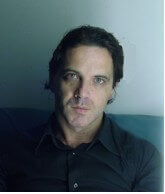
Y. Melanitis’s work initiates from a conceptualization on the strategies of contemporary art. Recent research focuses on the role of information on the arts considering “INFORMATION AS THE NEW CONCEPTUALIZATION. (Latest example is his gene micro-injected into the butterfly named Leda Melanitis for the creation of a transgenic, adult butterfly breed). Yiannis Melanitis holds degrees in painting, sculpture and digital arts from the Athens School of Fine Arts and is presently a PhD candidate at the School of Architecture, (NTUA) with a thesis entitled: Biological Dynamics in Art. Exhibited in Austria, Mexico, Brasil, Belgium, UK, Portugal, Switzerland, US, Scotland, Italy, Portugal, Sweden, Germany, Greece. Latest work presentations include Ars Electronica 2020, MACRO Museum (Rome); at the National Museum of Brasil; Biblioteque of Brasil; Museu D. Diogo de Sousa, Braga, Portugal; the Tongeren Museum and Praetorium, Belgium. As a subject of criticism, his work is included in international editions as "Art Tomorrow" (Ed.L.Smith), Leonardo MIT, Lomonosov Moscow University, by Seung-Chol Shin, Assimi Kaniari, Mario Savini among others.
Greece
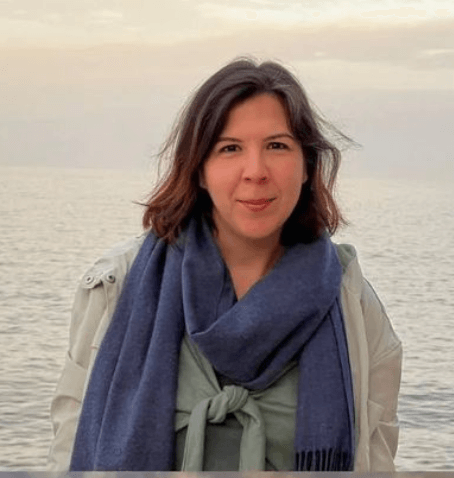
Portugal
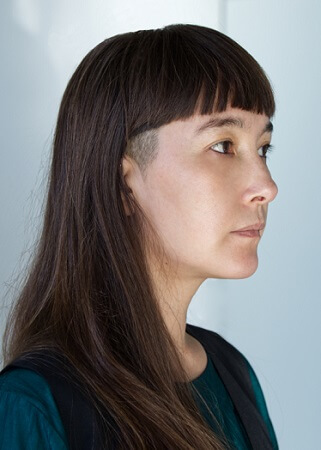
Art historian, artist, researcher and exhibition curator, Maya Minder works in the field of Eat-Art. As a specialist of lactic fermentation, she realizes experiments with bacteria, mushrooms and seaweeds while applying this knowledge to cooking, the realization of films, handicraft and design. In continuity with the story of feminism, she combines art, science, and queer theories with her practice of biohacking.
Switzerland
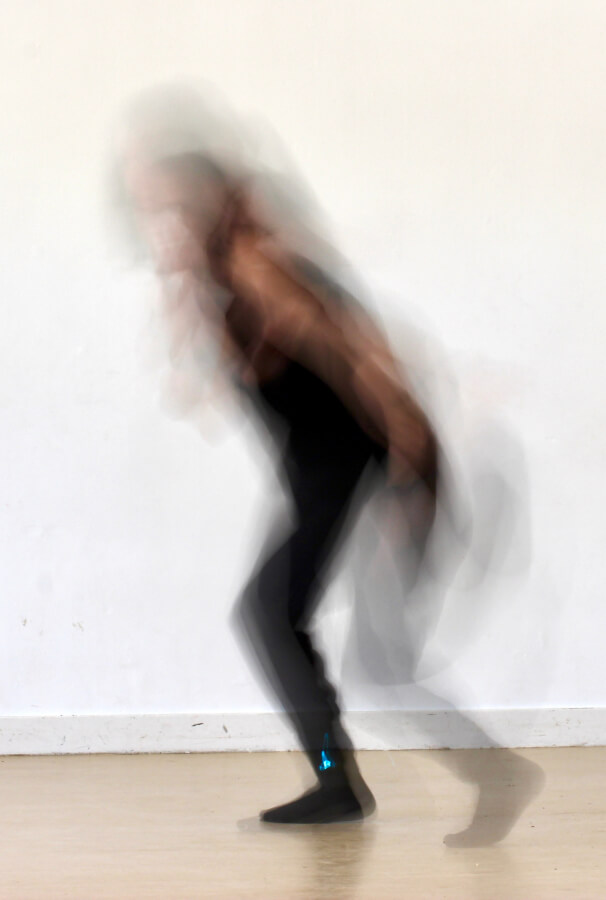
Minns is an older non-binary artist using dance, music technology, words, video, liveness, to create work with cosmic resonance. Facilitator of collective ecoart events Be-coming Tree. Immersed in 1990s London queer club scene they were bassist in bands e.g. Leigh Bowery's Minty, also combat medalist in Silat martial arts world championships in 1997. In 2010 obtained degree in Dance/Music Technology, and began working with motion-sensing music tech. 2014-17 supported by Arts Council England to create/tour autobiographical mixed-genre socially engaged theatre: Get Therapy, Danielle Imara’s In Jail. Live art/cabaret at queer events eg ActArt, Duckie, Deep Trash, The Glory. Member of non-binary live art gang FBI+A, performed LADA, MK Gallery. During pandemic made collaborative videoart: Y&I series, Matters A:Rising and award-winning solo pieces, and co-founded/facilitated collaborative durational live ecoart events Be-coming Tree. 2021 Creative Scotland funded wearable motion sensor setup and software integration, 2022 performance commission at Live Art Ireland.
Spain

Kaajal Modi (she/they) is a multidisciplinary designer and creative researcher working through accessible multispecies modes to engage diverse communities into conversations about food, culture, and climate. Their co-creation practice incorporates illustration, live art, sound, video and workshops to create lively and situated encounters between people, organisms and ecosystems. Kaajal is currently completing a practice-based PhD at the Digital Cultures Research Centre (DCRC) at UWE, Bristol, co-supervised from the Science Communication Unit.
United Kingdom
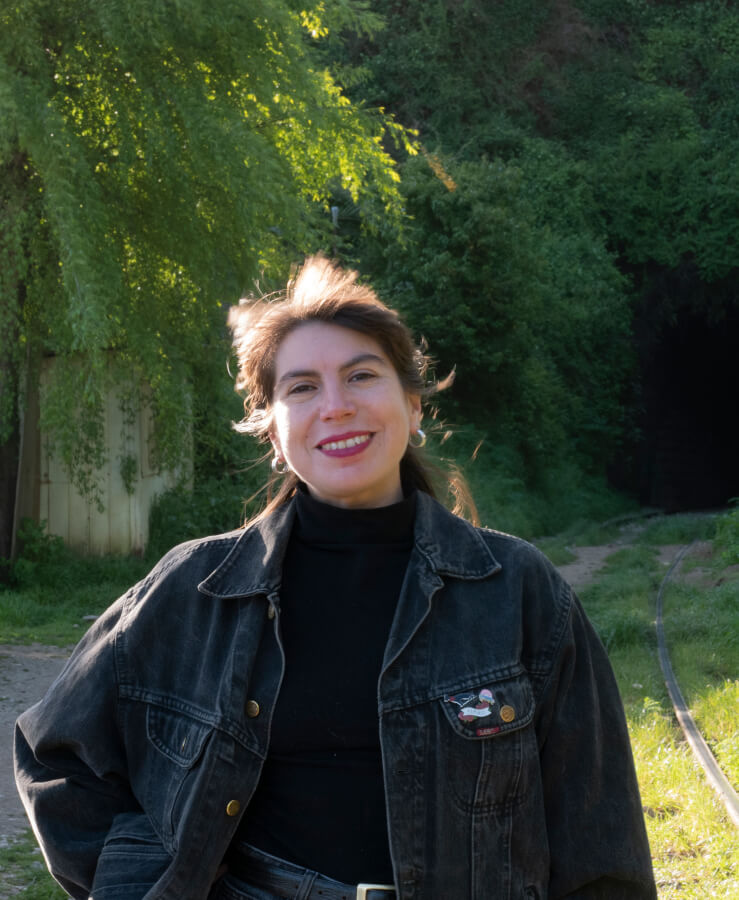
PHD © in Gender Studies: Cultures, Societies and Politics at the University of Barcelona and Master in Social Sciences, mention in Sociology, University of Chile. Activist transfeminist, social scientist and interdisciplinary researcher. Asociated professor at the Universidad Academia de Humanismo Cristiano (Chile) teaching gender and interculturality and cinema and feminist studies.
Has been co-created and participated in audiovisual projects that, from a feminist epistemology, develop research on feminisms and memory. She has researched on repertoires of feminist collective action, care, bodies and activisms of the Global South and critical epistemological proposals to western modernity.
Currently co-creating and researching in "Biodisidencias: cádaveres cyborgs para la supervivencia terrenal", interdisciplinary project about biodissidences, aliances interespecies that collaborate to earthly survivence.
Areas of interest: critical epistemologies, activisms, care, feminist methodologies and technologies.
Chile
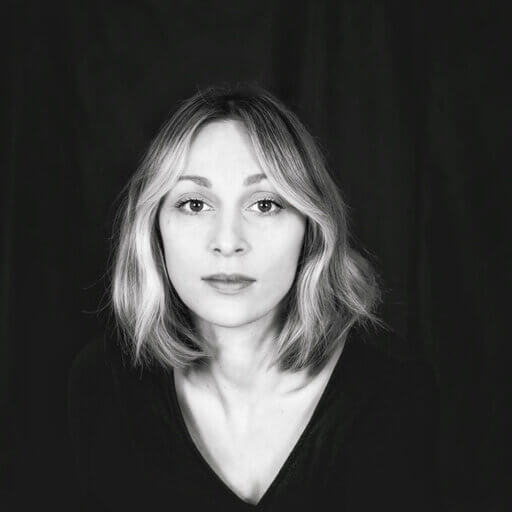
Zjana Muraro is a dance and digital artist, somatic practitioner and researcher from Brooklyn, New York. Her works have been recently supported by Arts Council England, European Culture Foundation, Compagnia di San Paolo, and University of Arts London. She holds an MA from Tisch NYU in Performances Studies and currently conducts research as part of the independent dance scene in London.
United Kingdom
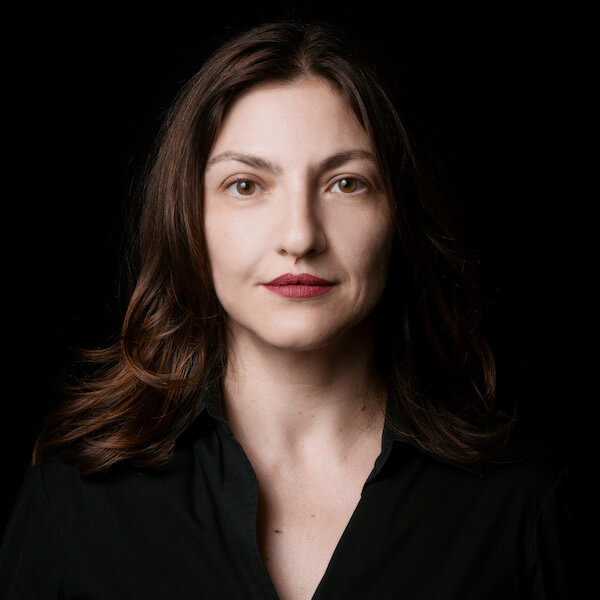
Kat Mustatea is transmedia playwright and artist working at the forefront of live performance and cutting edge technology. Her experiments with language and new narrative forms enlist absurdity, hybridity, and the computational uncanny to dig deeply into what it means to be human in the digital age. Her work has been presented at Ars Electronica Linz, New Images Festival Paris, Stanley Picker Gallery London, New York Live Arts, The Cube at Virginia Tech, among others. Her TED talk, about AI as a form of puppetry, offers a novel take to the meaning of generative art-making. Her hybrid digital artistic and literary work, Voidopolis (2023, MIT Press Leonardo), a first-of-its kind augmented reality book made to disappear, was recently short-listed for the Lumen Prize.
United States
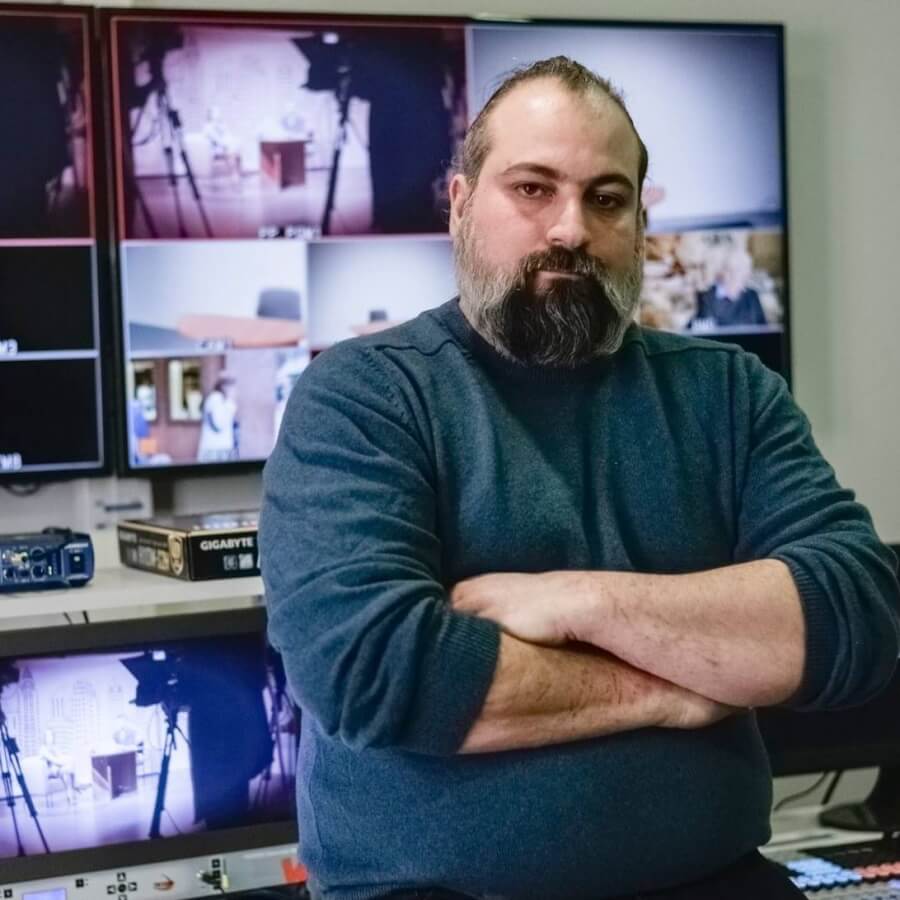
Nickos Myrtou is Specialized Teaching Personnel and a PhD candidate in the department of Communication and Media Studies of the National and Kapodistrean University of Athens where he teaches Television and Radio Production as well as Documentary Production. As a member of the Audiovisual Media Laboratory of the department he oversees student productions and research on new technologies and practices. He holds a BA and MA degrees from the Department of Communication and Media Studies. His thesis for the MA "Web Documentary: Multimedia Documentation in the Digital Era" explored the new medium for documentarians and how the basic schools of documentary have transcended in the age of internet. As videographer and editor he was worked in a number of short films and documentaries. As a researcher he works on content analysis of audiovisual products in the areas of gender representations, “manufactured” and documented reality and memory, audiovisual archives and medium transformations due to technological advancements.
Greece
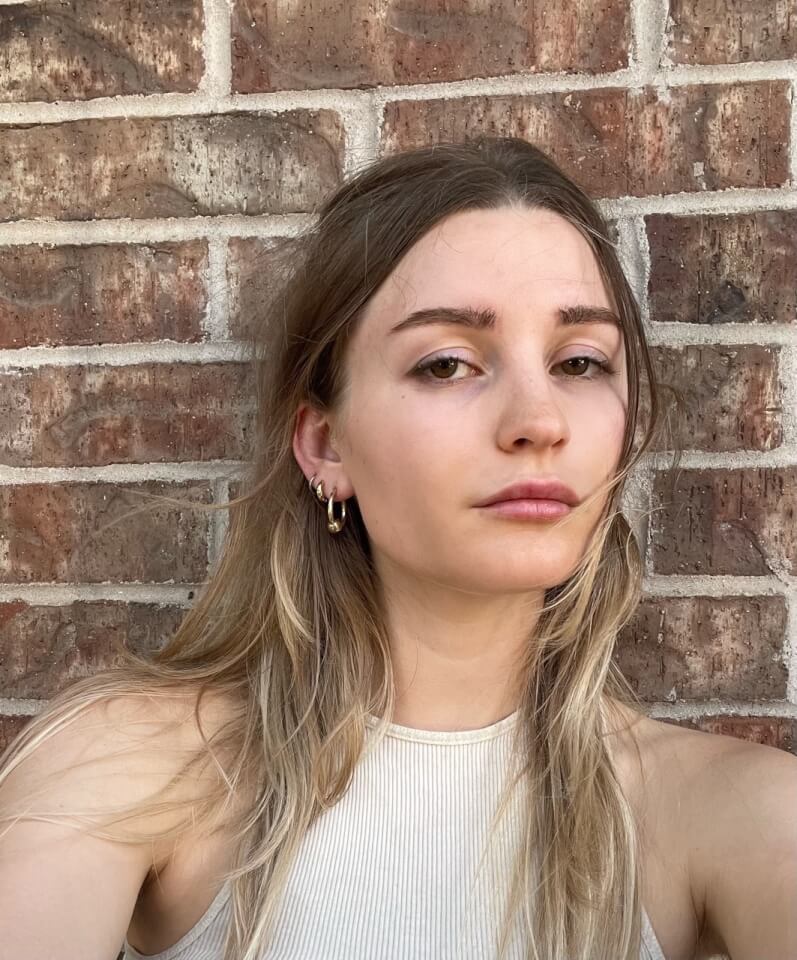
Lera Niemackl is a biohacker and artist working with The Open Discovery Institute. Her academic background includes a BFA in Visual Art and a BA in Linguistics. Her knowledge of biology stems from her professional experience in agriculture farming mushrooms and through employment in the fungal biotechnology space. As an autodidact, Lera has developed a variety of techniques outside of traditional practice. Her contributions include but are not limited to: next-generation myco-materials, cultivation of novel fungi species, genetic engineering, and cell culture. Lera’s research projects have been funded by grants from Experiment, Artizen, and more, with three articles in progress. Lera’s work addresses boundary pushing in biology and prioritizes accessibility. Her focus lies in the idea that life can be an artistic medium. Through genetic engineering and environmental conditions, Lera searches for novel expressions in organisms and in herself. She is passionate about being open source with her techniques and simplifying protocols to maximize accessibility.
United States
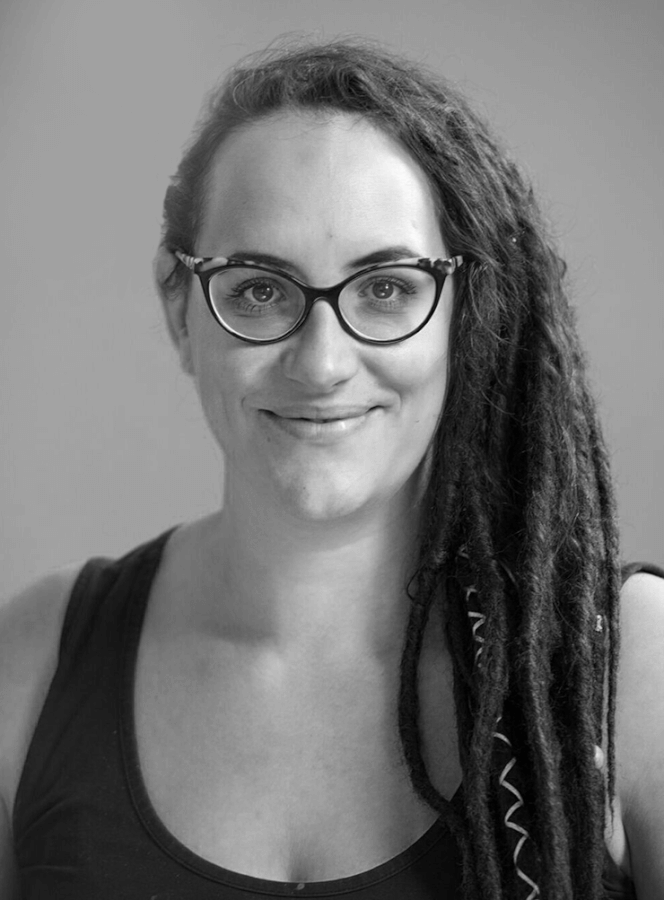
Sinéad O’Donnell-Carey is a theatre maker and production designer from Donegal, Ireland. Trained in theatre design, Sinéad is a researcher in digital media technology for theatre and performance art, combining visual art practices with the body in the space. Her current work includes Slip, a site responsive and devised performance using digital media. Sinéad is a PhD candidate at ATU Sligo and has an MA in Film & Theatre from NUI Galway and BA in Performing Arts and Theatre Design from IT Sligo. She is on the committee for the Prague Quadrennial Irish team in 2023 & 2019 where she exhibited her work Cuid. Sinéad was the Yeats Design Resident in the Abbey Theatre, National Theatre of Ireland in 2017.
Ireland
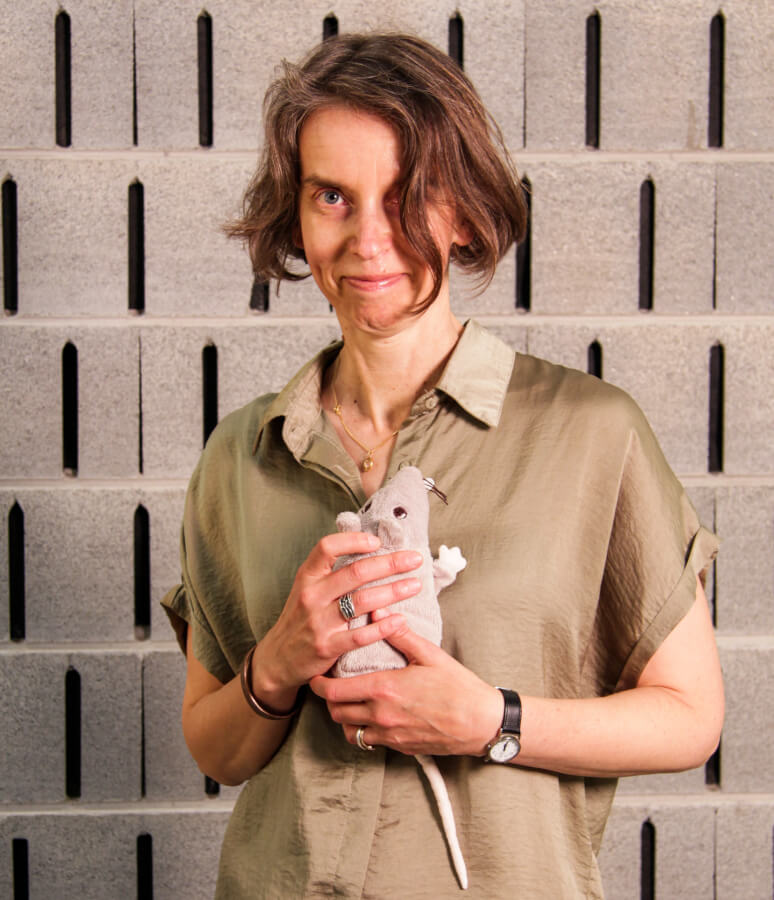
Anna Olsson is an animal welfare scientist with a farm animal background, now working in a biomedical research institute. Her own research is focused on the behaviour of laboratory rodents and companion animals, and on ethical issues in the use of animals in research and biotechnology. She is also involved in strategic initiatives to Replace, Reduce and Refine research with animals. She leads a research group and organizes training to prepare scientists for a responsible use of animals in experiments. She is a co-author of the textbooks Animal Ethics in Animal Research (Cambridge University Press) and Animal Welfare (CABI).
Portugal
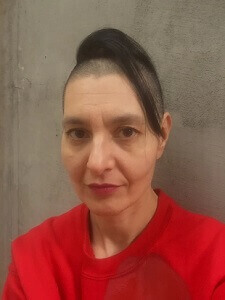
Dr Sunčica Ostoić is an independent theorist of art at the intersection of science, technology, and the body, holding a PhD in transdisciplinary studies of contemporary art and media. She is a guest lecturer at the Academy of Fine Arts in Zagreb and co-founded NGO KONTEJNER / bureau of contemporary art praxis (2002) Zagreb where she initiated and curated internationally renowned festivals Extravagant Bodies, Touch Me and Device_art.
Croatia
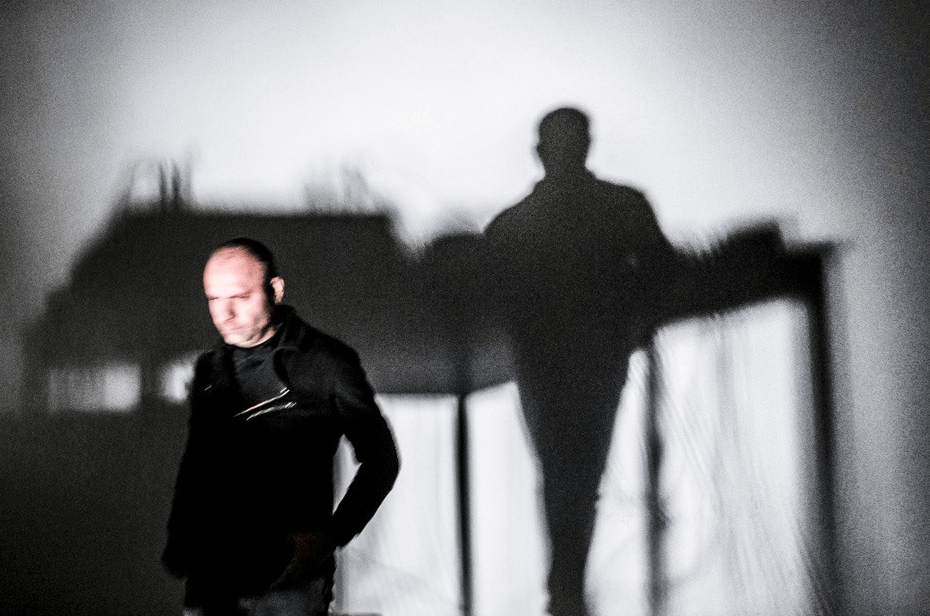
Maciej Ożóg (Ph.D.) is a theorist of culture, media&sound artist, and curator. His research focuses on interactive art, tactical media, bio art, network society, surveillance studies and posthumanism. He has published a number of articles on aesthetics and history of new media art, history and theory of avant- garde film, video art and experimental music. His book Living in a silicon cage. New media art as a critical analysis of digital surveillance was published by The University of Łódź Press in 2018 (in Polish). Since the early nineties he has been involved in experimental music scene of Poland. He works in the field of live multimedia performance, interactive installations and video art. In his solo performances he critically explores the liminal territory between physical activity of the body and invisible electromagnetic infrastructure of the hybrid space. He uses custom designed sound devices as well as digital and analogue electronics.
Poland
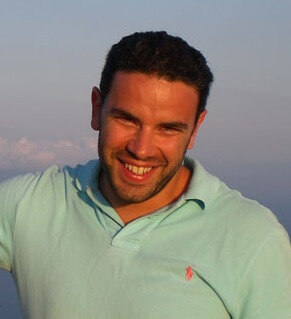
M. Panagopoulos was born in 1977 in Athens. He got a Diploma in Electrical and Computing Engineering at the National Technical University of Athens. He holds a PhD on pattern recognition and image processing on archaeology and arts. Furthermore, he has done research on studying the style of Thera's prehistoric wall-paintings and the identification of the writers of ancient Greek inscriptions. He has taught at various cram schools, the Institute of Professional Training at Kalamaki, the National Technical University of Athens and the Ionian University, courses including programming, 3d modeling, artificial intelligence and virtual reality.
Greece
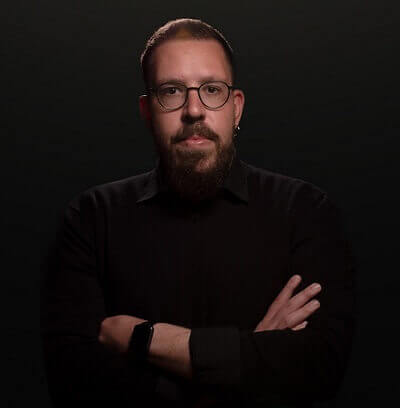
Dr. Iakovos Panagopoulos is Assistant Professor in “Film Production Specializing in Creating Audiovisual Narratives” at the Department of Audio & Visual Arts, Ionian University. He focusses on the combination of practical filmmaking and academic research and his book, “The Third Path in Cinema: The Academic Filmmaker Model”, is the first published in Greece that deals with film practice research field in academia. He is an award-winning director with short fiction films such as Flickering Souls Set Alight (2019) and Allimonò (2020) and documentaries such as A Quest for Eternity (2020) and Iannis Xenakis: Music of the Universe (2023). He is a member of the Scriptwriters Guild of Greece and the Greek Directors Guild. He integrates StoryLab (Skills Training for Democratised Film Industries) in the UK and InArts Lab (Interactive Arts Lab) at the Ionian University in Greece.
Greece

Dana Papachristou is an art theorist and sound artist focusing on the combination of arts with the use of new media and interactivity. Her studies include music, musicology, and media studies. She holds a PhD from Paris 8-Vincennes-St. Denis and the Ionian University on Aesthetics of New Media Arts. She has been involved in interdisciplinary research projects on contemporary music, sound composition and the relationship between sound and other artistic forms, and has participated in many visual, sound and geo-locative projects. She is a founding member of Akoo.o artistic team, in which she works on the composition of sound/audio walks using new geo-locative media technologies. She is also the director of the research centre To Aesthate, which operates as a platform for artistic production and creation. She is currently teaching in the dept. of Culture, Creative media and Industries at the University of Thessaly, and was a visiting scholar at the California Institute of Arts, CalArts in the academic year 2021-22. She is post doctoral researcher at the Ionian University, in the PEARL Research Lab, focusing on performance, body and machine interaction through motion sensors and live coding.
Greece
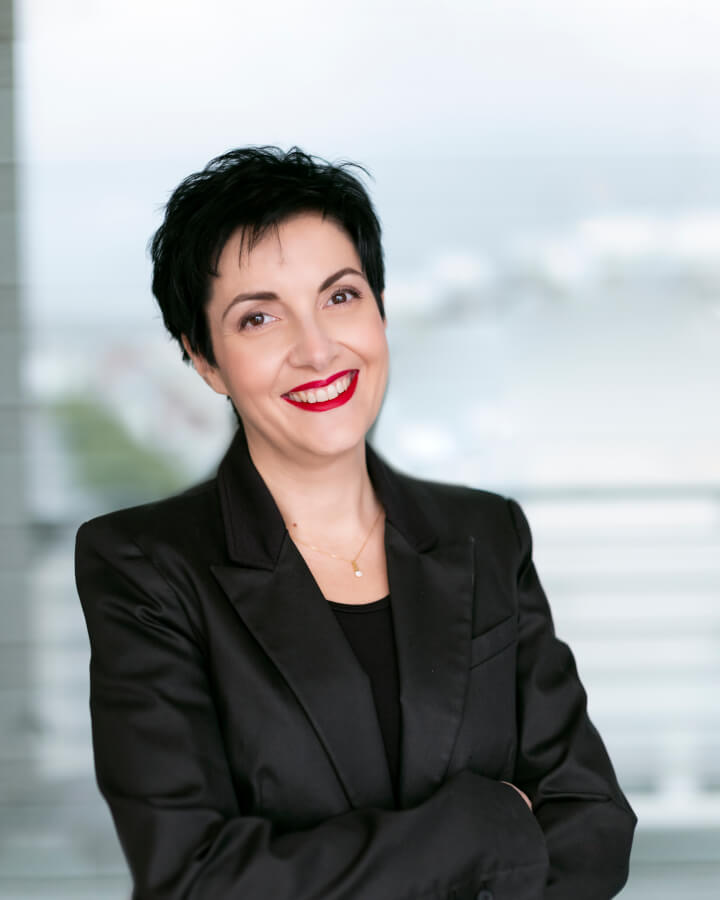
Aspasia Papadima is an Associate Professor in the Department of Multimedia and Graphic Arts at Cyprus University of Technology. She is the founder and coordinator of the Language and Graphic Communication Research Lab (www.lgcrl.com). Formerly, she worked as a graphic designer in creative and advertising agencies in Greece and, as an art director in the field of advertising in Cyprus. She works both as a graphic design consultant and a graphic artist. Her design work has been awarded in global competitions and exhibited locally and abroad. Her research interests include typographic and linguistic landscapes—ephemeral design and vernacular typography, and urban graphic language—semiotics, typographic design, and, advertising. Her research work has been presented at conferences worldwide and published in international journals. She is a member of the International Association for Semiotic Studies (IASS-AIS), a member of the Hellenic Semiotic Society and, a member of the Cyprus Association of Graphic Designers and Illustrators (CAGDI).
Cyprus
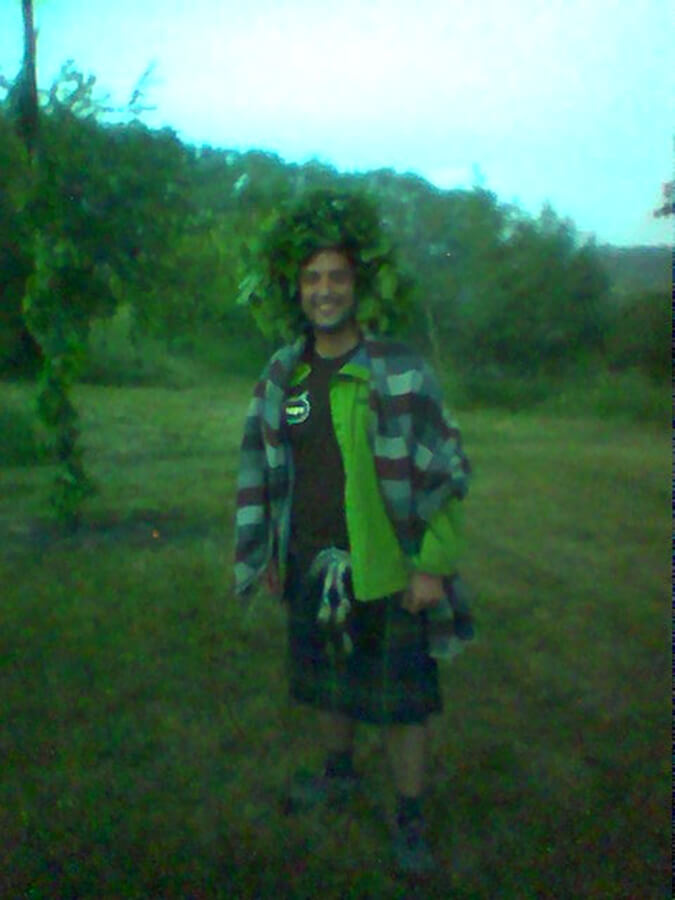
Andrew Gryf Paterson is an 'artist-organiser', cultural producer, educator, curator and independent researcher. Paterson specializes in exploring connections between art, digital culture, science, cultural activism related to the commons, DIY-Do-It-With-Others.Do-It-For-Research, ecological and sustainability movements, along with cultural heritage and collaborative networks. Originally from Scotland, Paterson has an international practice, including activity over the past ~20 years in the Baltic Sea region, based for most of the time in Helsinki, Finland. He works across the fields of media/ network/ environmental arts and activism, pursuing a participatory practice through workshops, performative events, and storytelling. Strengths lie in hybridity, communications, organisation and network arts: the ability to bring together and involve people in creative, collaborative exploration, developing temporary communities, gathering unexpected elements and components as new spaces of/for cultural activity. What is left behind as social, digital, material and ephemeral residue of 'being t/here' has been a consistent concern. More or less archived here: http://www.agryfp.info
Finland
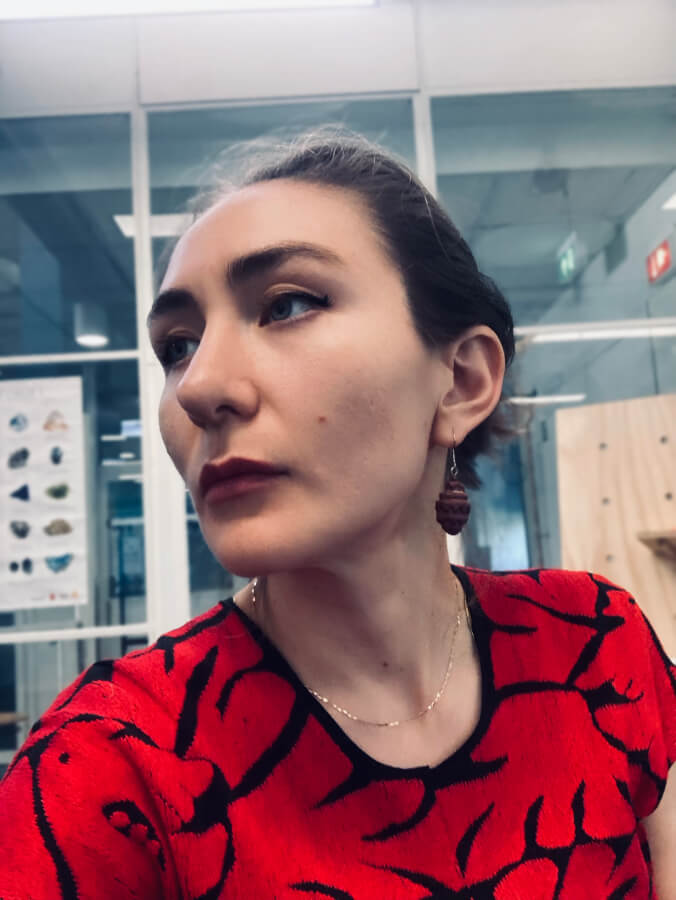
Maro Pebo is a curator and artist specialist in the cultural dimensions of biology and medicine. Ph.D. in Creative Media, MA in Critical and Gender Studies. Her transdisciplinary work complements and transforms the life sciences' responsibility to think about the materiality of the living.
Her research and art has been displayed, presented, and published internationally. Her current research lines are, on the one hand, endosymbiosis, or how species evolve and survive together in trans-species relations, and on the other, decolonial practices and artistic archeologies of Mesoamerican knowledge.
Born in Mexico City and based in the Netherlands Maro Pebo currently curates exhibitions, projects, and events in art and science at Waag. She develops learning situations where artist-led research supports critical perspectives on technoscience.
Mexico

Lorem
Ipsum

She graduated of Kolegium MISH at University of Warsaw, History of Art course with Bachelor’s degree accorded for thesis about Amedeo Modigliani. Then she graduated in Cultural Studies at University of Warsaw with Master’s Degree with Summa Cum Laude for thesis about Vampire figure. Currently a PhD Candidate in Cultural Studies at University of Warsaw, writing thesis about Vampire Narrative in 21st century as representation of social relations and attitudes towards Otherness. She published in “Kultura popularna”, “Praktyka teoretyczna”, “Polish Journal of Political Science” and monographs. She participated in national and international conferences. She is participating in International Project 4EU+ and Non-anthropocentric Cultural Subjectivities project. In 2019 she was chosen as finalist in prof. Jerzy Buzek competition for Scientificical Debut 2019. Beside popular culture she is interested in intersectional studies, biomedical anthropology, posthuman studies and postcolonial studies.
Poland
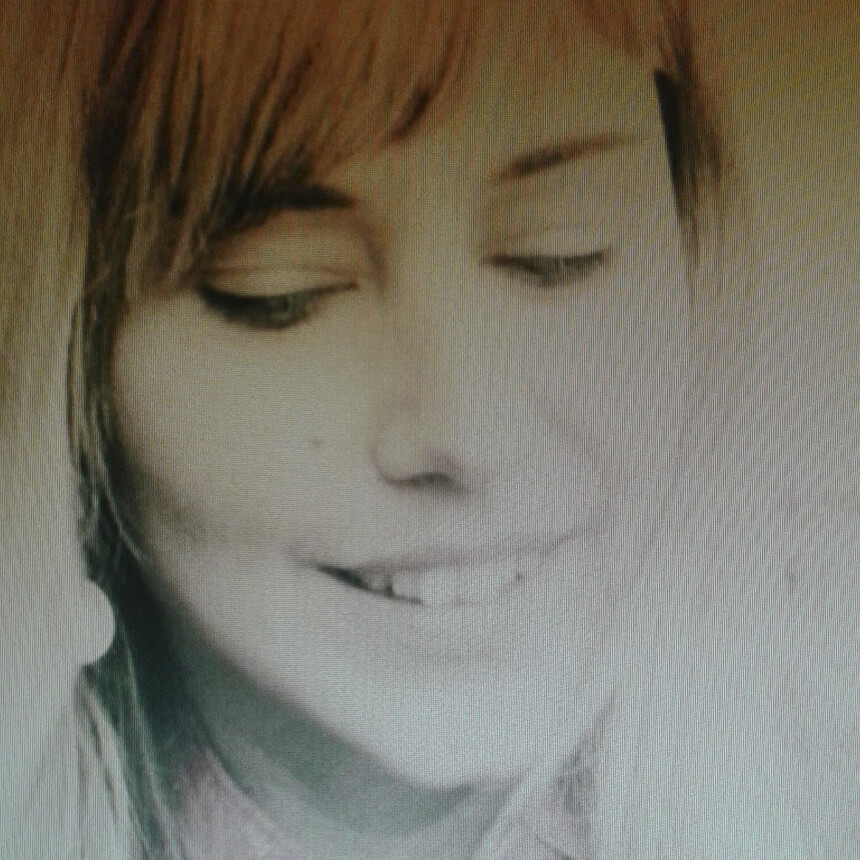
Despina Poulou is an Assistant Professor at the Department of Cultural Technology and Communication of the University of the Aegean in the subject "Culture and Digital Audiovisual Arts." Her research interests lie in film theory and aesthetics, with an emphasis on issues concerning the philosophy of film and philosophy in film. As of late, her research focuses on issues of intertextuality and intermediality, particularly on the conversation between literature and film. In journals and conferences, she has presented papers exploring aspects of cinema's interrelations with philosophy, literature, and painting.
Greece
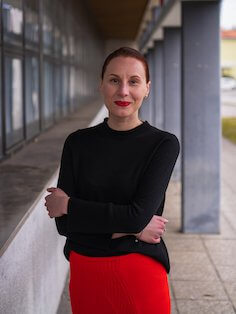
Dr. Kristina Pranjić is Associate Professor of Modern and Contemporary Art History and Literary Studies, and Research Fellow in Central and East European Avant-Garde Art and Contemporary Aesthetics at the University of Nova Gorica, Slovenia. In her work she investigates alternative epistemologies of avant-garde art, and ecocritical art history. Revitalising the field of avant-garde studies, she organised two international conferences that included artistic programs – The World as Objeclessness in 2018 and Cosmic Anarchism in 2021. Currently she is writing a book on Yugoslav Dada.
Slovenia
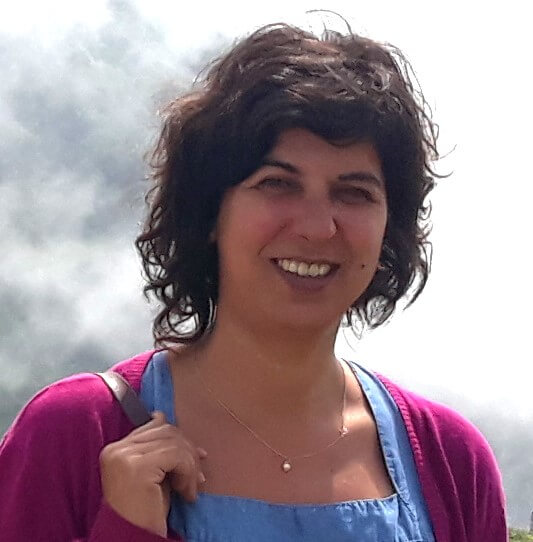
Cristina Pratas Cruzeiro is an senior researcher at the Institute of Art History, NOVA FCSH (Portugal). She completed her Ph.D. in 2014 in the field of Art Sciences at the Faculty of Fine Arts, University of Lisbon. Between 2017 and 2022, she conducted a Post-Doctoral project titled "Collaboration and Collision: Public and Political Intervention of Art" at the Institute of Art History, NOVA FCSH. Both her Ph.D. and Post-Doctoral research projects were funded by the Foundation for Science and Technology (FCT). From 2008 to 2018, she was a guest lecturer at the Faculty of Fine Arts, University of Lisbon. Her research focuses on the relationship between artistic practices and society, with a particular emphasis on their connection to politics. She has several national and international publications on this topic.
Portugal
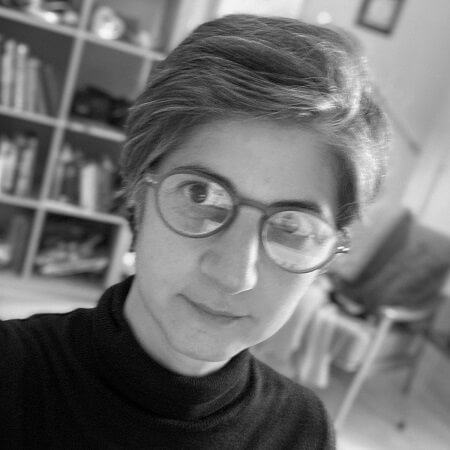
Margerita Pulè is a curator, researcher and cultural manager, with a Master’s degree in Fine Arts from the University of Malta and is founder-director of Unfinished Art Space, an independent and nomadic space showing contemporary art in Malta, through which she engages in an open, collaborative and symbiotic curatorial practice. She is also a founder-member of the Magna Żmien Foundation, which digitises 20th century analogue home archives, forming a community archive accessible to researchers and artists. She also provides training in career development for artists and curators, and is currently a trainer for CASE Malta.
She programmed much of the cultural programme in the run-up to Valletta 2018, and is currently co-director of Farfara 2031, working on the bid for the title of European Capital of Culture in 2031.
(MT)
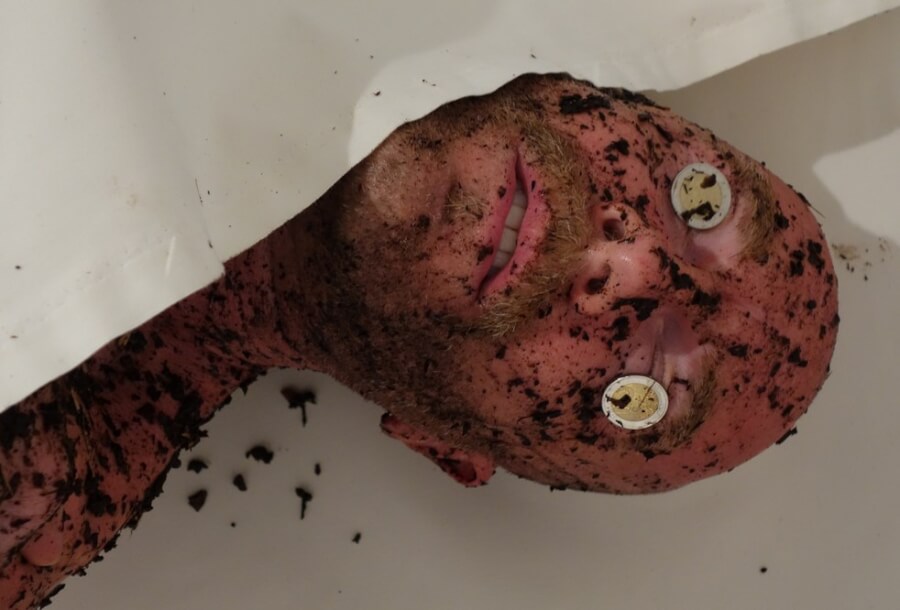
pETER Purg, PhD is Associate Professor at both Arts and Humanities, University of Nova Gorica, whose new-media art (thinking) practice ranges from performance to education and interdisciplinary research. He is Dean of the School of Humanities and New Media module lead as well as coordinator or team lead in several projects crossing disciplines, sectors, theories and practices. For the Go!Borderless European Capital of Culture 2025 programme pETER Purg currently leads the xMobil art+science mobile lab and curates performances in the PostMobility project. With a PhD in media art, communication science and literature from the University of Erfurt in Germany, he often combines scientific inquiries that include media arts pedagogy, avant-garde studies, post-growth and media ecology with artistic experiments in performance and media art.
Slovenia
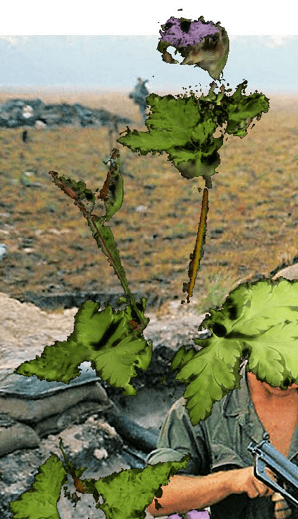
Kim Doan Quoc works and lives in Paris (FR) where she is a resident artist at DOC! Her art practice extends to different mediums: installations, video and performances. Her body of works uses various representations of the body, genders and flora to question the place of humans within nature. She often collaborates with other artists and scientists to explore this question. Kim focuses on the notion of safe and protected spaces as well in political terms as ecological. Since 2015, her work as a visual artist and performer has been shown internationally in places such as Trafo theater (Budapest), Le Wonder, 110 galerie, After Hours (Paris), Le Nova (Brussels), TTT 2018 (Mexico City), Fashion Week SS2018 (Berlin), the Faculty of the Arts of Lisbon, Grace Exhibition Space, the Queens Museum (New York City)
France
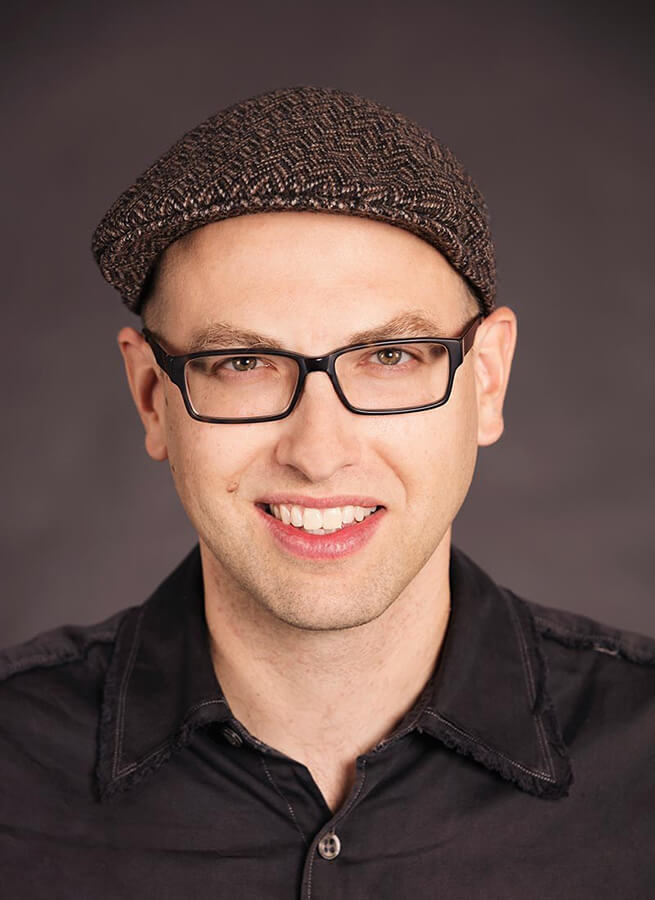
Artist duo Caitlin & Misha find inspiration in naturally occurring systems such as rhizomatic networks of mycelium, the microbiome ecology, and emergent pink noise for the shared experiences they construct in their collaborative practice. Among other things they create installations, games, data visualizations, and happenings. They aim to create artworks that provide unique opportunities for shared experiences, thought experiments, and group-based rejuvenation, such as sweating, meditating, and worrying together. Caitlin Foley (b. Schenectady, NY USA) is a Visiting Lecturer and Misha Rabinovich (b. Moscow, Russia) is an Asst. Professor in the Art & Design Department at UMass Lowell. They are recipients of the Andrew W. Mellon Foundation Immersive Scholar Award, NEFA Creative City Grant, and exhibited at such venues as the Science Gallery (London), EFA Project Space (NYC), the New Museum’s Ideas City Festival (NYC), Boston Cyberarts (Boston), Machine Project (LA), Torrance Art Museum in (LA).
United States
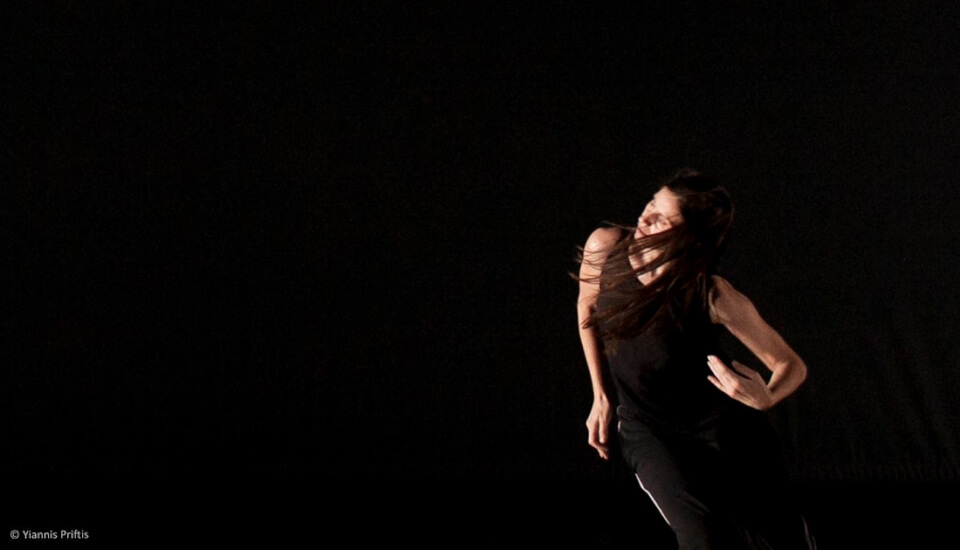
Dancer and Choreographer Maria Randou is a Graduate of the State School of Dance Arts in Athens. She collaborates with dance groups and choreographers in Greece and abroad, participating in international festivals since 2004. She was assistant choreographer for the opening ceremony of the Athens 2004 Paralympic Games, and participated in the opening ceremony of the 25th Athens Classic Marathon. In 2015 she wa member of Dimitris Papaiōannou's choreographic team for the opening ceremony of the inaugural European Games in Baku, Azerbaijan. In 2012 she co-founded Garage21 and the Garage Performing Arts Center. She has collaborated with Fotis Nikolaou, Euripides Laskaridis, Dimitris Papaiōannou, Risa Steinberg, Alexandra Waierstall, Greek National Opera, Ariane Economou, Konstantinos Rigos, Richard Alston, Martin Lawrence, Hellenic Dance Company, N.Q.R projects, Akin, Analysis Dance company, Yelp, Dimitra Trypani, Giorgos Grigorakis, and the Municipal and Regional Theatre of Corfu. As a choreographer with Garage21 dance group she presented amongst others the solo performance "Casp", and "The Meat Served at Dinner".
GR/Japan
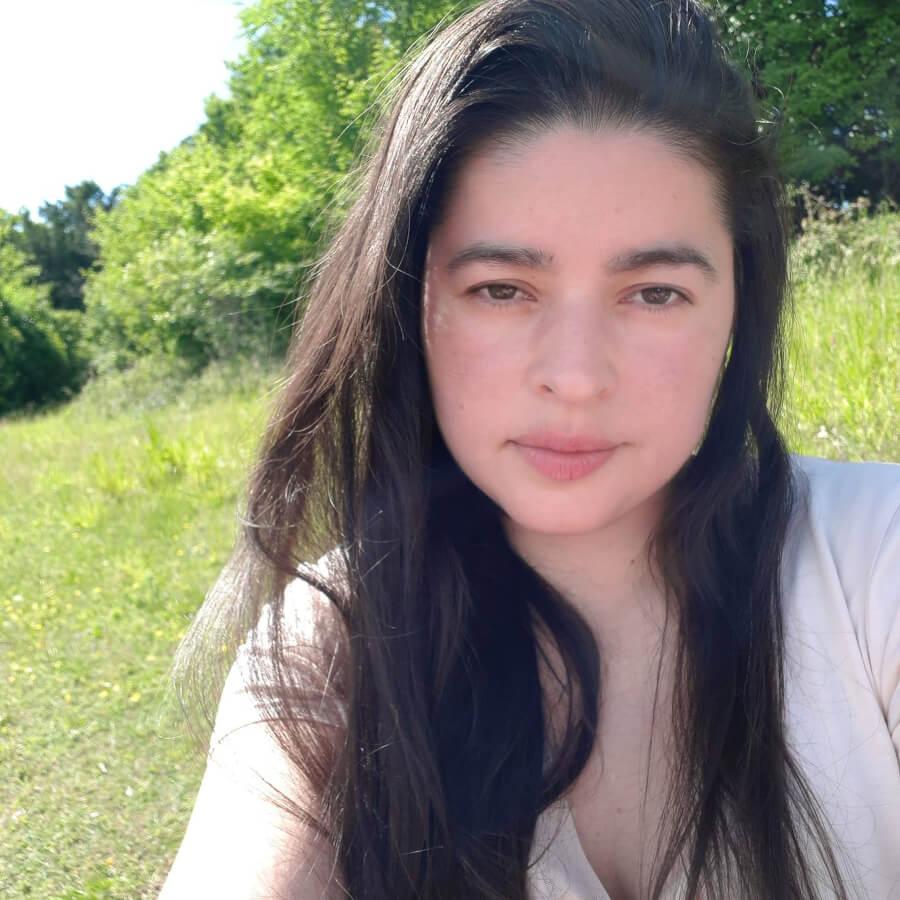
Audrey Rangel Aguirre is an Interdisciplinary Mexican artist based in England, researching at the intersection of art and science, focusing on artistic intuition to create new systems that belong to the future of human civilisation. Currently developing the research project Terras Lux, focusing on the relation between energy on microbial micro ecosystems on soil and the energy on the human body. In her practice, she uses creative intuition as a tool to create speculative scenarios that may be a possibility for our nearest future as a society and entangle it with diverse branches of science from which biology is the current field of research. Intuition, reciprocity and caring for others as a way for weaving politics, poetics, and consequences through contemporary art practices.
United Kingdom
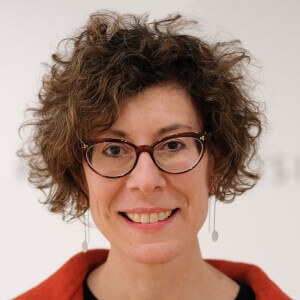
Rothenberg’s interdisciplinary art draws from digital culture, science and economics to explore symbiotic relationships between human designed systems and biological ecosystems. Moving between real and virtual spaces her work investigates the power dynamics of techno utopias, global economics and outsourced labor. She has exhibited internationally in venues and festivals including ISEA, Eyebeam Art and Technology Center (US), Sundance Film Festival (US), House of Electronic Arts / HeK (CH), LABoral (ES), Transmediale (DE), and ZKM Center for Art & Media (DE). She has participated in residencies, most recently at ZK/U Zentrum für Kunst und Urbanistik in Berlin, TOKAS / Tokyo Art and Space (JP), and the Santa Fe Art Institute (US). Her work is in the collection of the Whitney Museum of American Art and has been widely reviewed including Artforum, Artnet, The Brooklyn Rail and Hyperallergic. She is Professor in the Department of Art at SUNY Buffalo (US) where she co-directs an interdisciplinary design studio collaborating with local social justice organizations.
United States
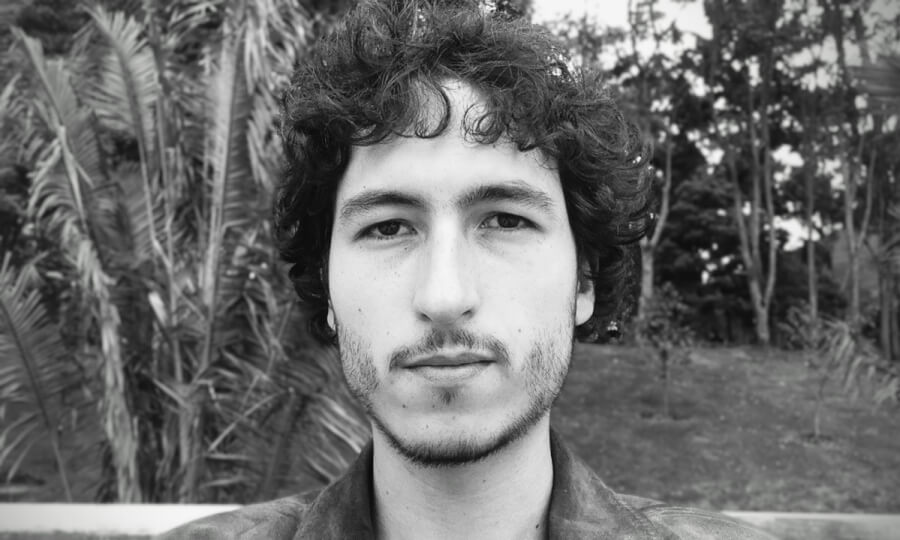
Marthin Rozo is a Colombian artist who works and researches the intersection between art and biology for the conservation and recognition of biodiversity. He is a Ph.D. Candidate in Artistic Research at the University of Applied Arts in Vienna and received his MA in Art & Science at the same university with distinction and recognition from the city of Vienna for his Master's Thesis “BAT EXPERIENCE Pollination Through Sound” which is going to be presented this year at TTT. His work has been shown internationally. He lives and works in Vienna, Austria.
Austria
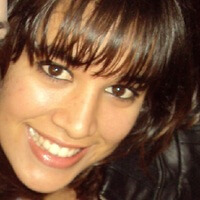
Daniela Salazar (1988) is a researcher in IHA - NOVA University and her research interests are about the relation between the performance, performativity concepts and practices and the museum and curatorial contexts, as well as the archive, memory and transmission processes.. She is also an independent curator/ museologist and cultural producer and she works on cultural projects with intergenerational communities outside of metropolitan areas. She is also working on the museological programming of Cycling Museum and she was responsible for the Sumol Museum programming between 2013 and 2015. She is also a cultural and creative project manager in ARTERIA_LAB (University of Évora).
Portugal
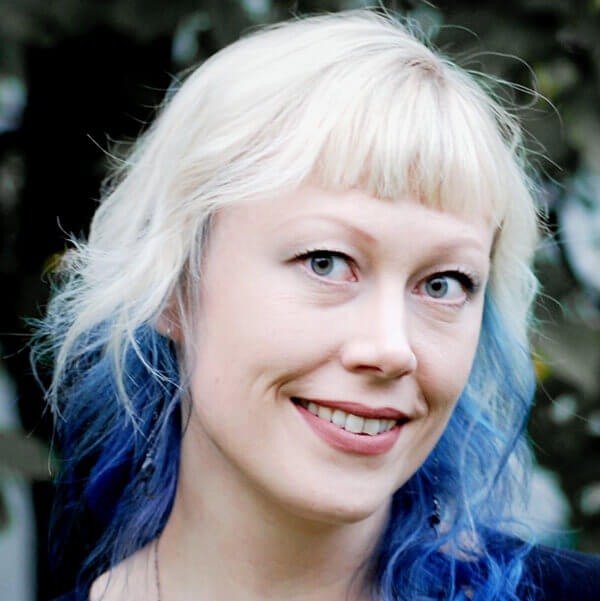
daniela brill estrada is an artist living and working in Vienna. Daniela’s creative processes are informed by her interest in sciences of complexity, aesthetics, and non-hierarchical structures of knowledge, and based on the idea of in-disciplinarity, constructed collaboratively with the Suratómica Network, which she co-created and currently co-organizes. Daniela works in collaboration with scientific institutions and networks such as the ORIGIN network of high energy physics at CERN, and with artistic institutions such as the ArtSci Center + Lab UCLA. Currently daniela is a PhD researcher for the project DIGI-Sense at the Johannes Kepler University in Linz, Austria.
Austria

Germany
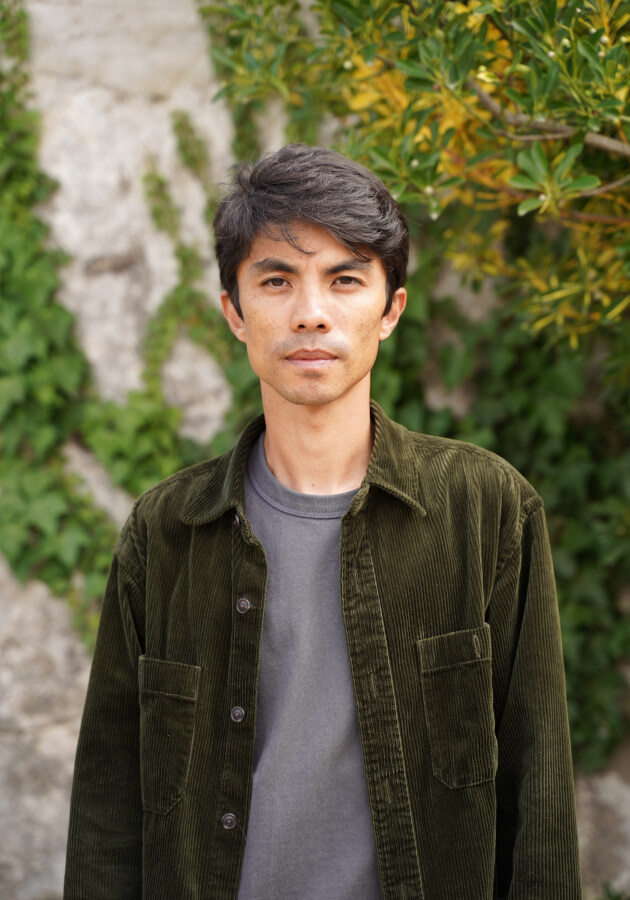
Felipe Shibuya is a Brazilian ecologist and visual artist. His journey began when he completed his PhD in Ecology and Nature Conservation at the Federal University of Paraná. Subsequently, he chose to delve deeper into the visual aspects of his research, moving beyond just the scientific perspective. He also holds an MFA in Studio Art from the State University of New York at Buffalo, where he worked with pigmented bacteria, intending to understand how the colors they synthesize could be communication signals for humans. Being a scientist-artist enables Shibuya to explore different forms of life, from bacteria to trees, using various methods, from microbiological culture to videos. All of his work involves aspects of his own identity, and he always emphasizes the visuality of nature. Shibuya's unique blend of art and science has gained international recognition, exhibiting his work around the world. He also has had citations published in magazines and journals such as National Geographic, Citylab, and Ecology. Currently, Shibuya is a Critic in the Digital + Media Department at the Rhode Island School of Design.
United States
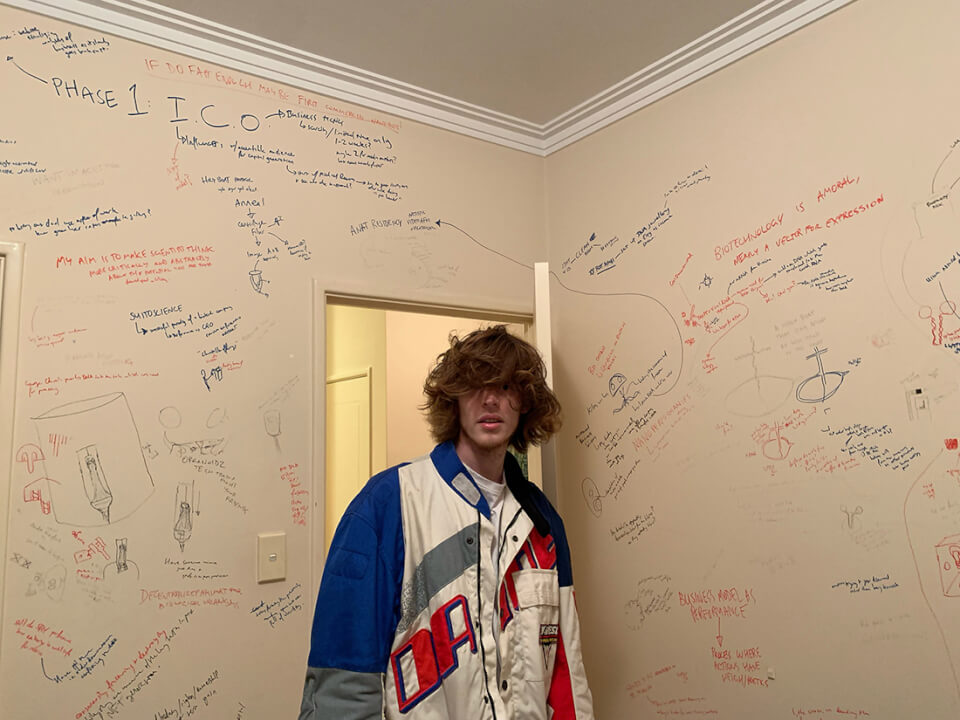
\Callum Siegmund is an emerging bio/nano-artist who, since 2020, has been a resident at SymbioticA developing his practice of DNA nanosculptures. These nanosculptures draw on multiple different nanotechnologies (including DNA Origami) to control and sculpt DNAs form at the nanoscale; interweaving double helices into imperceptible 3D objects whose form and sequence have embedded peotics. His works reflect on the absurdity of bio and nanotechnology, expressing absurdity through humour and satire as a means of epistemologically critiquing and analysing the knowledge systems which construct our beliefs; be them scientific, religious, or conspiratorial. Prior to 2020, Callum spent 5 years studying neuroscience and skeletal muscle tissue engineering, learning the language of science with the end goal being to create biotechnological artworks. His passion and skill led to working with internationally esteemed artists such as Guy Ben-Ary and Nathan Thompson on their project Bricolage, which won an honorable mention award at the 2022 Ars Electronica.
Australia
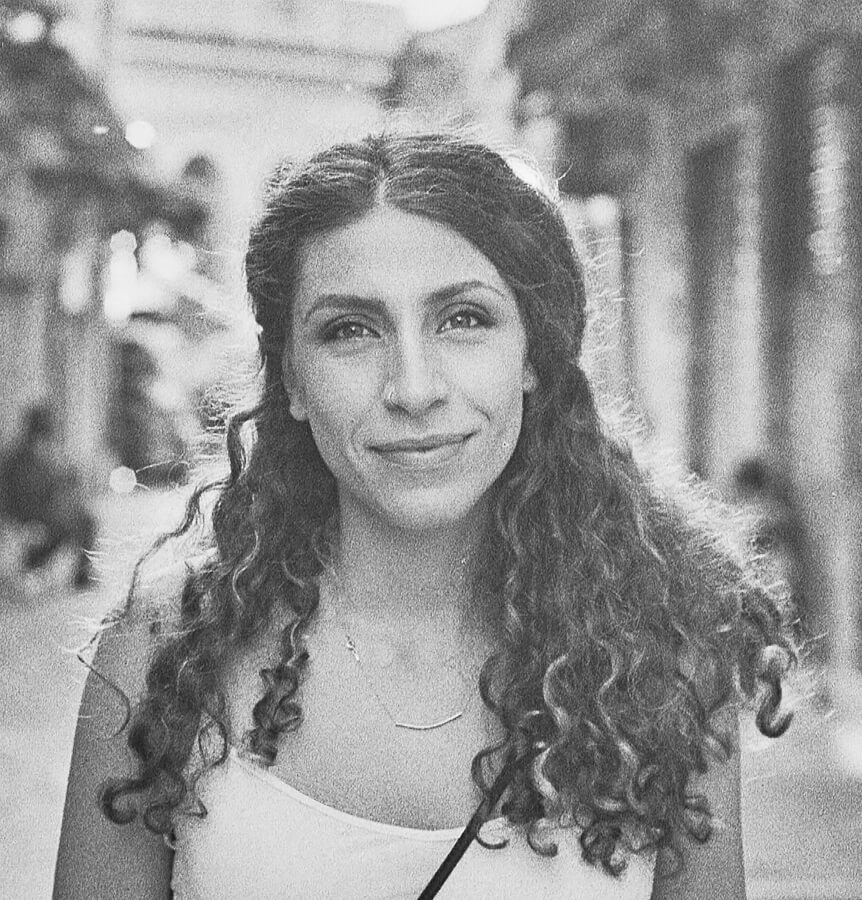
Stella Sofokleous is a PhD candidate at the Department of History and Philosophy of Science, at the National and Kapodistrian University of Athens (NKUA) under the supervision of the Associate Professor Eleni Gemtou. Her research focuses on the history and philosophy of digital art. After completing a MA at the University of Edinburgh in history of art, she worked at the National Gallery of Scotland. She received scholarships for the completion of both her MA and PhD by the A.G. Leventis Foundation. She has published papers in conferences’ proceedings and scientific journals (DRHA2020, RISE IMET 2021, ISEA 2022, Automaton). In 2022 she translated 19 texts in Greek for the volume Digital Technologies & Arts, edited by Vassiliki Lalioti, Assistant Professor of Performance Anthropology at NKUA. In 2023 she was included in the network of the project TECHNO-LOGIA (ASFA & Dept. of PHS).
Greece
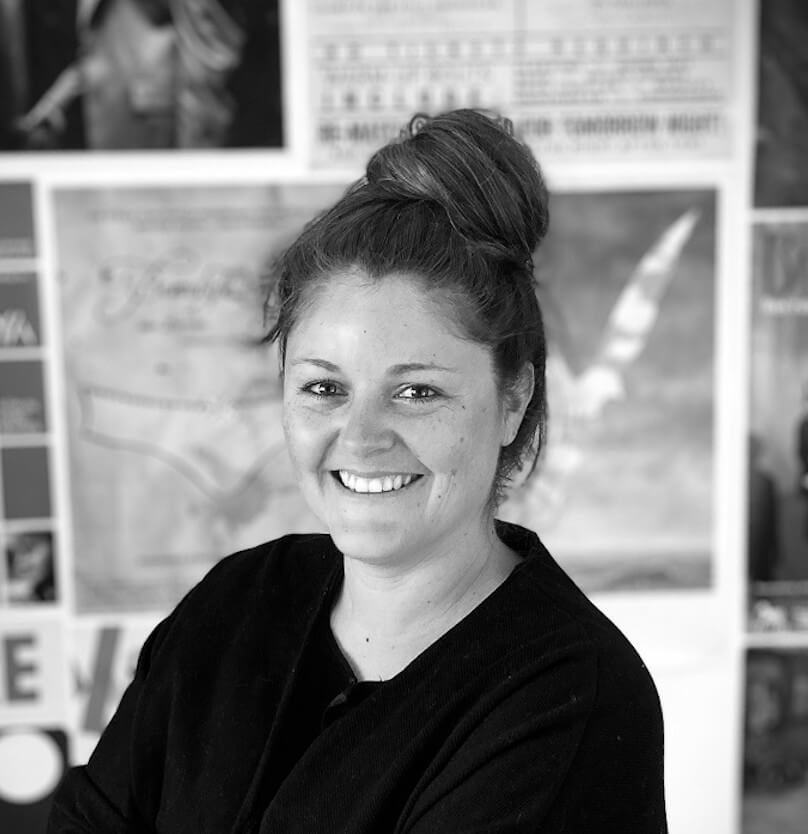
Julia Sprenger is a researcher in the field of performance theory and practice at the interface of gender studies. During her studies of theatre, film and media at the University of Vienna, she focused on body art examining connections between the participation of the audience, game theories, psychological mechanisms of power and the collective evil. Since 2016 she is PhD candidate at the University of Vienna, researching for her dissertation project "Schauplatz Körper. Geschlechterinszenierung in der Body Art - Zwischen Stereotypen und Subversion". She is interested in: feminist theory, theories of the body, art history, performativity, intermediality, activism and politics. Julia Sprenger is based in the Department of Philosophy at the University of Applied Arts Vienna.
Austria
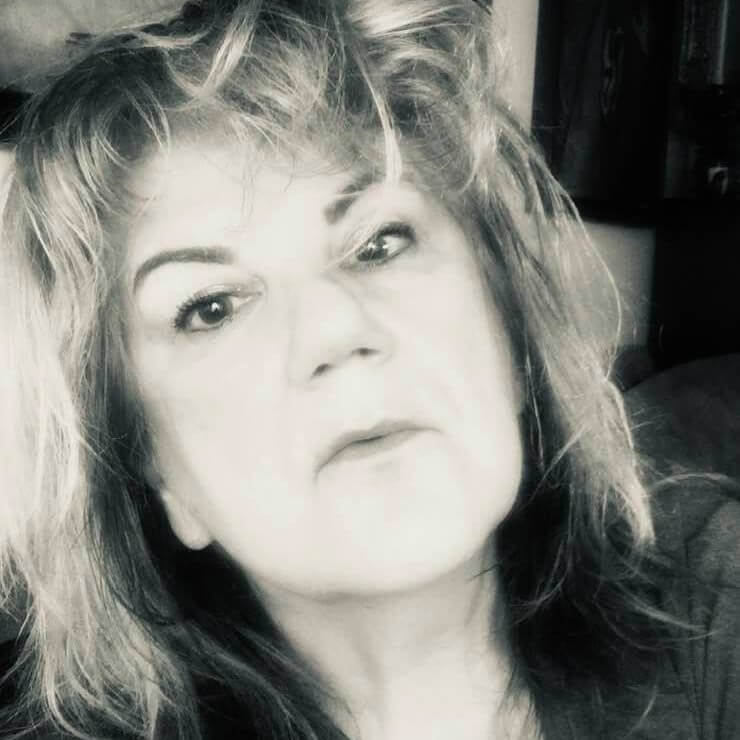
United States
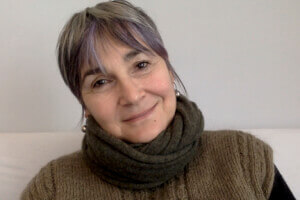
Dr. Dolores Steinman was trained as a Paediatrician and, upon relocating to Canada, obtained her PhD in Cell Biology. She is a retired Senior Research Associate in the Biomedical Simulation Laboratory, the Department of Mechanical Engineering at the University of Toronto, where she was part of an interdisciplinary team, also affiliated with the Ontario College of Art and Design University.
In her research, Dolores was driven by her concern in the ever increasingly technology-based medical research and sought of relating it to the larger context of the humanities.
From the clinic, to the in vitro/ in vivo and finally the in silico laboratory, the common thread was observing blood flow as it carries both life and death.
Following her interest in images and their meaning, she pursued training in the Visual Arts Department at Western University (London, ON), and volunteered as a Docent at the Art Gallery of Ontario (AGO).
Canada
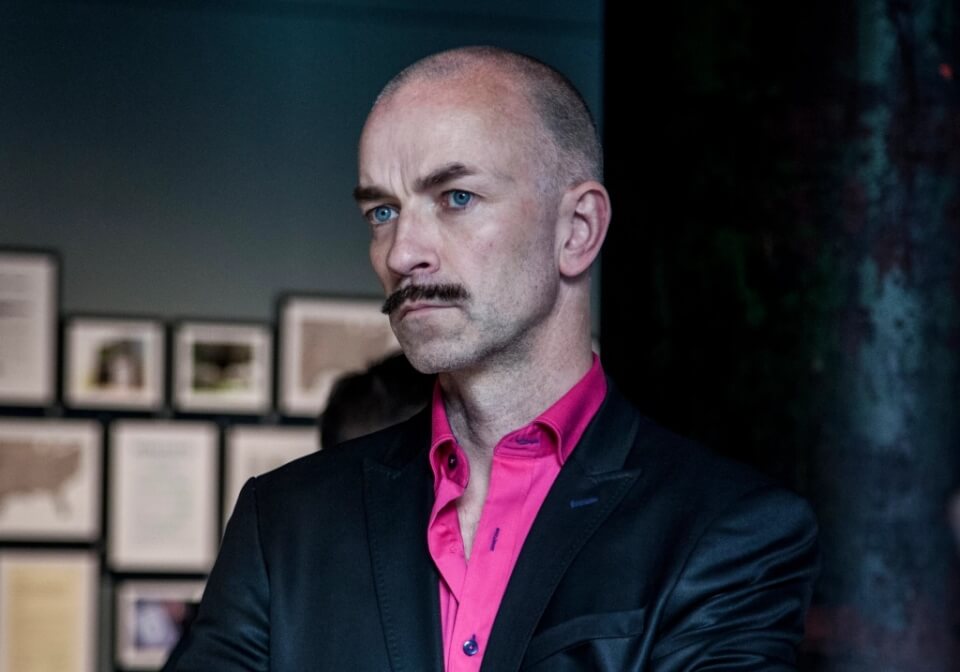
Stahl Stenslie (NO) is a curator and researcher specializing in experimental and emerging aesthetics, and disruptive technologies. He has worked as a professor in experimental arts for two decades. Stenslie is an internationally known artist and lecturer at major international events (ISEA, DEAF, Ars Electronica, SIGGRAPH) and has moderated various symposiums like Ars Electronica (Next Sex), ArcArt, and Oslo Lux. He co-founded The Journal of Somaesthetics and is the editor of EE – Experimental Emerging Art magazine. Stenslie is the author of The Anthropocene Cookbook: Recipes and Opportunities for Future Catastrophes, co-written with Zane Cerpina (MIT Press, 2022).
Norway
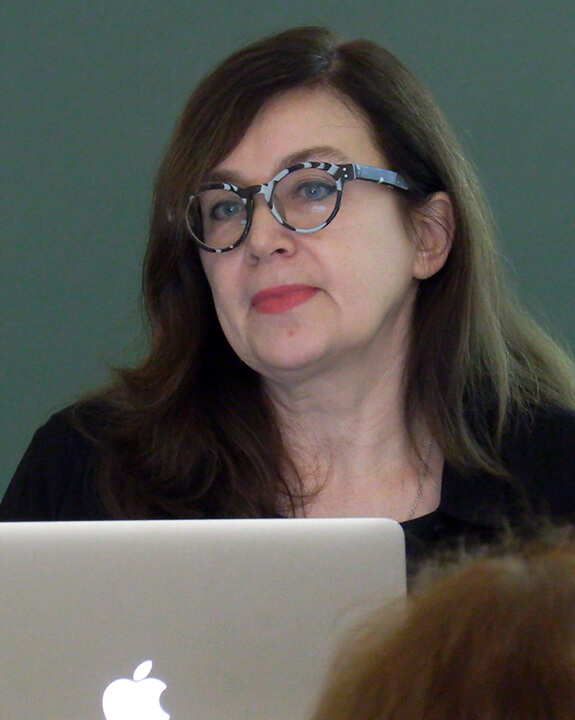
Kärt Summatavet (Ph.D. [Taiteen tohtori]) is an artist and educator currently working at the Institute of Computer Science of the University of Tartu. She graduated in Tallinn (Estonia) as a metal artist (1982-1987) and did her doctoral dissertation in Finland in the Department of Design at the Aalto University in Helsinki (1998-2005). She is a researcher, project manager, expert in education and creative industries, designer- entrepreneur, educator, and innovator who has published many books and academic papers. Her research focuses on oral history, creativity, culture, tradition and innovation, history of art and science. Kärt Summatavet exhibits since 1986. Her work has been exhibited in galleries and museums in the USA, England, Belgium, Germany, Russia, Finland, Norway, Sweden, France, Italy, Hungary, Austria, Poland, Latvia, Slovenia, China, Korea.
Estonia
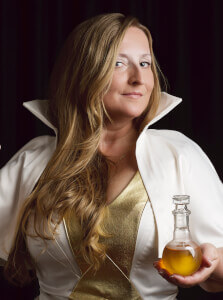
Hege Tapio is an artist and a curator based in Stavanger, Norway. Art driven by curiosity, knowledge, ability to convey and contextualize aspects of technology and research, both through speculation and critical attitude, have been the basis for many of the projects. Her interest in emerging media interconnecting art, new technology and science, led to the foundation of i/o/lab – Center for Future Art since 2001, where she established and curated Article biennial – a festival for the electronic and unstable art. Her Humanfuel project was first presented in HYBRID MATTER - a Nordic art&science network program, and the sequel project Humanoil had premiere at Kepplers Garden, Ars Electronica Festival.Tapio is currently pursuing her artistic research as Phd fellow at FeLT - Futures of Living Technologies at OsloMet. Tapio is also involved as curator in the research project Caring futures: developing new care ethics for technology-mediated care practices (QUALITECH) at the University of Stavanger. She is part of the team of NOBA – Norwegian Bioart Arena, developing and programming the Norwegian hub for Bioart located at Vitenparken by Campus Ås, Norway, and Associate artist in the Metabolic Arts Gathering series of Copenhagen Medical Museion.
Norway
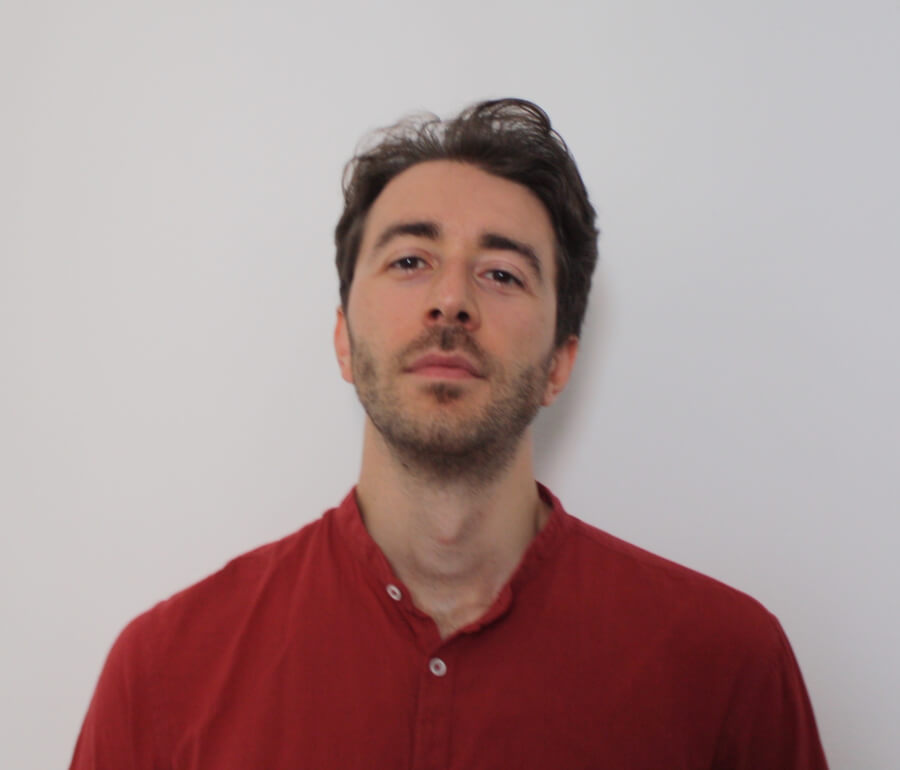
Gregorio Tenti is a postdoctoral researcher at the University of Turin and a Research Fellow at the a.r.t.e.s. Research Lab of the University of Cologne. His research interests include history of German aesthetics (Romanticism and Idealism), 20th-century French aesthetics, and environmental philosophy. He is currently working on a project devoted to Bracha L. Ettinger's Notebooks in collaboration with the Museum of Contemporary Art Castello di Rivoli. He is the author of Estetica e morfologia in Gilbert Simondon ("Aesthetics and Morphology in Gilbert Simondon", Mimesis 2020) and L'estetica di Schleiermacher ("Scheleiermacher's Aesthetics", ETS 2023).
Italy
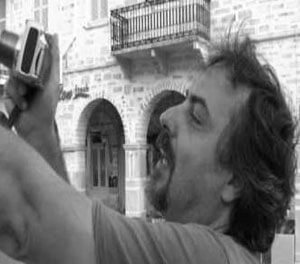
Konstantinos Tiligadis was born in Athens in 1967. He studied painting under N. Kessanlis and scenography under G. Ziakas at the Athens School of Fine Arts (1990-99). With a Greek state scholarship (1994-95) he attended painting, sculpture, model in motion and photography at the Academy of Fine arts in Seville, Spain. He got his Masters degree in Digital Arts from the Athens School of Fine Arts (2000-03). His work has been exhibited in several venues and art festivals and he was awarded the 1st prize for Olympic Truce Through Painting (2004) in Damaskus, Syria. His work is part of private collections, museums in Greece and abroad. He has collaborated with the Eugenides Foundation (Planetarium) for the making of a 3D film in the framework of the Cultural Olympiad (2004) and he has participated in many conferences and research projects. He taught at the undergraduate program of the Athens School of Fine Arts (2003-2009), at the Masters program Digital Arts, A.S.F.A. (2006) and at the Technical Educational Institute of Athens (2007) at the department of Graphic Design. In 2012, he was promoted to Associate Professor in the Department of Audio & Visual Arts, Ionian University, Greece.
Greece
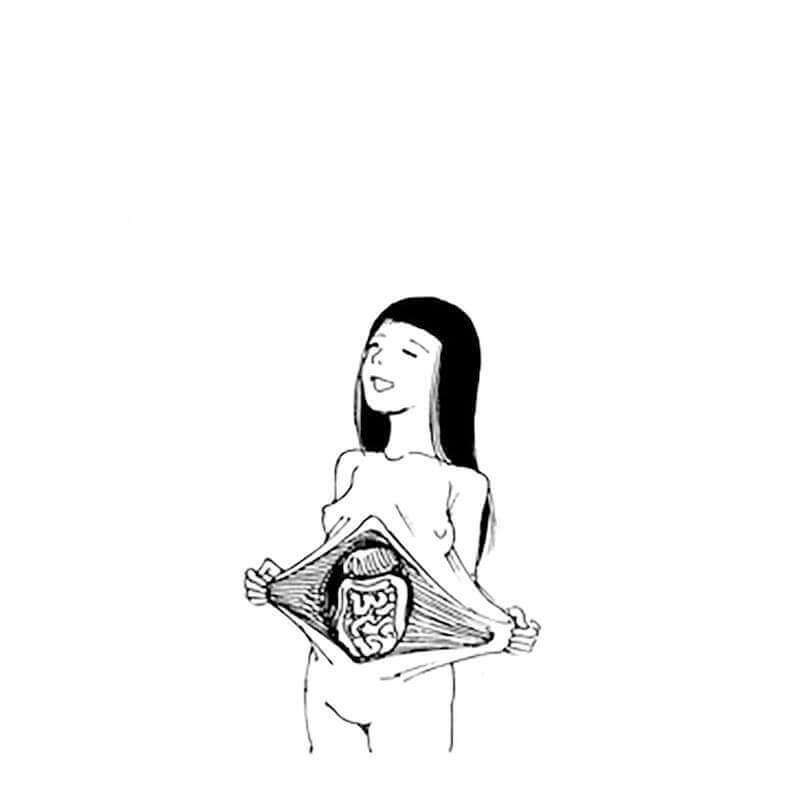
Giulia Tomasello is an interaction designer committed to female’s intimate care and its innovation, combining biohacking and interactive wearables. Founder of ALMA [al-ma.org] where design, science and anthropology are combined to co-create tools for a radical cultural change in female’s bodies.
With Future Flora in 2018 she wins the STARTS Prize, assigned to projects representing “innovative alliances between technology and artistic practices”. Her multidisciplinary work has also received other awards at european and international level such as the World Omosiroi Japanese Award in 2020.
Giulia offers new deeper knowledge of female's wellbeing, developing innovative tools in the intersection
between medical and social sciences. Coded Bodies is her teaching platform designed to learn the basics of soft wearables and the exploration of biological textiles.
Italy

Rosie, BA (Hons), LIPA Dance is a dance artist. She has worked as a soloist with Nina Kov at Sadler's Wells Lilian Balis and for Léa Tirabasso's Rosie in Wonderland. She has also worked as a dancer for The Female Choreographers Collective's The Experiment, Exzeb Dance Company, Joss Arnott, Rosie Whitney-Fish, Peter Groom, and Jérôme Bel. She is a founding member and co-director of Collective Bufo Makmal in Switzerland.
Switzerland
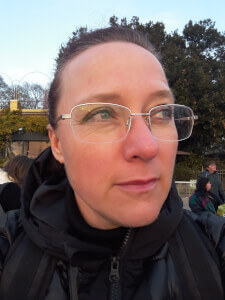
Polona Tratnik is Scientific Councilor at Institute IRRIS, Full Professor and Dean of Faculty for Slovene and International Studies of New University. She was a Fulbright visiting scholar and guest professor in the USA, China, Finland, and Mexico. She is the president of the Slovenian Society of Aesthetics, and vice-secretary general of the International Association of Aesthetics. She has authored Umetnost u savremenosti (Orion, 2018), Conquest of Body. Biopower with Biotechnology (Springer, 2017), Hacer-vivir más allá del cuerpo y del medio (Herder, 2013). Her research fields comprise: aesthetics, philosophy of art and science, media theory and interdisciplinary studies of fairy tales. She is a pioneer bio artist. URL: https://independent.academia.edu/PolonaTratnik; www.polona-tratnik.com.
Slovenia

Greece
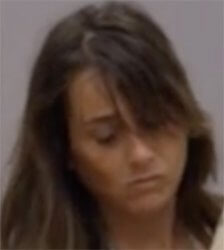
Experienced in multimedia productions and hybrid arts projects, Tania Tsiridou, PhD, was a member of the Organizing Committee of the conference TTT2017 Corfu, as well as the exhibition designer of "Stelarc Alternate Anatomies" (TTT2016) and "Body Esc" (TTT2017). She is a Specialised Teaching Staff in Interactive & Audiovisual Arts at the Department of Audio & Visual Arts of the Ionian University where she is one of the founding members of InArts Lab, Tania Tsiridou has been since a member of the curatorial team coordinating AV-School: Workshops & Seminars Cycle of the Audiovisual Arts Festival for 2021, 2022 and 2023.
(GR)

Experienced in multimedia productions and hybrid arts projects, Tania Tsiridou, PhD, was a member of the Organizing Committee of the conference TTT2017 Corfu, as well as the exhibition designer of "Stelarc Alternate Anatomies" (TTT2016) and "Body Esc" (TTT2017). She is a Specialised Teaching Staff in Interactive & Audiovisual Arts at the Department of Audio & Visual Arts of the Ionian University where she is one of the founding members of InArts Lab, Tania Tsiridou has been since a member of the curatorial team coordinating AV-School: Workshops & Seminars Cycle of the Audiovisual Arts Festival for 2021, 2022 and 2023.
Greece
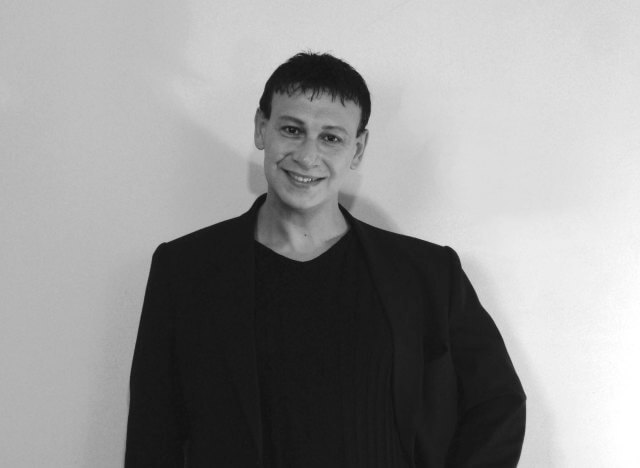
Johannis Tsoumas gained his MA in History of Design at Middlesex University, UK, in 1993 and received his PhD in the History of Art from the Aristotle University of Thessaloniki, Greece, in 2002. He has many publications in various scientific journals to his credit, and he is the author of four books on design and culture: The History of the Decorative Arts and Architecture in Europe and America (1760-1914); The Emergence of Plastics Culture in Greece (1950-1970); Women in Greek Advertisements in the 1960s; and Japan and the West: Mutual Influences in Applied Arts (1540-1960): Seven Essays. He currently works at the Department of Interior Architecture of the University of West Attica, Greece, as an Art and Design Historian and a Fine Arts Tutor. His areas of research interest are nineteenth-century design, art and decorative arts history, and twentieth-century European popular, visual and material culture.
Greece
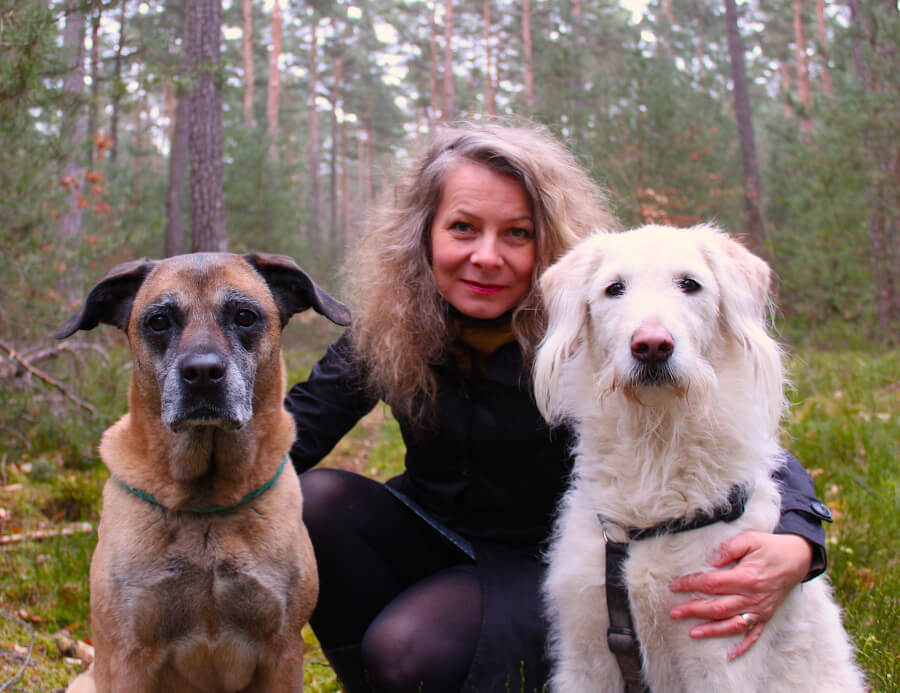
Jessica Ullrich is professor for art history and aesthetics at the University of Fine Arts Muenster. She studied art history, fine arts and German literature in Frankfurt as well as Arts Administration in Berlin. She holds a PhD in art history and has been assistant professor at the University of Arts in Berlin and at the University Nuremberg-Erlangen as well as visiting professor at the University of Fine Arts Muenster and lecturer at the University Frankfurt and Europa University Flensburg. She has been head of the education department at Kunstpalais in Erlangen. She curated art exhibitions and video screenings in Berlin, Utrecht, and Sao Paulo. Jessica published exhibition catalogues, collections of essays, and articles mainly on modern and contemporary art and on human-animal relations in art. She is editor of Tierstudien, the German journal on animal studies.
Germany

Under_Thinker is a London-born artist who works with performance, video and sound. Experimentation and risk are central to his recent practice as is an interest in modular-synthesis and bio-sensory feedback.
United Kingdom
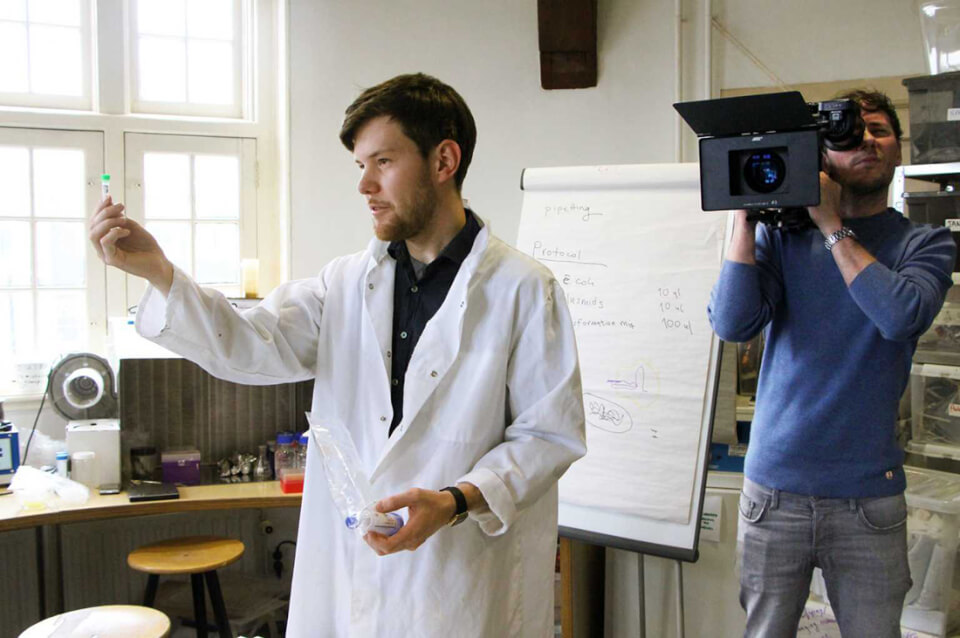
Roland van Dierendonck (NL, 1991) is an artist, biologist and PhD researcher at the Lab4Living, Sheffield Hallam University, translating human-microbe connections into sensory experiences using haptics (touch) and microscopy. Roland has had a long interest in food-related events and workshops, including the Ecosystematic Lunch (Utrecht, 2017), Jörð (2021) and the Riverbank Buffet (Linz, 2021).
Netherlands
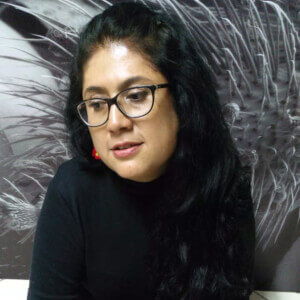
Peruvian trans artist feminist, chola techno-witch and language activist. M.A. Digital Arts, Universitat PompeuFabra, Barcelona, Spain. Founding member of creative and digital heritage division, MyAP - Microscopía Electrónica y Aplicaciones en el Perú, Electron Microscopy Laboratory. Her artistic work is made with technology in concept and realization exploring its relationship with gender, society, and nature. From a decolonizing vision, it develops in the borders of art and science, connecting ancient technologies with the new ones. Her main goal and poetic are to encourage reflection through revelation using technology. ISEA2020 Montreal, ISEA2023 Paris, and ISEA2024 Meanjin (Brisbane) IPC Member. FEMeeting:Taos 2023 and TTT2023 Malta, Scientific & Artistic Committee member. Journal of Science and Technology of the Arts (CITAR) Reviewer. Seven Art Residency Programs: Mexico, Bolivia, USA. She has exhibited her work, organized exhibitions, and given lectures in Peru, Mexico, Bolivia, Argentina, Spain, Cuba, Chile, Norway, Colombia, Brazil, South Africa, Australia, Greece, Ireland, Portugal, Austria, and the USA.
Peru
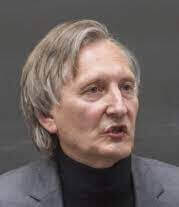
Gwendolyn Miles Smith Professor of Philosophy at Trinity College (CT, USA) and Privatdozent of philosophy at the University of Vienna (Vienna, Austria). Author and (co-)editor of 24 books and 80+ articles; recent books: “Die Literatur ist romantisch“. Marginalie zu Peter Handke (2023 – forthcoming); Slavoj Žižek und die Künste (2022); Jacques Rancière und die Literatur (2020); Zwischen Sensologie und ästhetischem Dissens (2019); Bruchlinien Europa(s) (2016); Adorno and the Concept of Genocide (2016); Ästhetisch-Politische Lektüren zum “Fall Wagner“ (2015).
United States
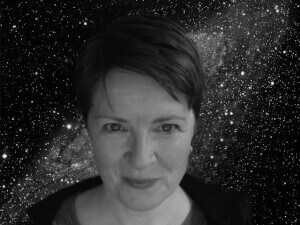
Anna Walker, PhD, is an artist, writer, and researcher, who has exhibited her work nationally and internationally. She was awarded an MA in Fine Art from Southampton University in 1998, and a certificate in Psychotherapy from CBPC, Cambridge, in 2010. An interest in the effects of trauma on the body, developed during her work as a psychotherapist, led her to a PhD in Arts and Media at Plymouth University, which she completed in May 2017. Using a multidisciplinary approach her research shifts between video, sound, performance and writing. In her practice, she embraces methodological abundance to facilitate a greater understanding of memory, trauma, and its wider cultural implications. Over the past 5-years she has focused her research on understanding the passage of trauma through collective bodies and the landscape, using traditional storytelling as a vehicle to hold, address and embolden alternative narratives for the future.
United Kingdom
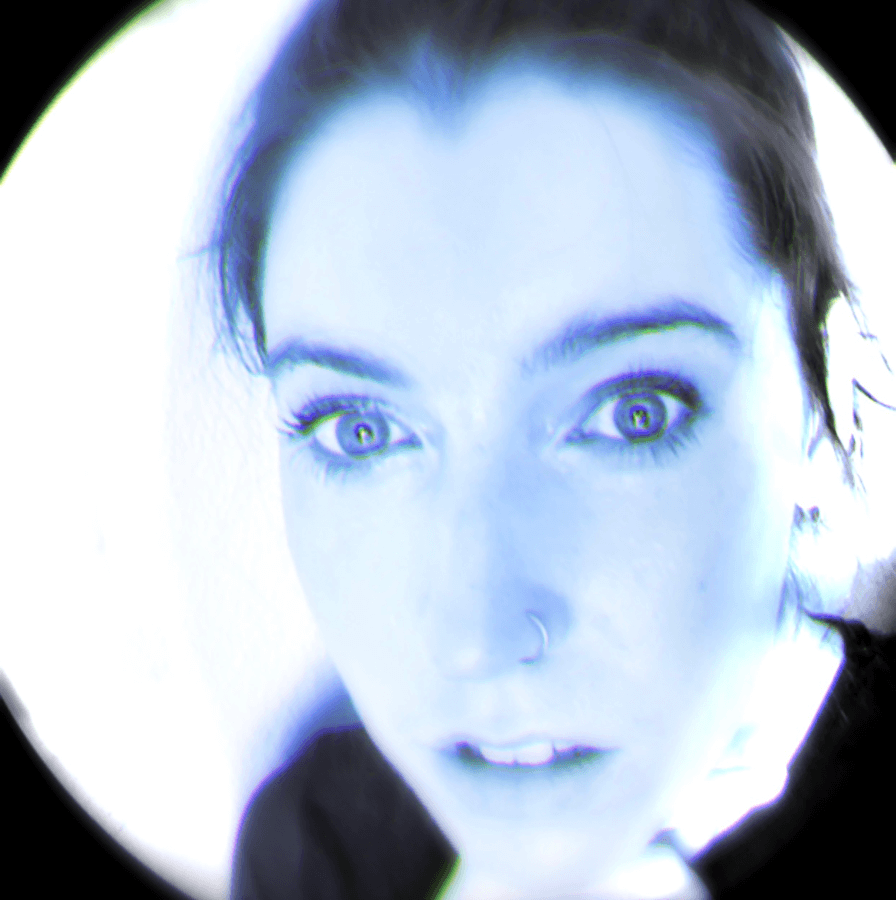
Lyndsey Walsh is an American artist, writer, and researcher based in Berlin, DE. Lyndsey has a Bachelor’s in Individualized Studies from New York University and a Master’s in Biological Arts with Distinction from SymbioticA Centre of Excellence in Biological Arts at the University of Western Australia. Lyndsey is enthralled by the ruptures in the corporeality of culture caused by technology. They are also fixated on the creatures born from these ruptures that embody collective cultural fears and technologically mediated desires. Lyndsey’s practice sets out to question the cultural binaries of human-non-human, diseased-healthy, and life-machine. Currently, Lyndsey is the first and only residing artist of the Department of Experimental Biophysics at Humboldt Universität zu Berlin. Their work has been featured in events and with institutions such as Frieze Art Week New York, the Humboldt Forum, the Ural Biennial, the Berlin Biennale, Athens Digital Arts Festival, Transmediale/CTM, and more.
Germany
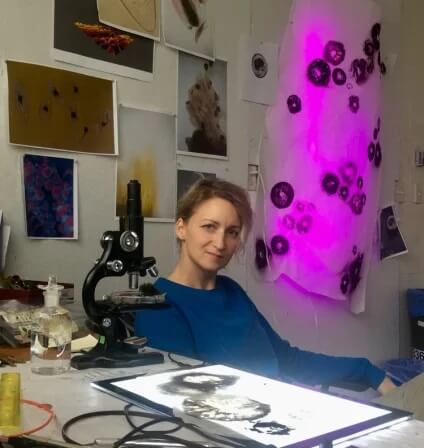
Darya Warner works at the intersection of art and science by bridging growth/ connections with human and non-human actors through the prism of Climate Change. By addressing site-specific history, ecology, and local systems of communication, Darya aims to cultivate a new form of hybrid space for “intermatter” interaction with an emphasis on the interconnectivity of intelligence across species. Her research explores the Biophilia Hypothesis, also known as “the love of all living things,” as a crucial factor in reconnecting humans and nature. She explores this relationship via interactive installations, visual displays, photography, sound, time-based media, and bioart in the new form of hybrid matter based on care. In addition, she addresses issues of environmental impact among artists and connects creative processes to earth-conscious practices. Darya is an educator working toward implementing sustainable art practices as part of the educational curriculum at the US Air Force Academy. Born in Ukraine she moved to the United States in 2001. Darya graduated from the School of Visual Arts (BFA) and got her MFA from University at Buffalo. She has exhibited nationally and internationally, including in NYC, Denver, Albuquerque, LA, Miami, India, and Germany, and received multiple grants to support her projects. Darya teaches photography and art+science collaborative practices at the United States Airforce Academy, Colorado.
United States
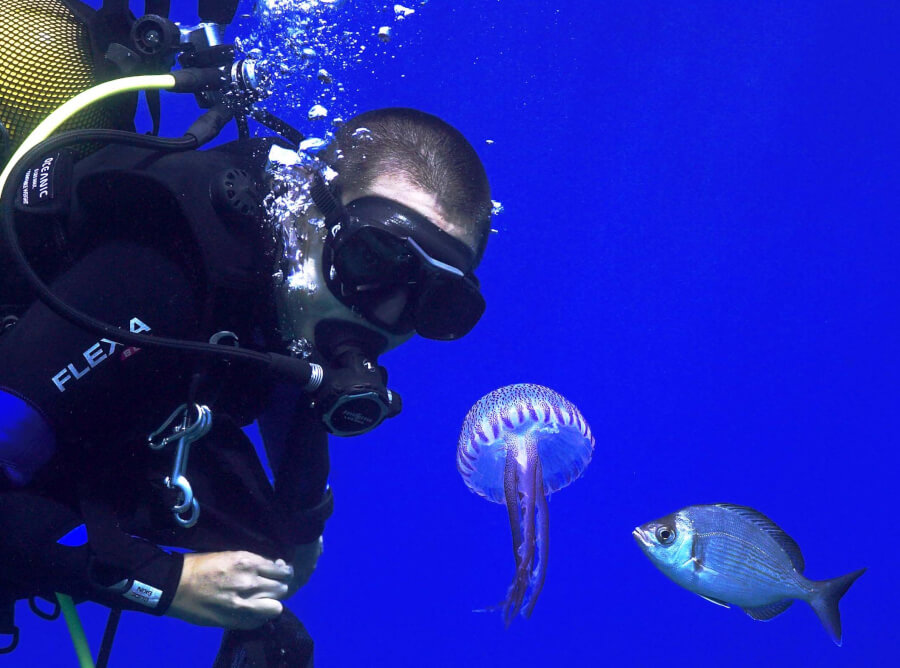
Anja Milena Wegner is a transdisciplinary researcher and marine science educator. In her academic work, she examines questions about the coexistence and co-creation with marine organisms. With her PhD project, she develops a new approach to collaborations between art and science by combining quantitative biology and environmental philosophy. The artistic imagination of her collaborations informs her approach to the marine fish whose social behaviour she studies and allows her to contextualise her biological work within a broader scope (see Fish Architecture for more). Education is the other focus of her work. Her workshops or pedagogical interventions revolve around the ocean or biology. As a pedagogical engineer, Anja tailors her workshops and interventions to different target groups, such as teenagers, art or biology students, or the general public. Anja is a PhD student in the Jordan Lab and is funded by the Max Planck Institute of Animal Behaviour and TBA21 Academy. She is based in Germany but spends extensive periods at the Alligator Head Foundation in Jamaica and at STARESO Corsica for her fieldwork. She received a B.Sc. and M.Sc. in Life Sciences from the University of Konstanz and a M.Res. in Education and Technology at the Université de Paris, France.
Germany
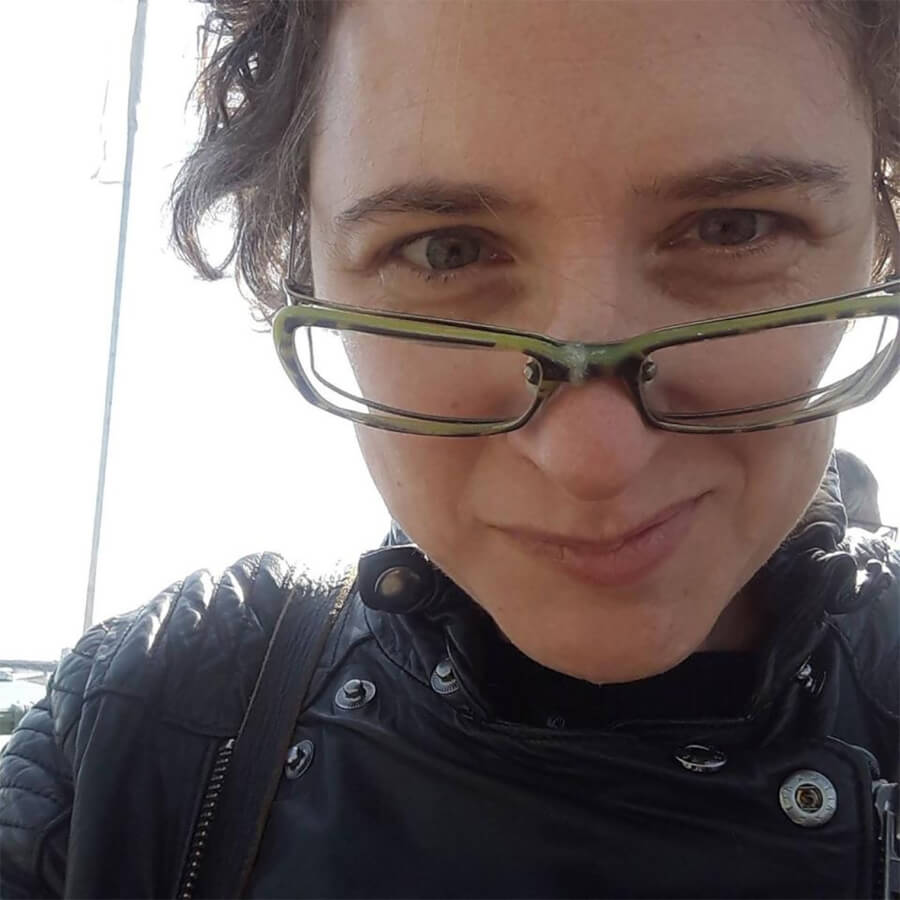
Wenzel hacks into stereotypes and structures of Urban consumption, providing ready-to-go products to survive patriarchy: prosthesis to complete bodies defined as lacking; devices and costumes to change ideas and body perception; machines and survival kits for tackling the obstacles of hegemonial culture. She works about Queer Ecologies and hybrid bodies, infiltrating urban systems and services – from the streets to the internet. Her techniques range from surveys to Speculative fiction to explore the collective production of culture, interfaces of art and science, and the production and negotiation of public space.
She is an internationally active artist and professor for Aesthetic Practice in its Contexts at European University Flensburg, Germany. She has been a Senior Fellow at IFK/Linz Art University and a Fulbright Exchange Scholar and guest professor at SVA in New York 2009-10. She has received numerous grants, taught at international institutions, and run all kind of open space, open source art initiatives. Her works can be found in international collections, f.ex. Deutsches Historisches Museum, Berlin, Deutsches Technikmuseum Berlin, LWL Museum für Kunst und Kultur - Westfälisches Landesmuseum, the Artist’s Book Collection at Telavi State University etc.
Publications include
Käthe Wenzel: Mixed Systems. Works 2010-2018, with esssays by Gabriele Dietze, Jessica Ullrich, Matthias Reichelt. German and English, 232 p. Kerber Verlag, Berlin 2019.
Käthe Wenzel/ Manfred Blohm (ed.): HalfLife – Machines/Organisms – artistic positions in the context of climate change and extinction. German and English, 202 S. Fabrico Verlag, Hannover 2018.
Germany
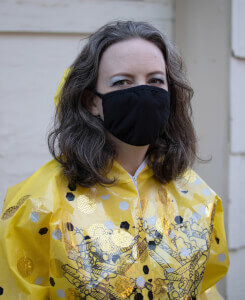
Dr. Jennifer Willet is a Canada Research Chair in Art, Science, and Ecology and an Associate Professor in the School of Creative Arts at the University of Windsor (Canada.) Willet is Director of INCUBATOR Lab an art/science research laboratory and studio in downtown Windsor. She is an internationally successful artist and curator in the emerging field of bioart. Her work resides at the intersection of art and science, and explores notions of representation, the body, ecologies, and interspecies interrelations in the biotechnological field. www.incubatorartlab.com
Canada
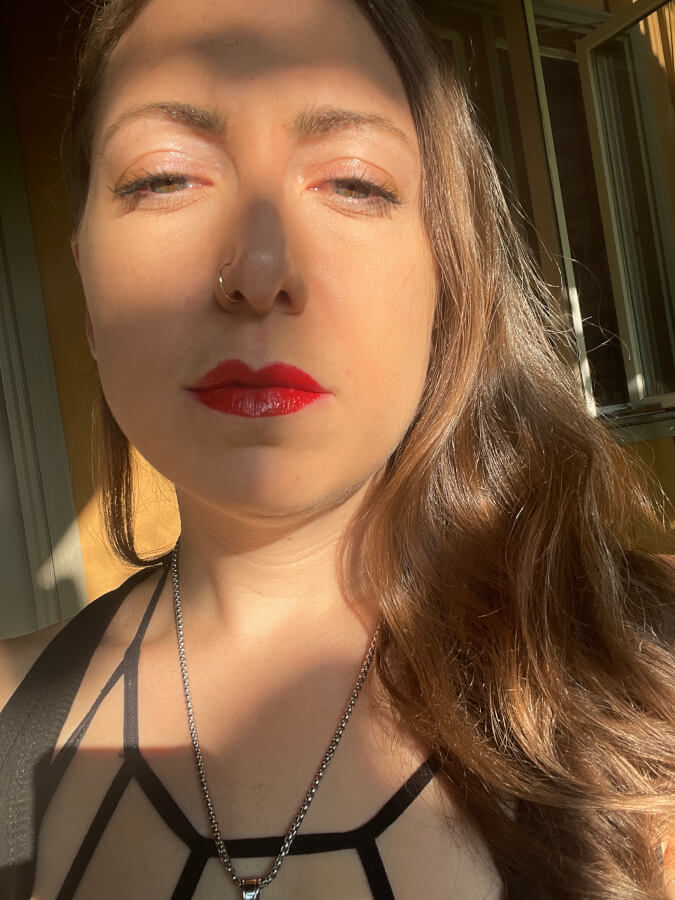
Allie E.S. Wist is a scholar-artist, currently in the interdisciplinary Arts PhD program at Rensselaer Polytechnic Institute. She focuses on sensory futures and materiality of the Anthropocene. Her work encompasses photography, radio broadcasts, artifacts, installations, and writing that render temporalities accessible through material and speculative narratives. Her current work is to create a sensory and material "anarchive" for the Anthropocene, using stratigraphy, discard studies, and sensory studies to frame alternative archival strategies. She has taught at New York University and The New School; she has an MA in Food Studies from NYU and a BA in Media from Boston University, and worked in food media for over a decade. Her artwork has been exhibited with Honolulu Biennial, The Nobel Prize Museum, The Wellcome Collection, and HESSE FLATOW.
United States
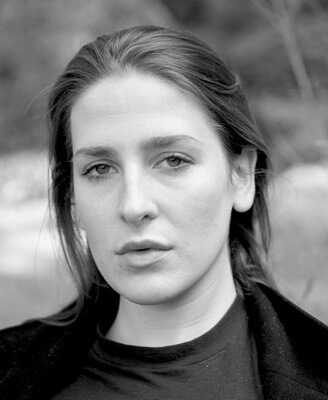
Philadelphia, PA
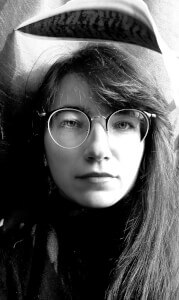
Agnieszka Anna Wołodźko, received her PhD at Leiden University in 2018. She is a lecturer and researcher teaching contemporary philosophy and art-science at AKI Academy of Art and Design ArtEZ since 2017. At AKI she has initiated a biolab space where she runs a BIOMATTERs, an artistic research programme that explores how to work with living matters. Her research focuses on post-humanism, ecocriticism, affect theory and new materialism at the intersection of art, ethics and biotechnology. Selected recent publications include: “Ars Demones*2022*Manifesto,” in Footprint. Delft Architecture Theory Journal; “Demonological re-enchantments – or how to contaminate through intimate stories of commons without consensus,” in Technoetic Arts: A Journal of Speculative Research; ‘Living Within Affect As Contamination: Breathing In Between Numbers’ in Capacious: Journal for Emerging Affect Inquiry; ‘Materiality of Affect: How Art Can Reveal the More Subtle Realities of an Encounter’, in This Deleuzian Century: Art, Activism, Life, edited by Rosi Braidotti and Rick Dolphijn; Affect as Contamination. Embodiment in Bioart and Biotechnology, Bloomsbury, 2023.
Netherlands
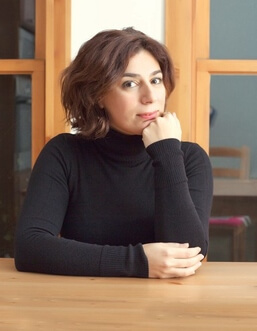
Ebru Yetiskin works as an associate professor in the Department of Sociology in Istanbul Technical University (ITU). Her works are focused on co-producing transdisciplinary and experimental research in science, technology, politics, and arts. After studying Radio-TV-Cinema at Istanbul University (IU), she completed her MA in Science, Technology, Society (STS) at Louis Pasteur University and ITU. She received her PhD in Sociology in Mimar Sinan Fine Arts University after working as a visiting researcher in Ecoles des Mines de Paris, Centre de Sociologie de l'Innovation. Her curatorial research includes exhibitions such as Cacophony (2013), Code Unknown (2014), Waves (2015), Witness of Flow (2021) and public seminar series, such as Contagious Bodies (2015-2016), Contemporary Art: Yet Another (2017-2018), STS Talks (2018-2020) and Within Curiosity (2023). Among her international (co)curatorial works, there are Dystopia Sound Art Festival / Berlin (2018), a'21 amber Network Festival on PostDigital Ignorance (2021), and Entr'acte (2022) in Belgrade. She is a founding member of IstanbuLab: STS Platform and FEMeeting - Women in Art, Science and Technology, and vice president of International Association of Art Critics (AICA) Turkey (2020-2022).
Turkey

Turkey

Performer and director Yoshimitsu Yoshiya holds a bachelor degree in Art history from Doshisha University (2019) and a Masters Degree in Intermedia from Tokyo University of the Arts. He creates performance works focusing on object theater, a genre of puppetry. He explores ways of encountering non-humans and others while using a variety of techniques, including dance, singing, acting, instrumental performance, juggling, and puppetry. Recently, he has been focusing on the relationship with family and others and trying to relate to objects as holders of those memories.
Japan
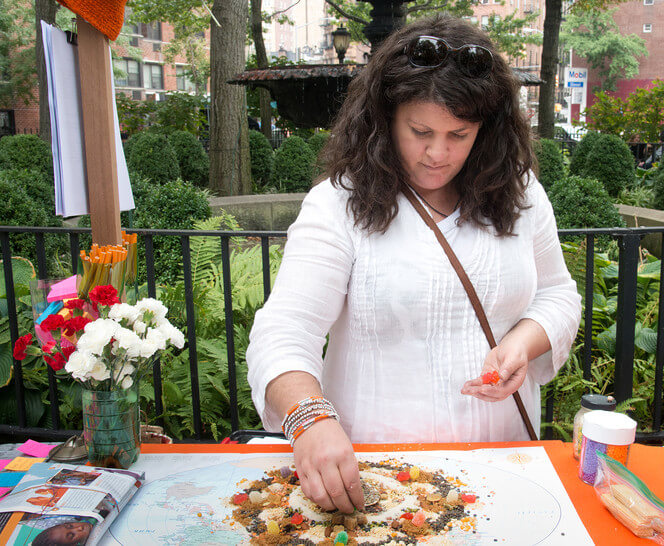
Jennifer Zackin has been integrating public art, sculpture, installation, performance, collaboration, ceremony, photography, video, collage and drawing into acts of reverence and reciprocity. Whether wrapping trees in patterns of brightly colored rope, growing medicinal herbs in a public garden for public use, offering large masses of rose petals to oceans and lakes, creating absorbent tentacles ("hair booms") out of salvaged materials to aid in the clean-up efforts of toxic spills, Zackin seeks to engage and create community in her process, bringing art and ritual into everyday life. Every act is an exploration of exchange, communion, performance, skill-sharing and mark-making. Her work has been exhibited in national and international museums, including the Whitney Museum of American Art NY, Aldrich Museum of Contemporary Art CT, Spertus Museum - Chicago IL, Rose Museum MA, the Wexner Center for the Arts OH, Contemporary Art Museum - Houston TX, The Henie Onstad Kunstsenter, Høvikodden - Norway, Institute of Contemporary Art - Boston MA and the Zacheta National Art Gallery - Warsaw, Poland. Commissions include Governors Island NYC with LMCC, Katonah Art Museum NY, Socrates Sculpture Park LIC - Queens NY and the Berkshire Botanical Gardens - Stockbridge, MA. She is the recipient of fellowships and residencies, including Factory Direct at Pinchbeck Rose Farm, Art Omi, Atlantic Center for the Arts and the Skowhegan School for Painting and Sculpture
United States
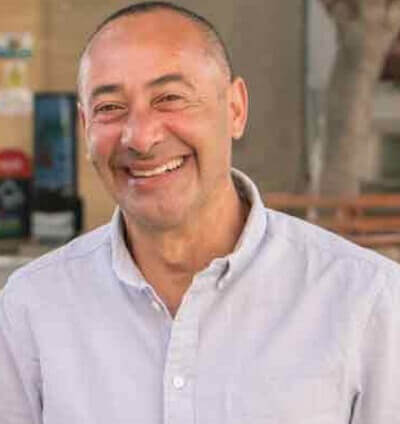
Malta

Croatia
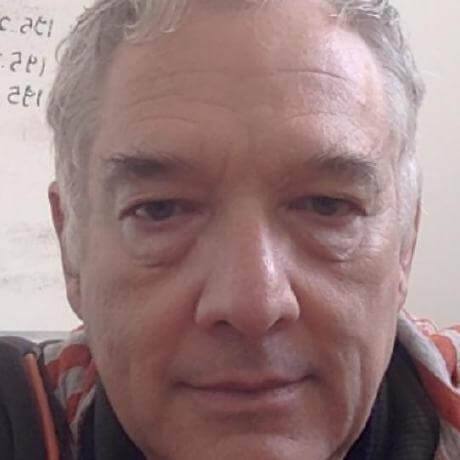
Iannis Zannos has a background in music composition, ethnomusicology and interactive performance.He has worked as Director of the Music Technology and Documentation section at the State Institute for Music Research (S.I.M.) in Berlin, Germany, and Research Director at the Center for Research for Electronic Art Technology (CREATE) at the University of California, Santa Barbara. He teaches audio and interactive media arts at the Department of Audiovisual Arts of the Ionian University, Corfu. Since 2018 he focusses on telematic dance performance with a series of works between Greece, Japan and other countries.
Greece
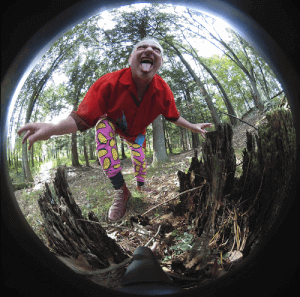
Adam is a Wet-Lab Art Practitioner mixing Ecology, Biotechnology, Non-human Relations, Body Performance and Gastronomy. Zaretsky stages lively, hands-on bioart production labs based on topics such as: foreign species invasion (pure/impure), radical food science (edible/inedible), jazz bioinformatics (code/flesh), tissue culture (undead/semi-alive), transgenic design issues (traits/desires), interactive ethology (person/machine/non-human) and physiology (performance/stress). His art practice focuses on an array of legal, ethical, social and libidinal implications of biotechnological materials and methods with a focus on transgenic humans. The work presented at TTT Malta was developed while a Researcher @ Hub of Art Laboratories (HAL), of the Department of Audio & Visual Arts (AVArts), Ionian University, Greece.
United States
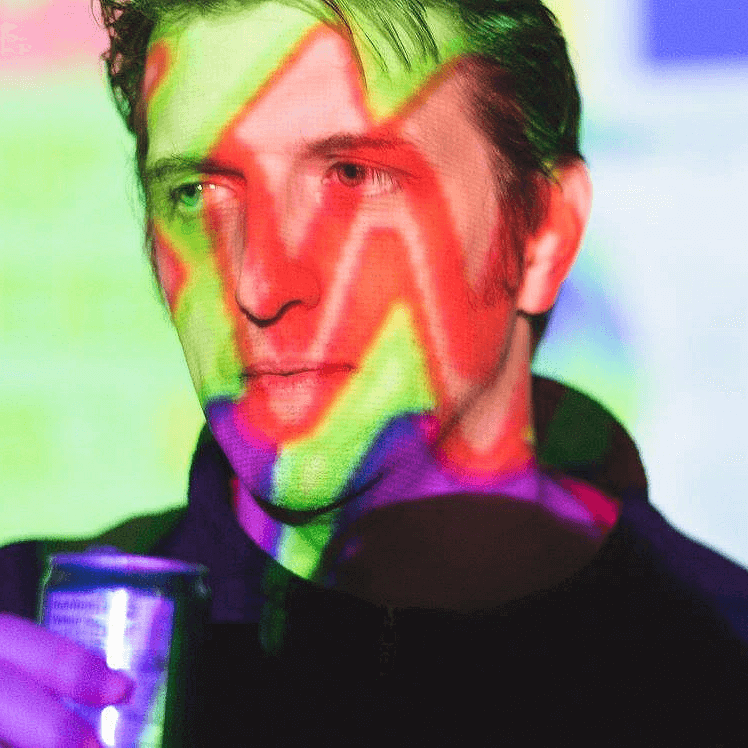
Erik Zepka is a scientist and theorist with expertise in biology, computer science, creativity and technological culture. He is currently engaged in Covid research at the University of Barcelona. He has presented his work globally whether as scientist (Tongji University, Engineers.SG, MIT, Curiosity Collider, Innovation Labs @ Microsoft, New York University, DeTao Institute), theorist (Furtherfield, Publication Studio, V&A Museum, Transfer Gallery, Pearl Art Museum, VIVO Press), or interdisciplinary researcher (Simon Fraser University, Tate Modern, University of Victoria, Shanghaitech, The Whitney Museum, MLA Conference). He is the founding president of the Open Science Network and the founder of the international research organization XOX Labs.
Spain
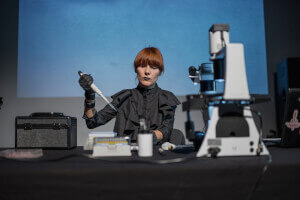
Karolina Żyniewicz is an artist&researcher&educator, a liminal being, existing and performing between various contexts and disciplines. She is a graduate of the Faculty of Visual Arts of the Strzemiński Academy of Fine Arts in Łódź, and holds PhD in cultural sciences (title obtained in the transdisciplinary Nature – Culture doctoral program, at the Faculty of Artes Liberales of the University of Warsaw). While executing art&research projects, she also conducts ethnographic observations, which constitute the basis for her reflections on the role of nonhuman actors in creating contemporary culture. In her work, she underlines the epistemic and didactic dimensions of art. In 2016–2018, she cooperated with the education departments of the Museum of Modern Art in Warsaw and the Zachęta National Gallery of Art, running workshops and museal lessons for regular audiences and with accessibility for visually impaired and deaf visitors. She uses these educational experiences in her own liminal practice. Currently, she lives and works in Berlin. Her full CV can be found on her website: karolinazyniewicz.eu.
Germany
Ionian University
Secretariat - Conference TTT Webteam
Tsirigoti Square 7, 49100 Corfu
Ionian Islands Region, Greece
av-ttt@ionio.gr

